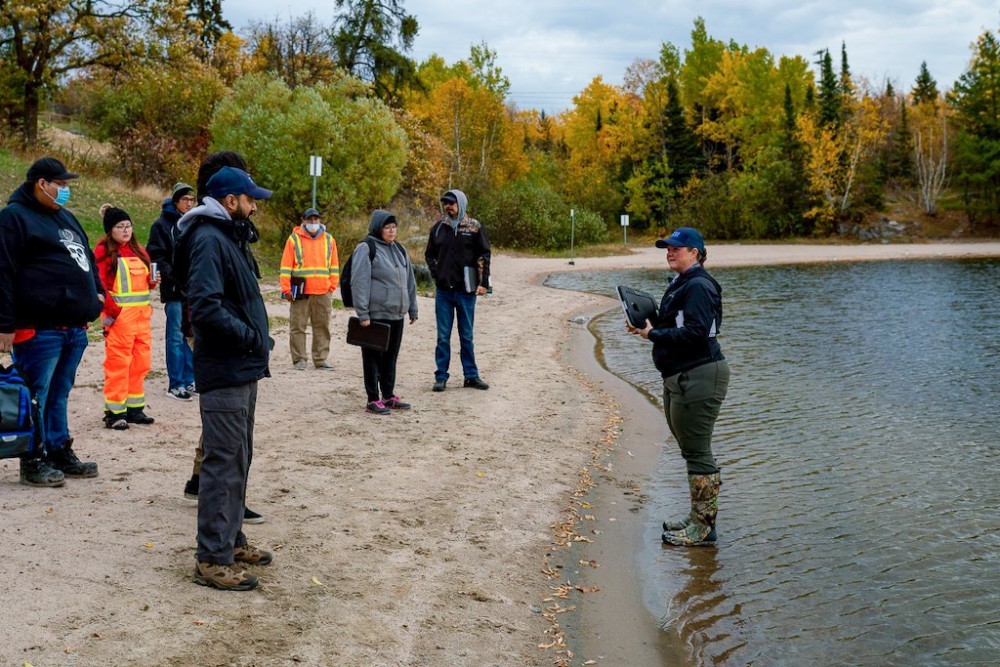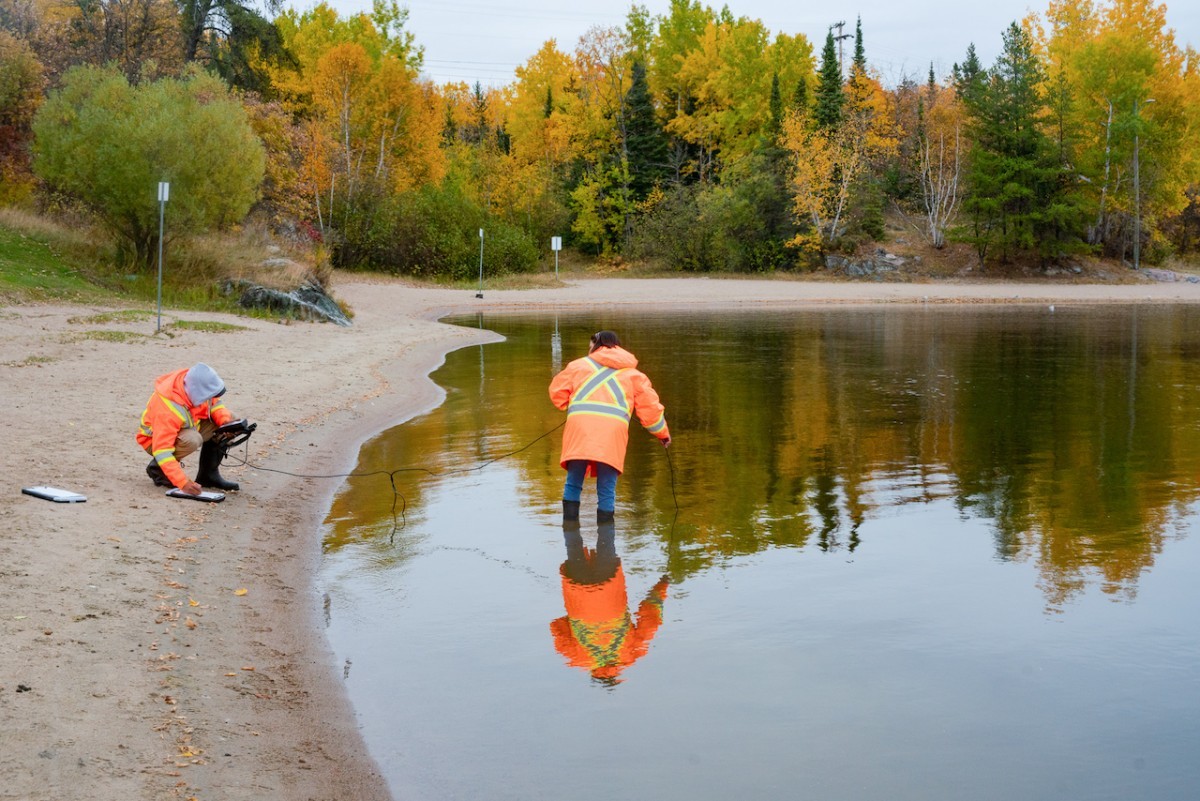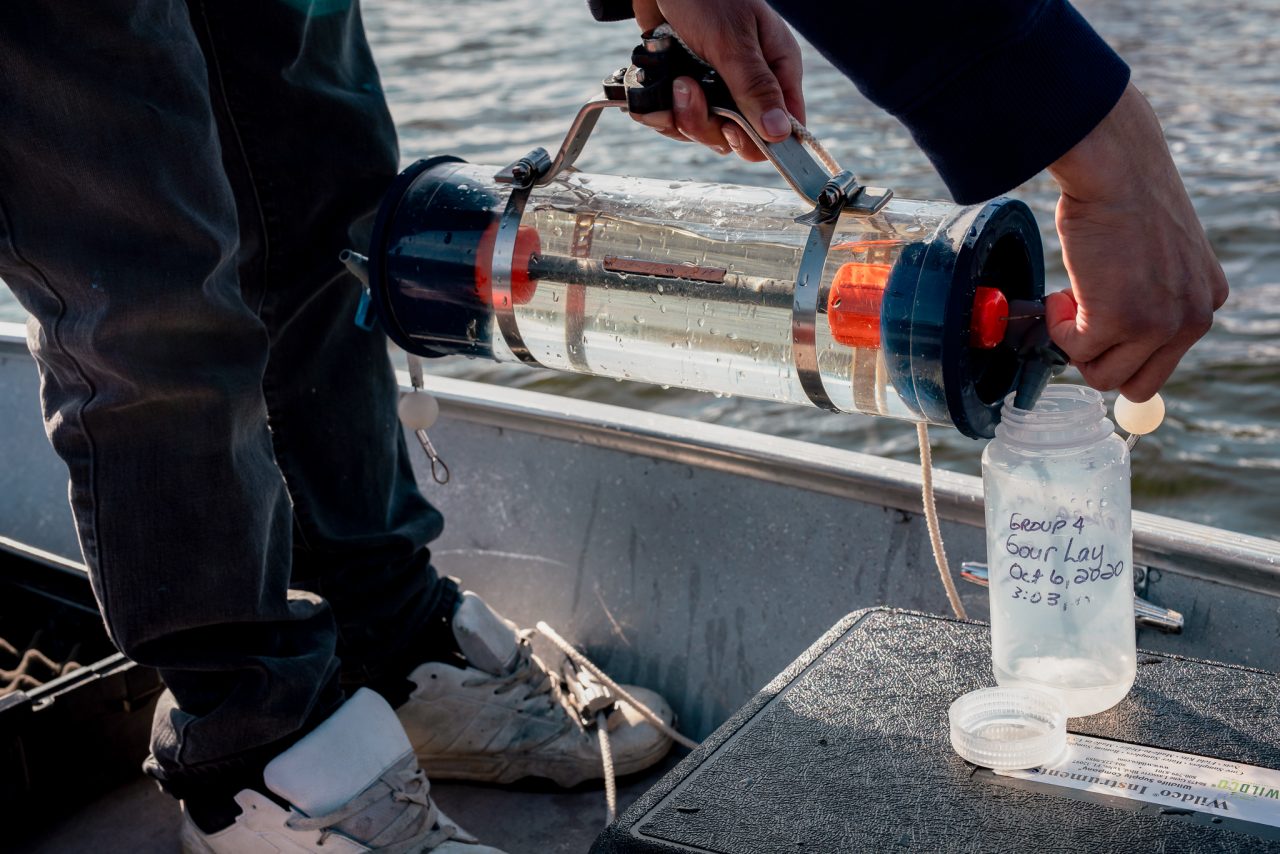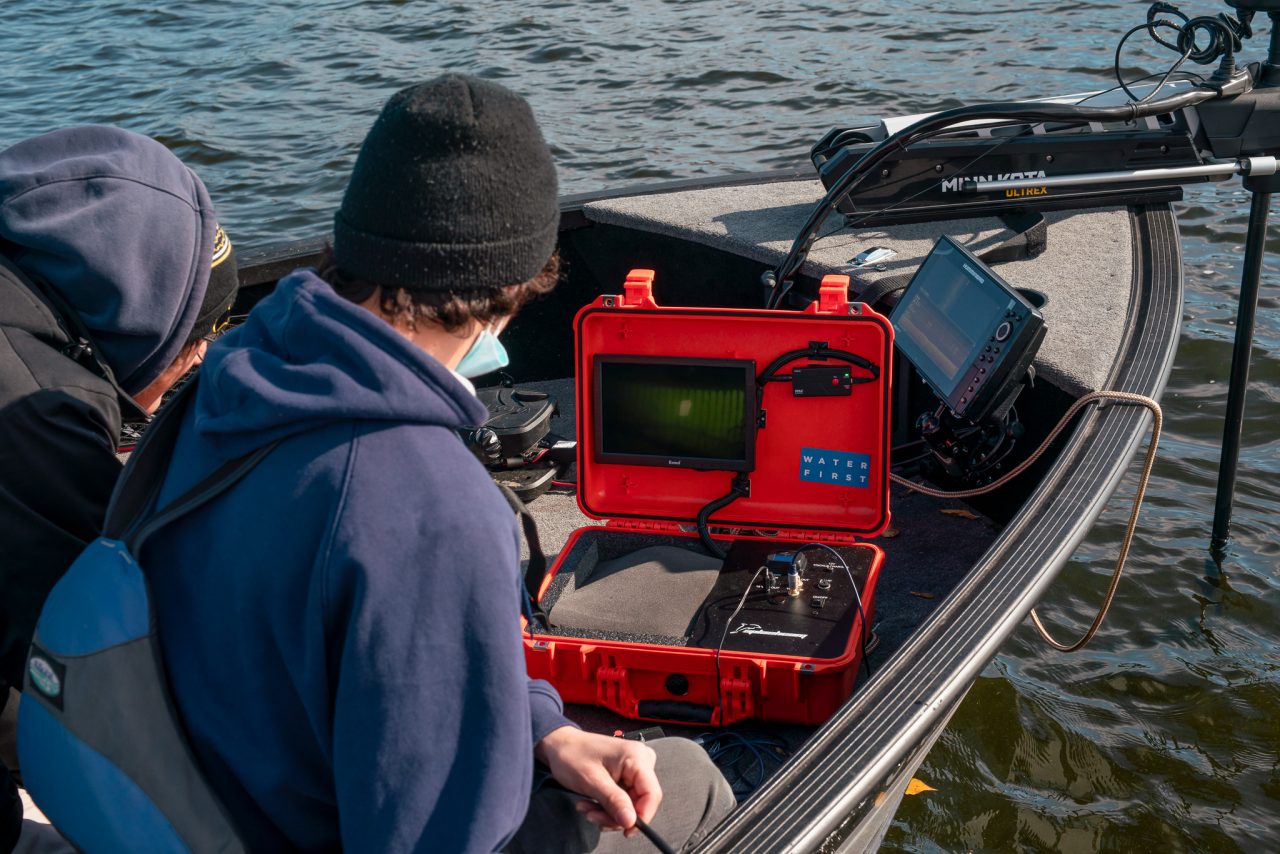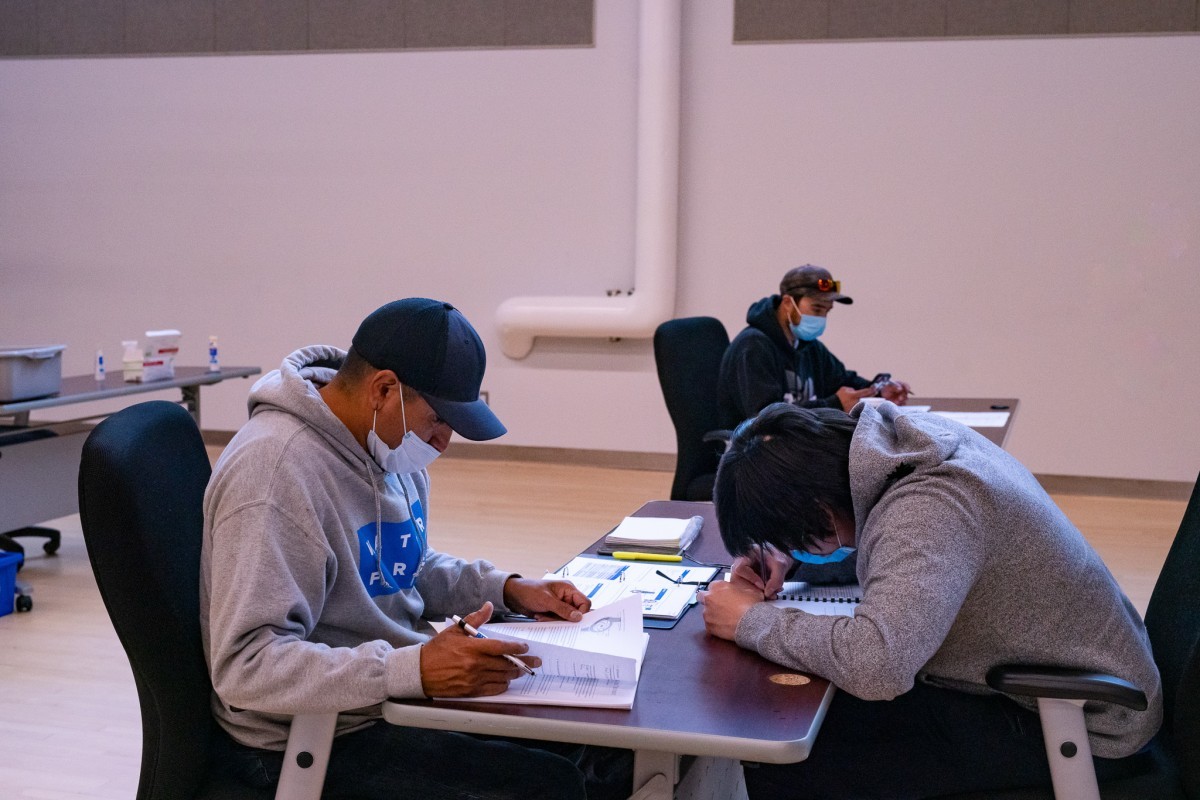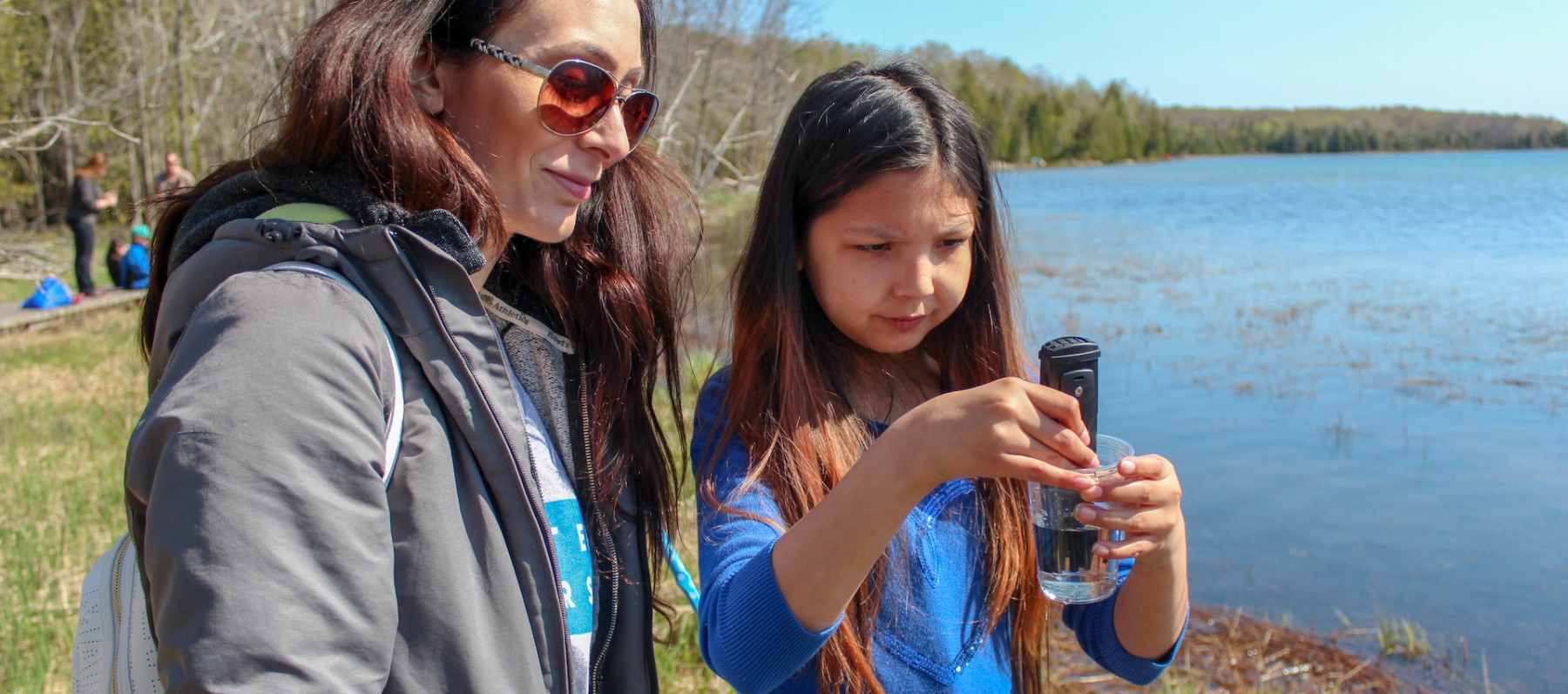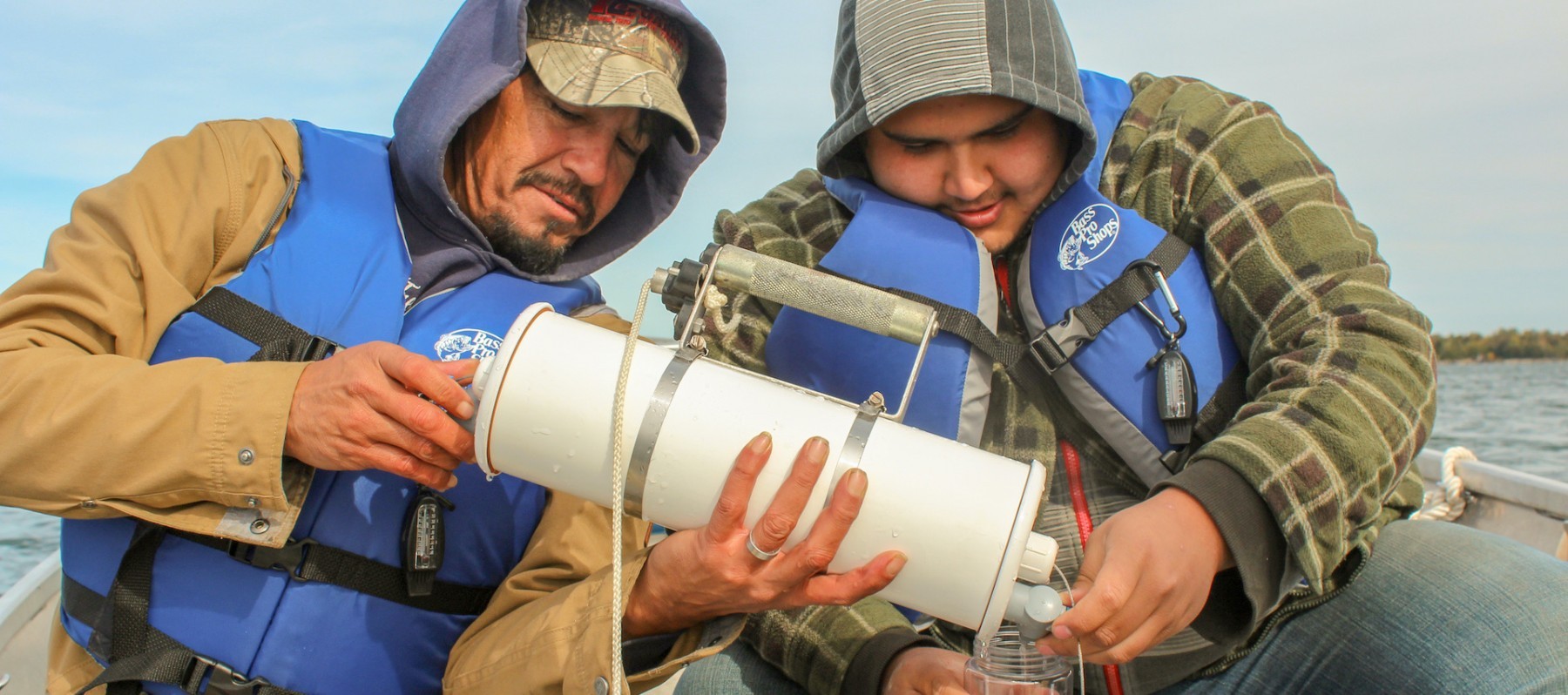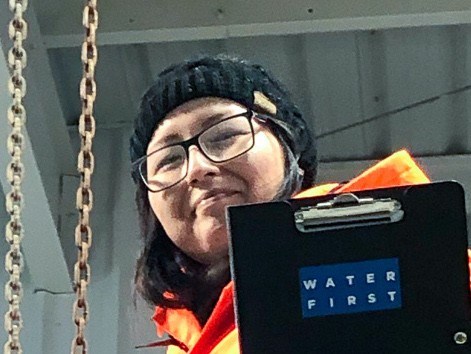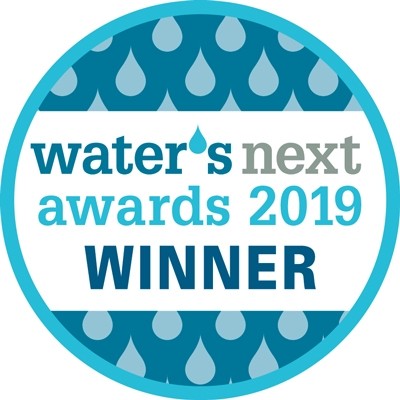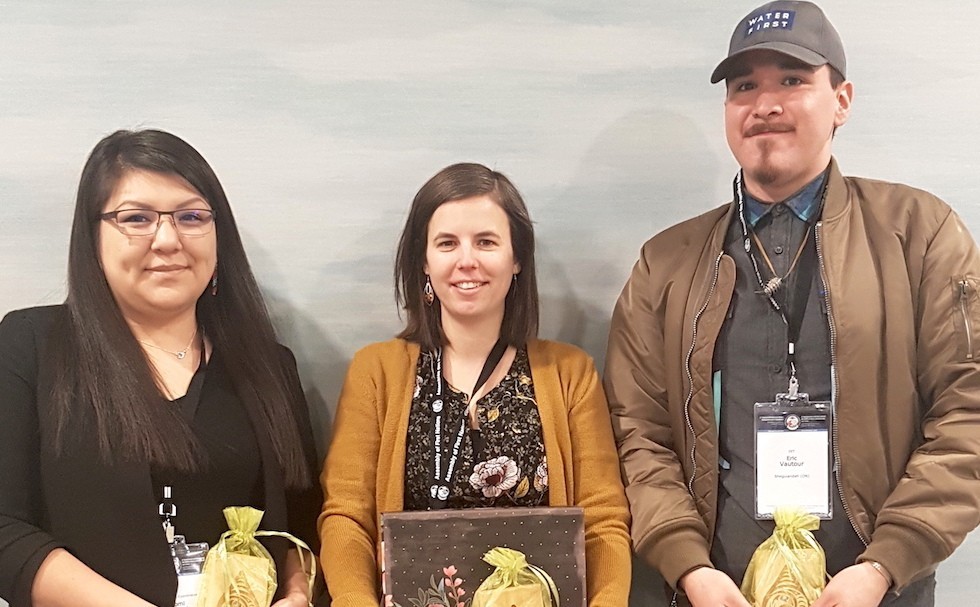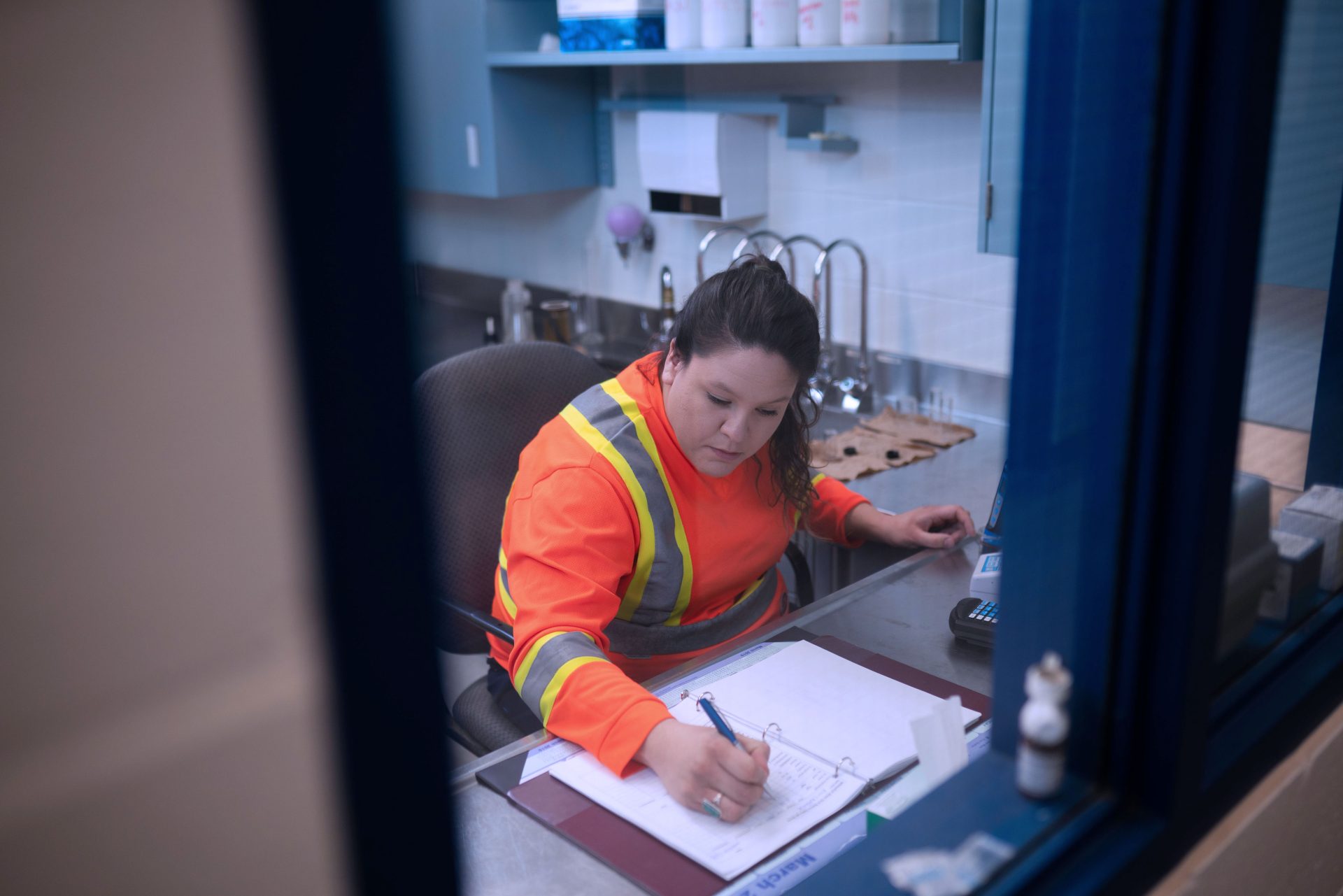Considering the Barriers to Clean, Safe Water on World Water Day
On March 22, Water First asks us to reflect on the safety of a resource many of us take for granted
Creemore, Ontario March 20, 2024 — As we approach World Water Day on March 22, Water First Education and Training Inc. wants to know what safe water means to you.
For the Creemore, Ontario-based nonprofit, safe water means continuing to collaborate with Indigenous communities that have identified education and training as critical solutions to many water challenges. It means removing barriers to opportunities that may exist in other classroom models. It means building local capacity for independent and long-term water protection. It means skilled, passionate people working in their communities.
From the launch of the recent Drinking Water Internship Program with Interlake Reserves Tribal Council in Manitoba – the first such program to be implemented outside of Ontario, to the new ground-breaking Environmental Water Internship Program, Water First is dedicated to working in collaboration with Indigenous communities across Canada to support safe water sustainability.
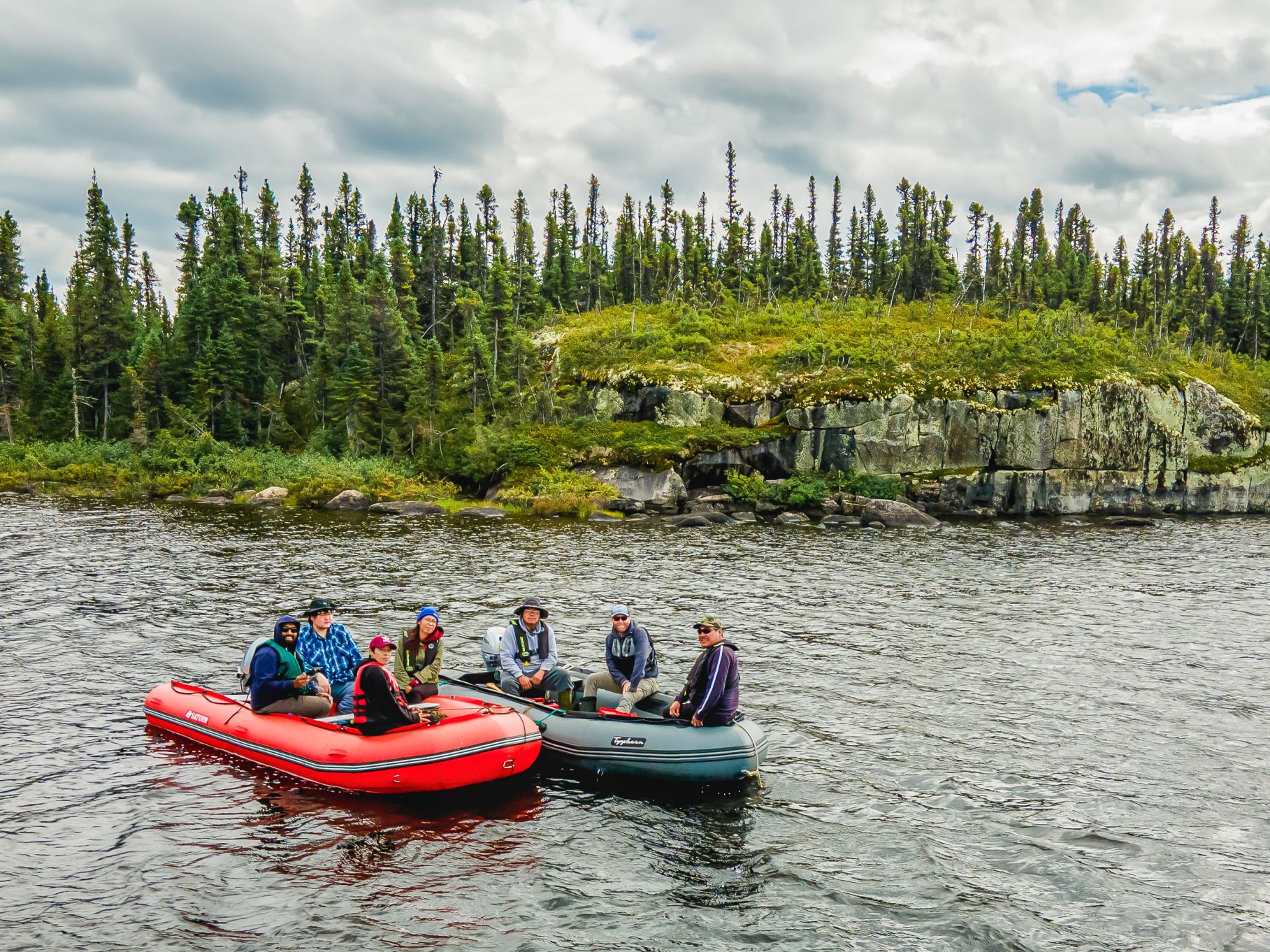
Safe water can mean a lot of things, from the personal to the practical, and it means something different to every person in every community. For most of us, safe water means not even considering the act of turning on the tap, cooking dinner, or taking a shower. But for Indigenous communities across the country, safe water supply is at risk.
Access to safe, clean water in Indigenous communities in Canada continues to be a critical issue. In Canada, 14 percent of First Nations are affected by a drinking water advisory. The challenges are complex and layered. Communities may face issues relating to infrastructure, source water quality, or people to manage water systems – or more than one of these issues at a time.
Reflecting on the importance of World Water Day and raising awareness of the disproportionate effects of climate change and the number of drinking water advisories in Indigenous communities, John Millar, Water First’s Founder and Executive Director, says, “To me, safe water means the ability to feel respected because everyone should have access to safe, clean drinking water in Canada. It is disrespectful that the vast majority of people in Canada do – while far too many people in Indigenous communities do not.”
Many Indigenous communities in Canada have identified the need for more qualified, local personnel to support solving water issues. Water First training, education and internship programs, developed in collaboration with the communities in which these programs are being implemented, help ensure that there are skilled people to keep local water safe for the long term.

For Hunter Edison, a graduate of the Drinking Water Internship Program now employed as the lead operator at his community’s water treatment plant in Niisaachewan Anishinaabe Nation in Northwestern Ontario, safe water means that everybody in his community can turn on their tap, fill a glass of water and drink it. Thanks to his training and employment, “If any problems arise within the community they can be addressed and resolved within a timely manner with my team.”
“To me, safe water means turning on the tap and not wondering if the source of the water was safe, or considering what equipment was used by how many skilled people,” says Water First Project Manager Krysta Wordock. “Water Operators are the invisible superheroes who make safe, clean drinking water possible.”
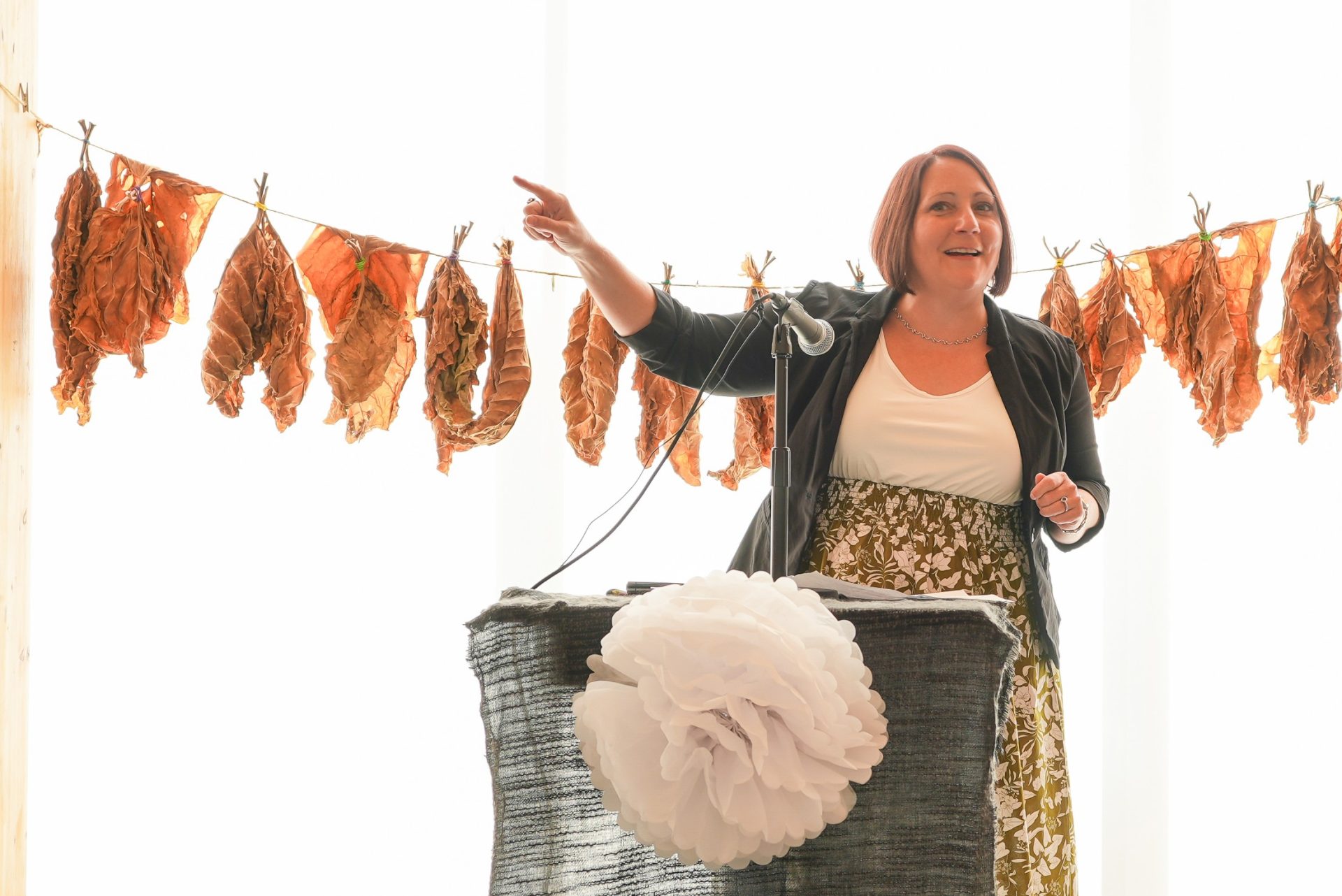
Says Millar, “Safe water means the ability to focus on other important things in our lives like family and friends and work and school because we’re not preoccupied with trying to figure out where we’re going to get safe water from.”
For more information on Water First’s #SafeWaterMeans campaign, and for opportunities to help support programs that address water challenges in Indigenous communities across Canada, visit www.waterfirst.ngo/springcampaign.
-30-
World Water Day is a global effort coordinated by the United Nations to raise awareness and inspire action to tackle the global water and sanitation crisis. This year’s theme is “Water for Peace.” Learn more at https://www.un.org/en/observances/water-day.
About Water First Education & Training Inc. (Water First):
Water First is a registered Canadian charity that works alongside Indigenous communities to address water challenges through education, training, and meaningful collaboration. Since 2009, Water First has collaborated with more than 90 Indigenous communities located in the lands now known as Canada while supporting Indigenous youth and young adults to pursue careers in water science. Learn more: www.waterfirst.ngo.
For more information, please contact:
Ami Gopal
Director of Development and Communications
Water First
1-800-970-8467 ext. 106
ami.gopal@waterfirst.ngo
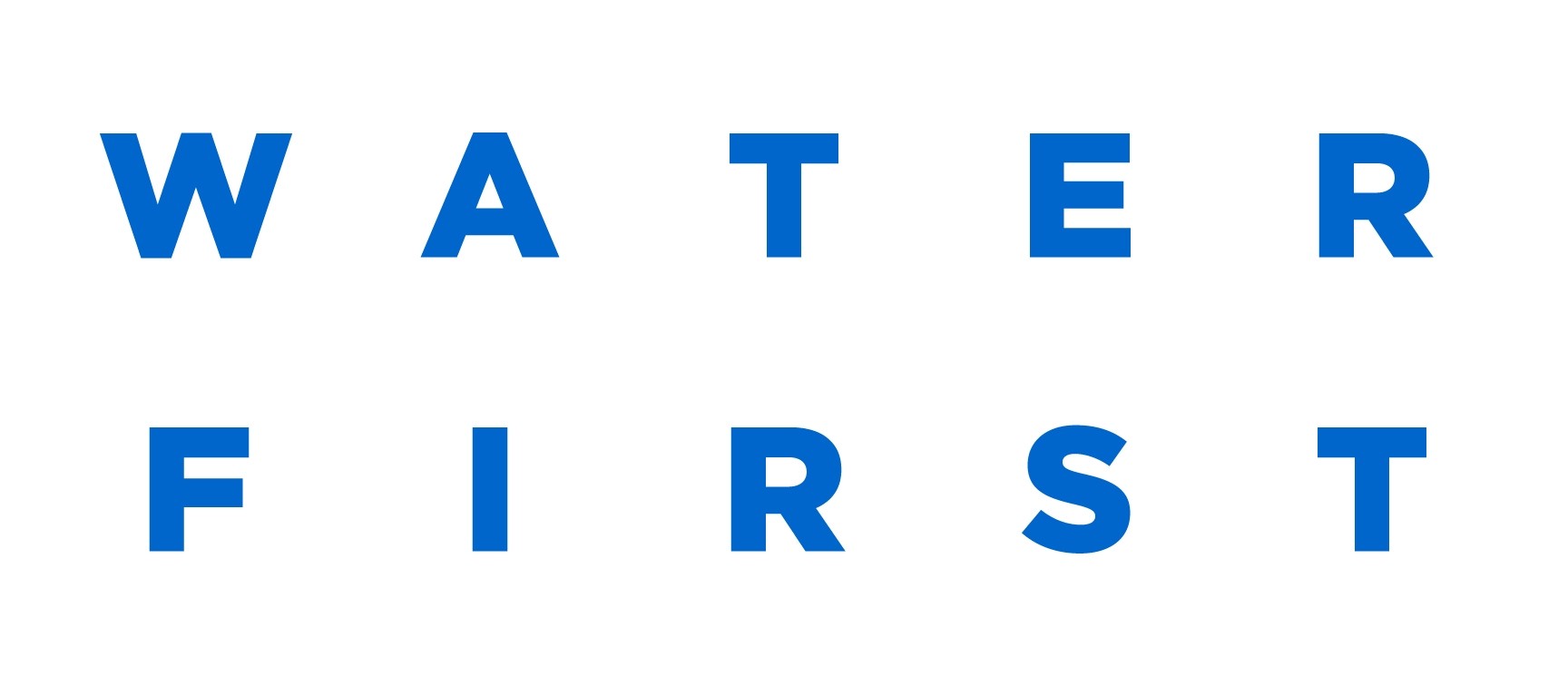

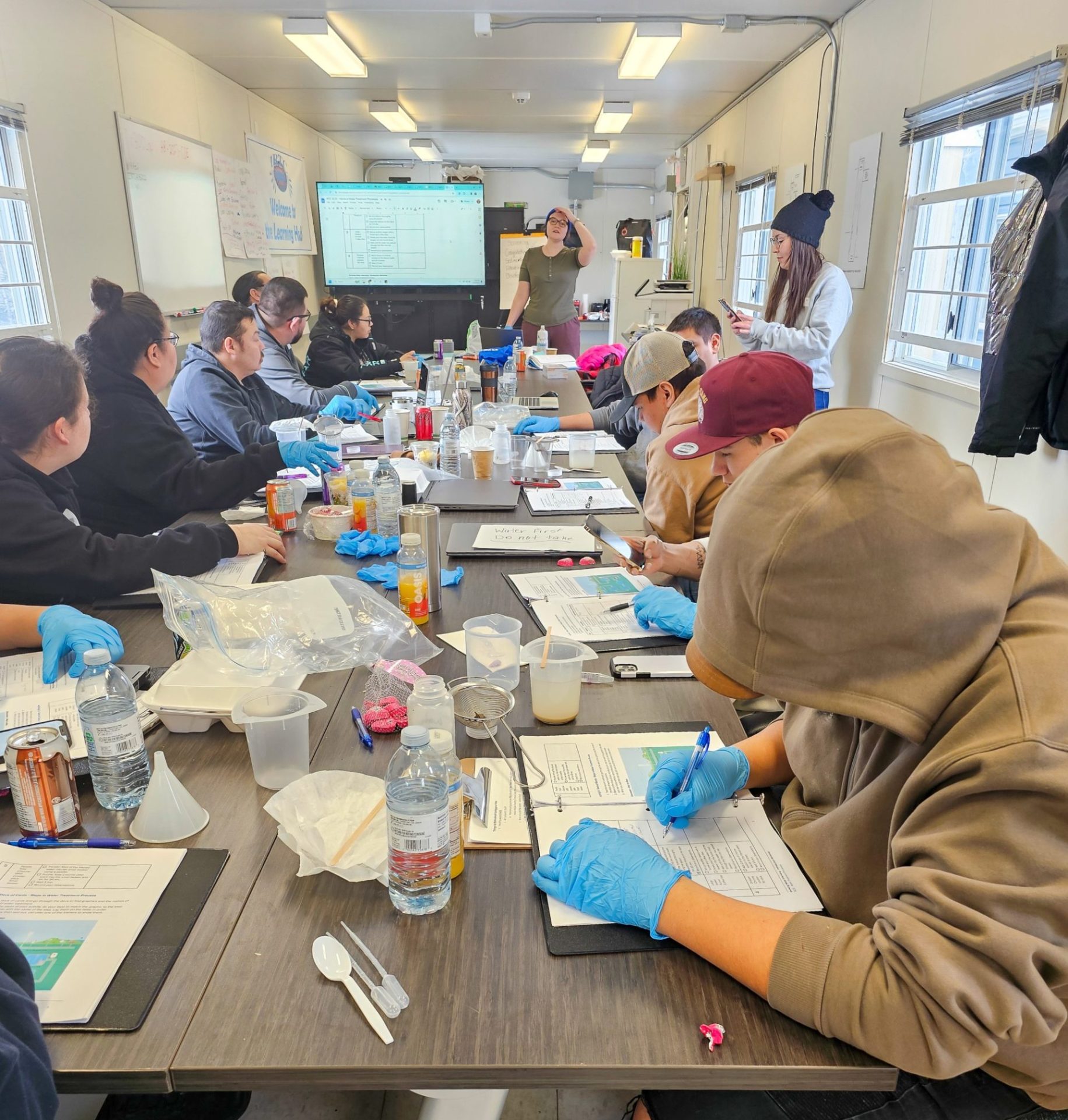
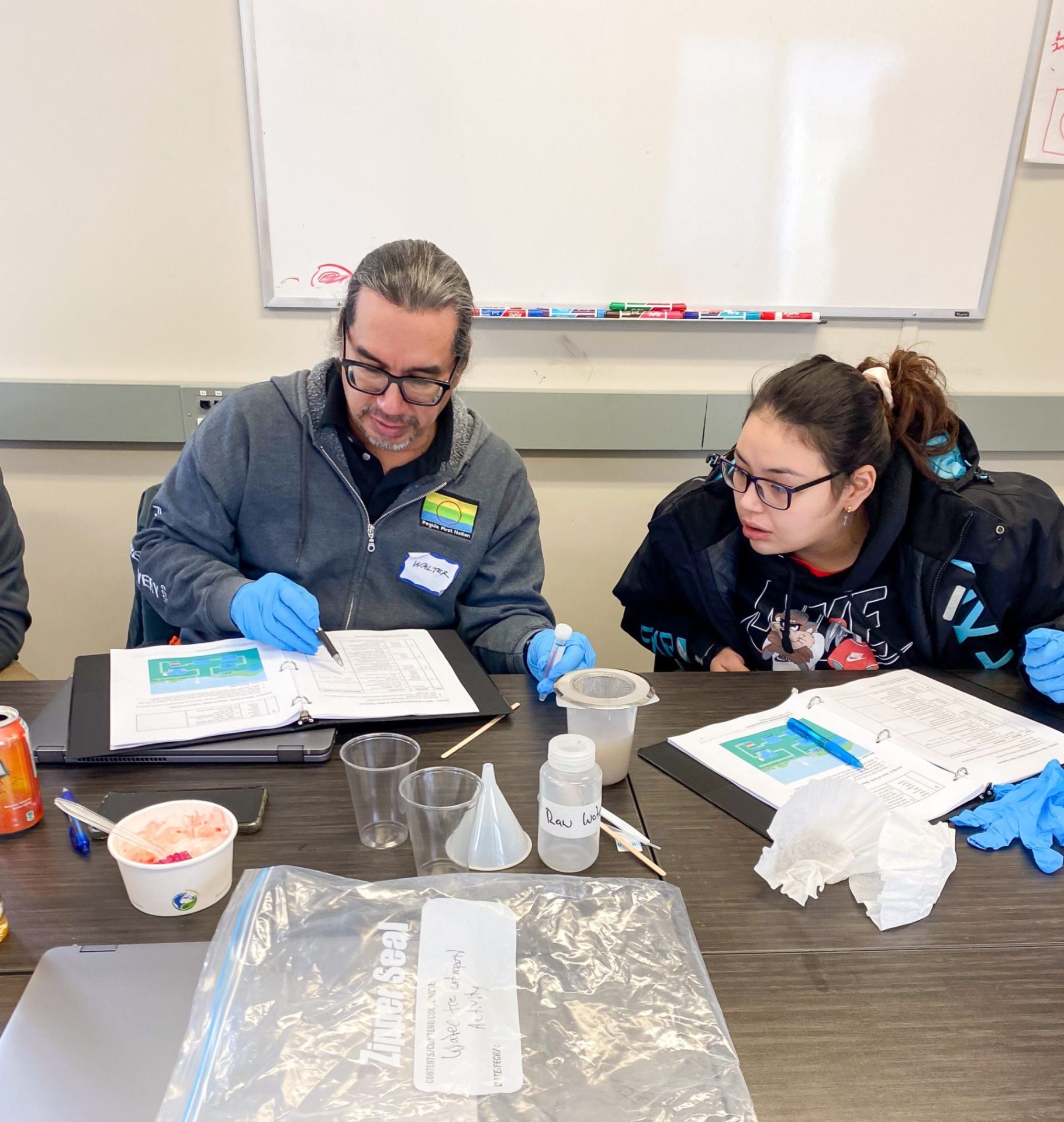
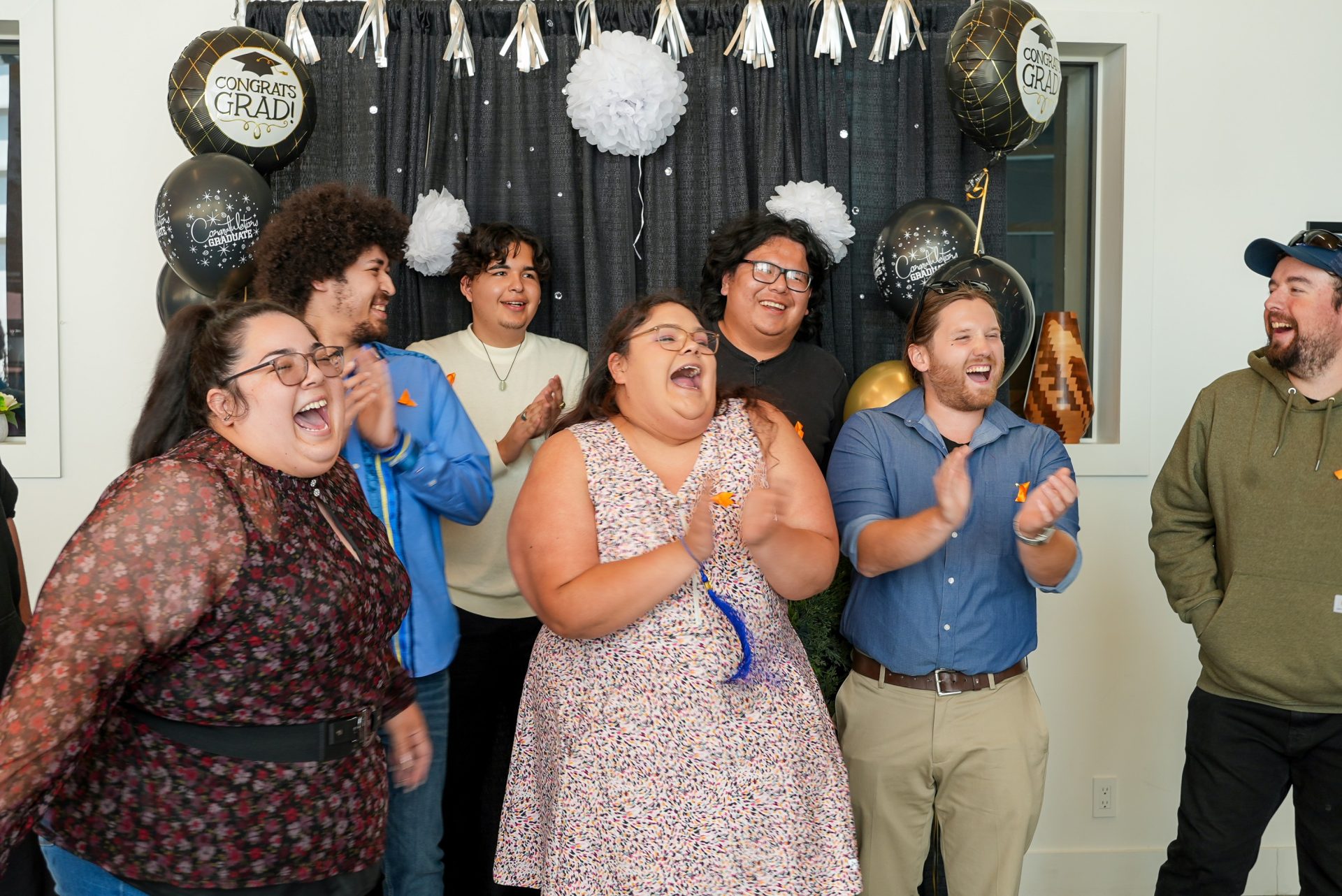
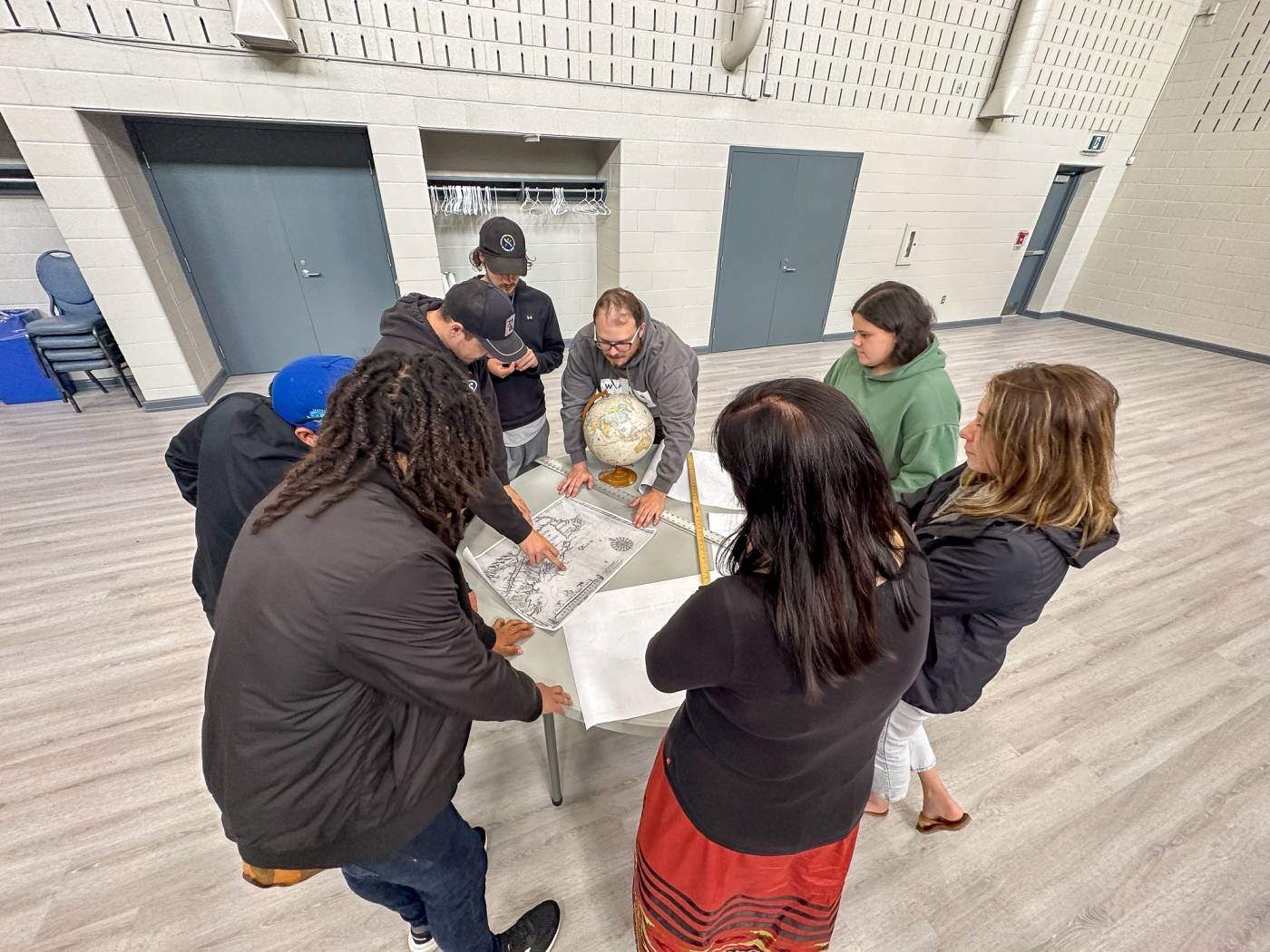
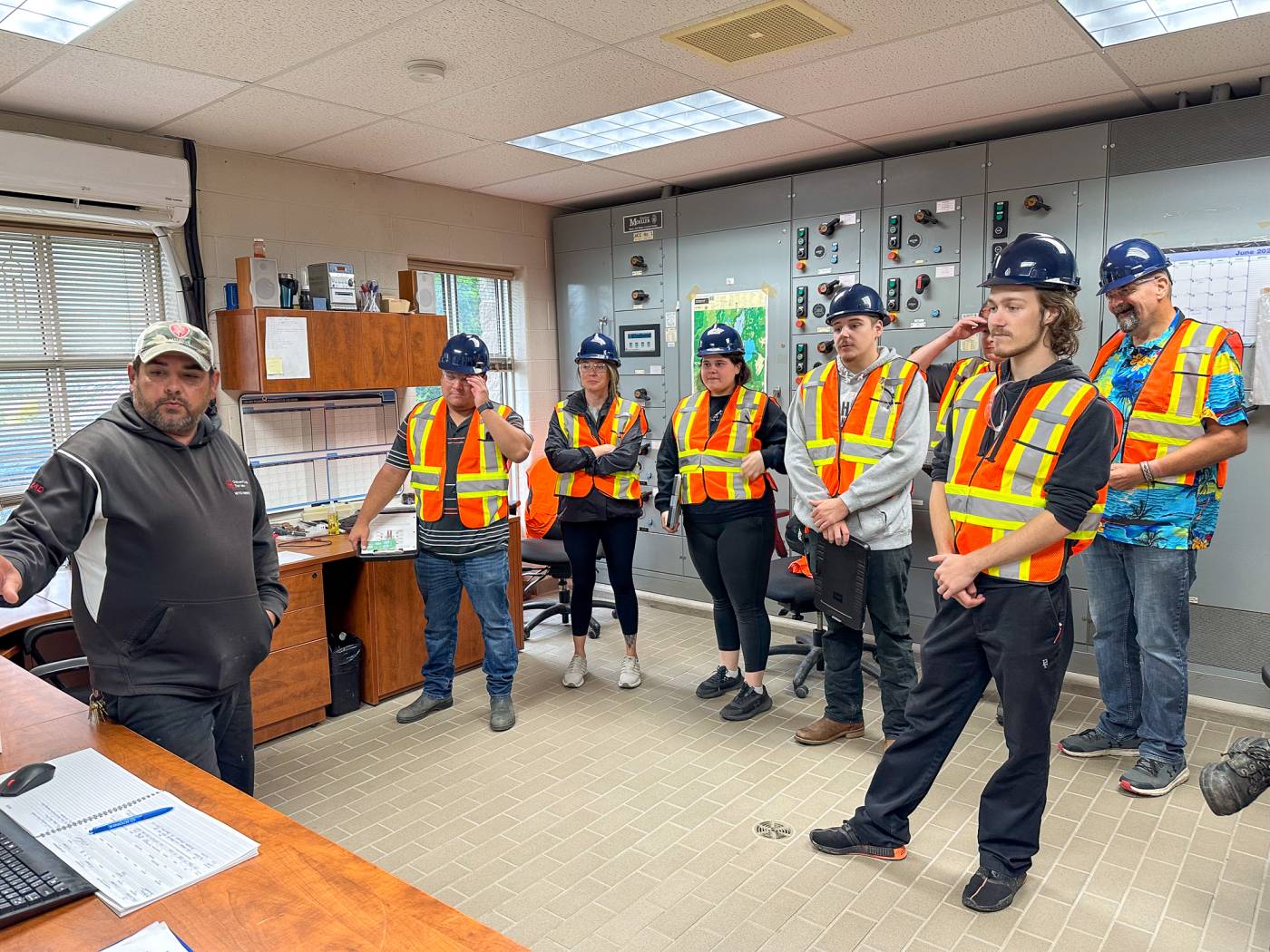
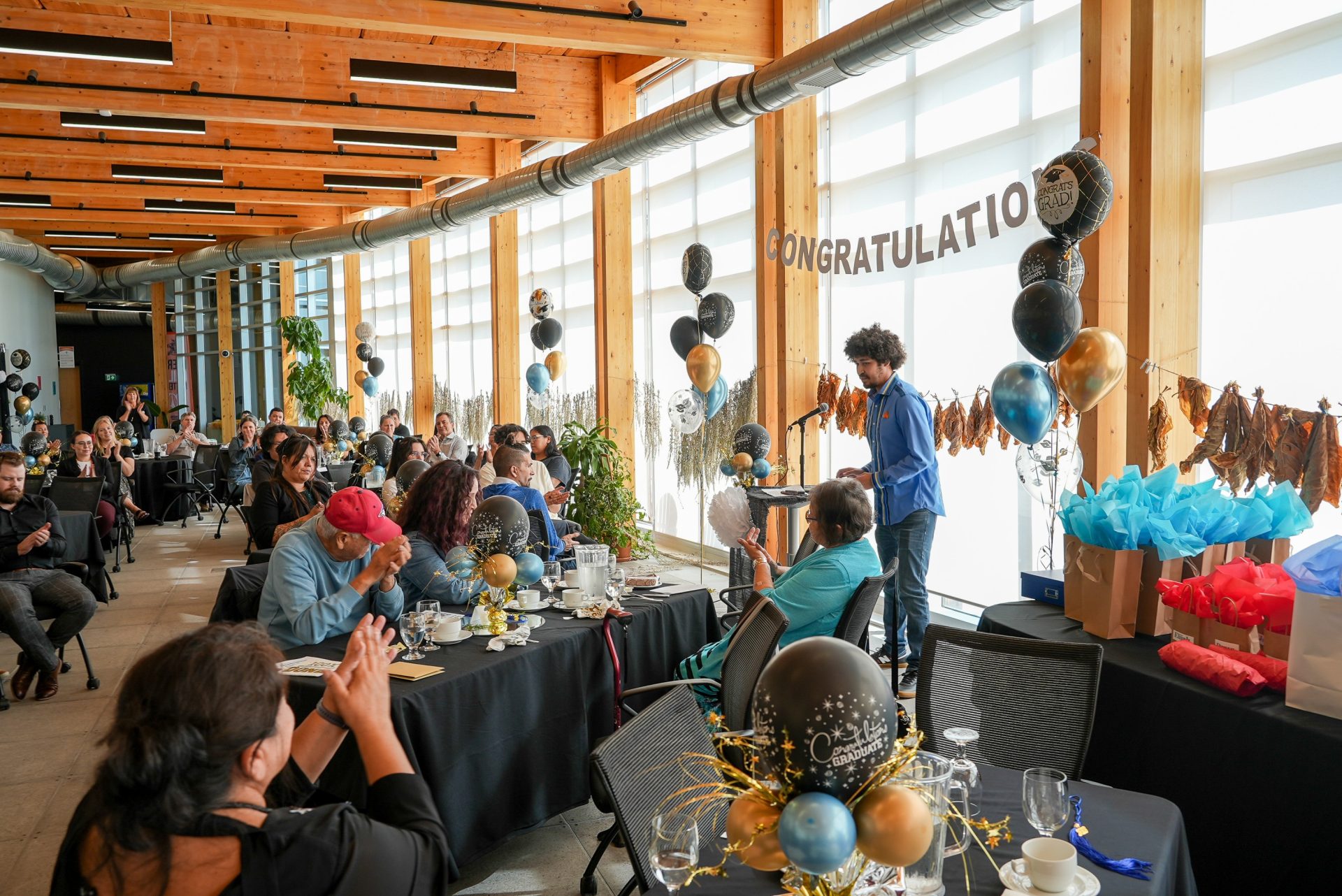
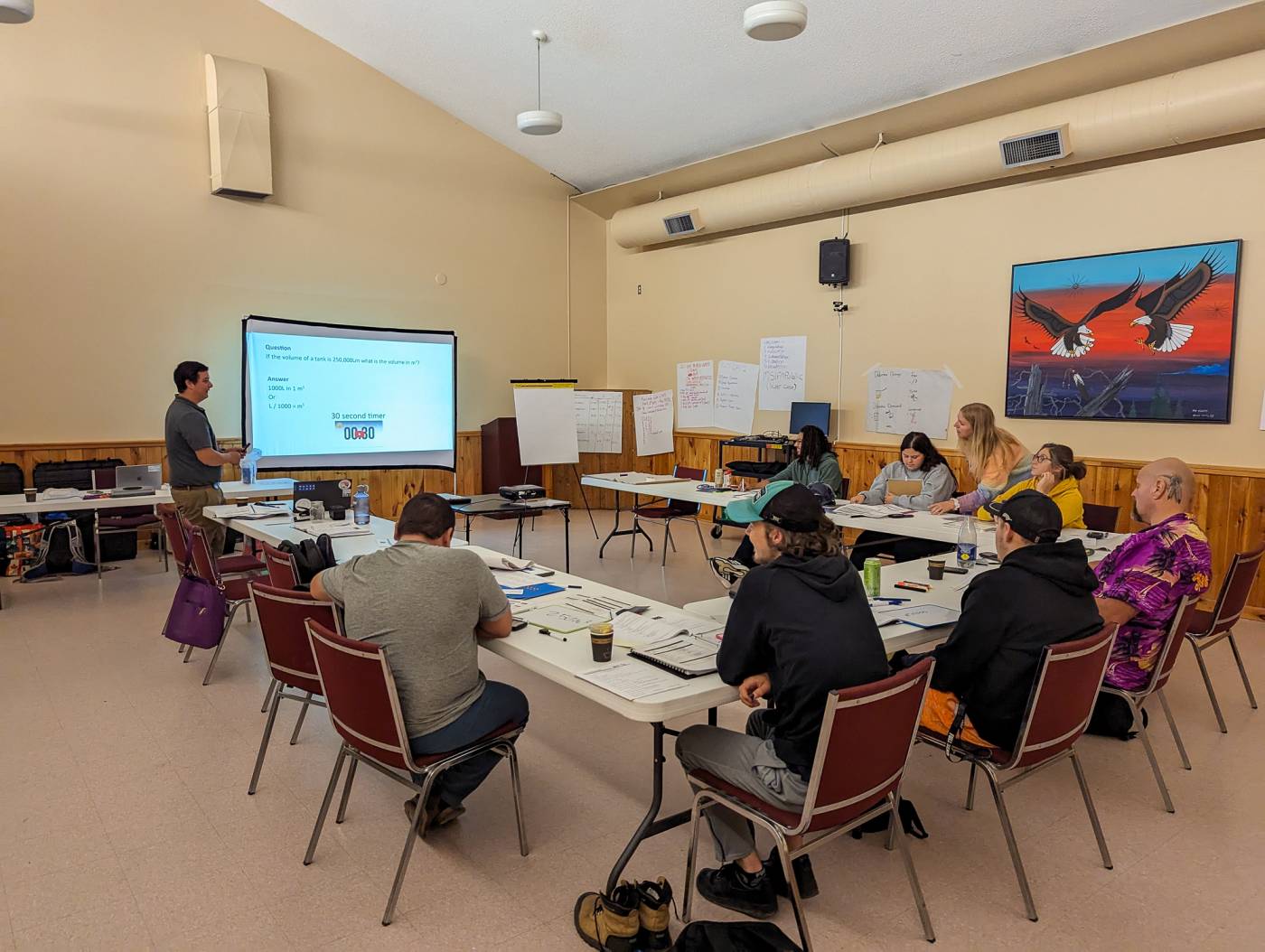
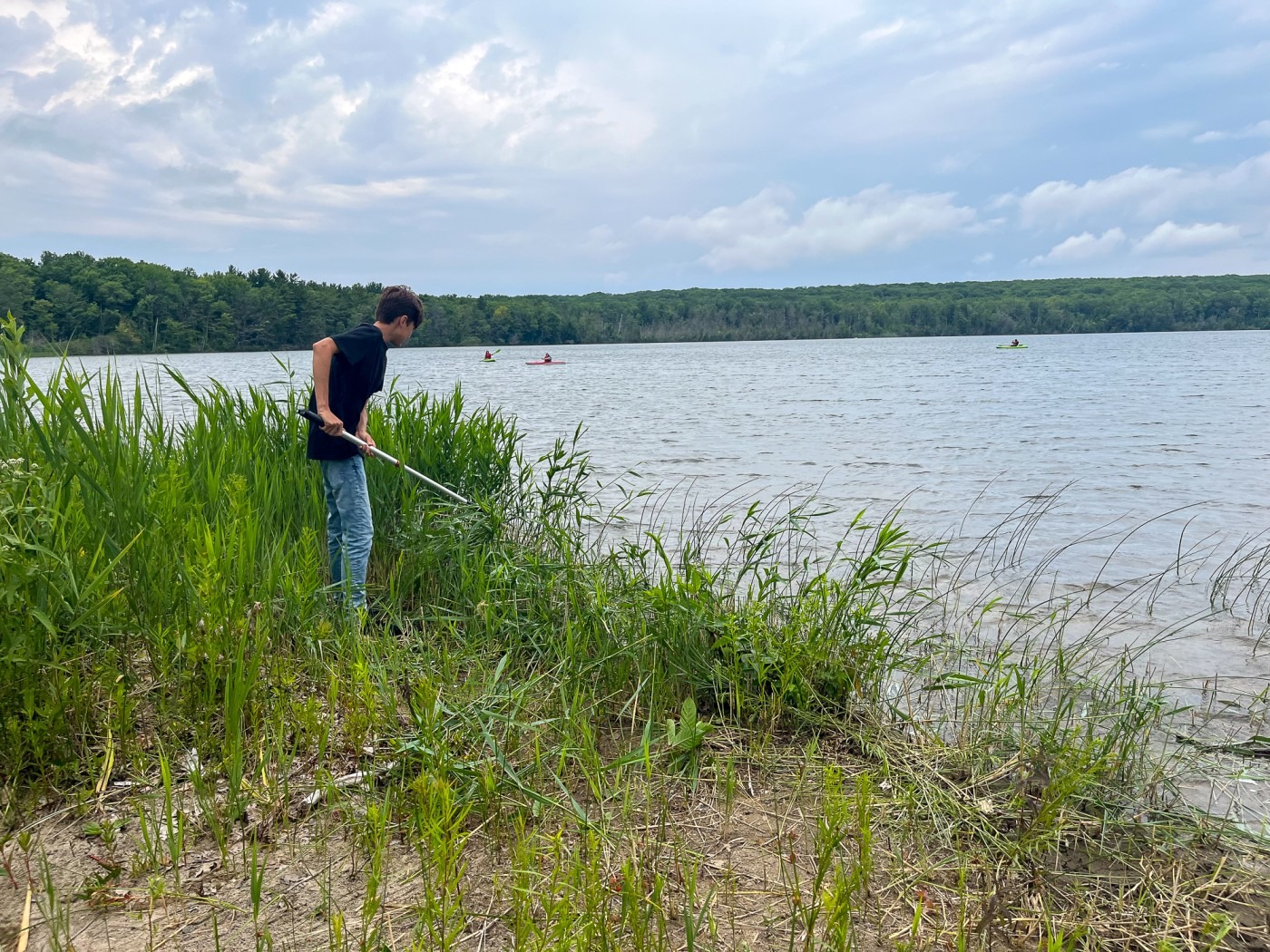
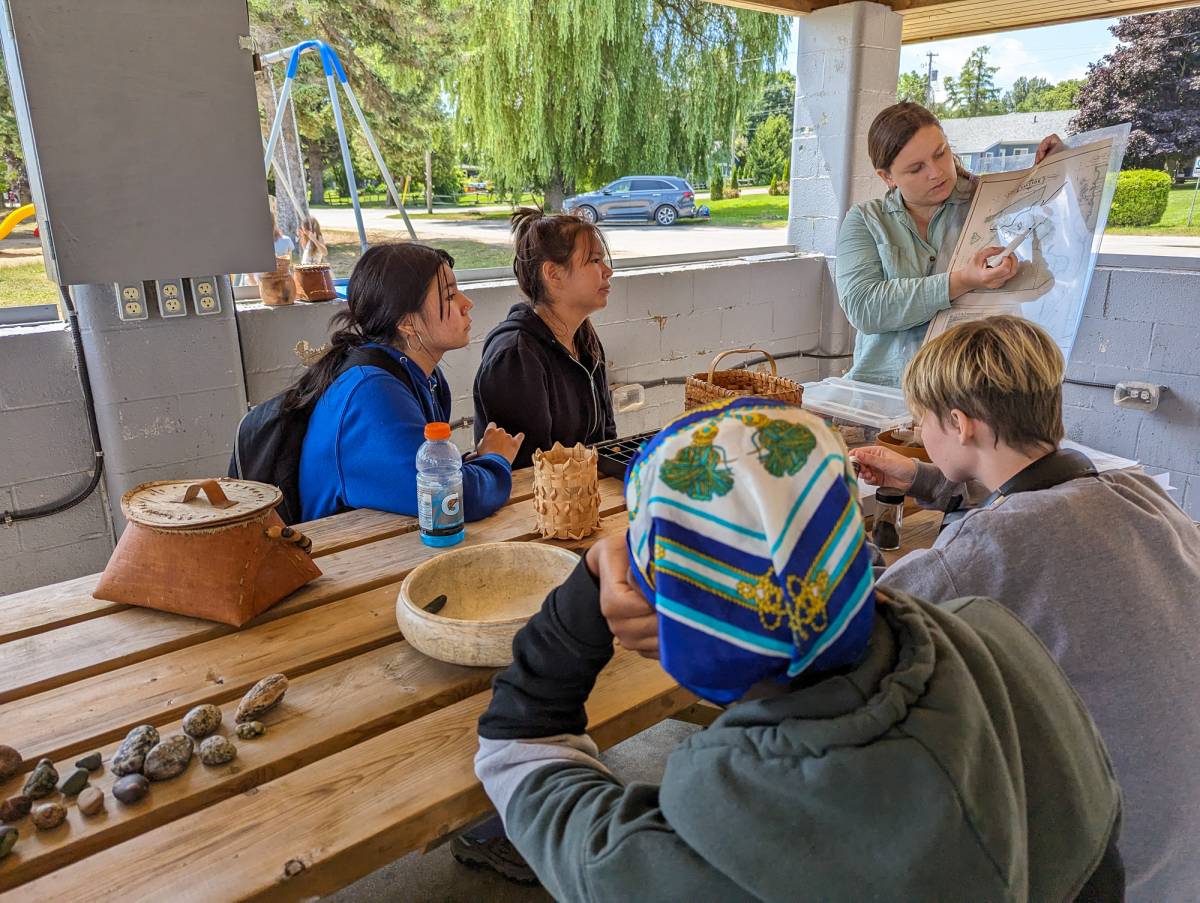
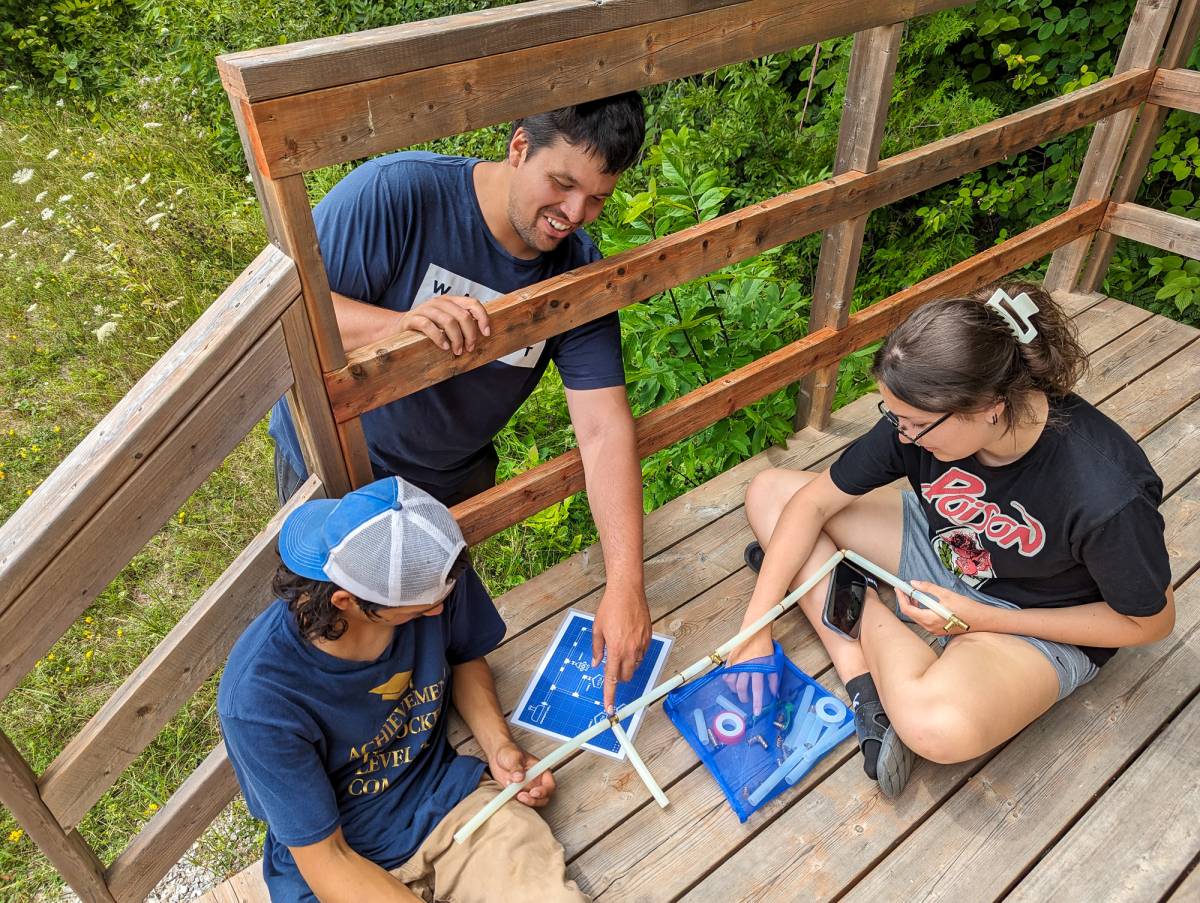
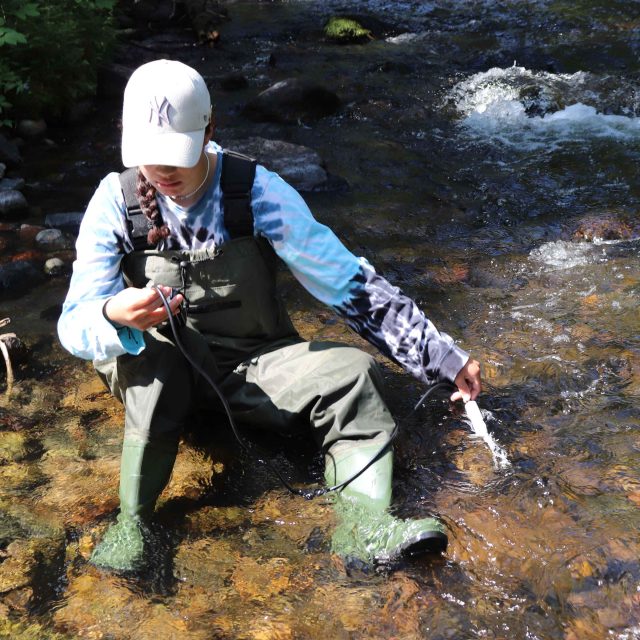
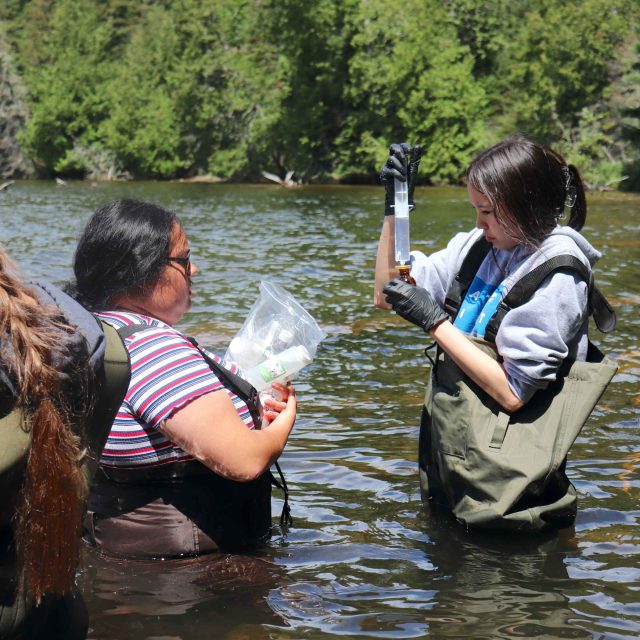
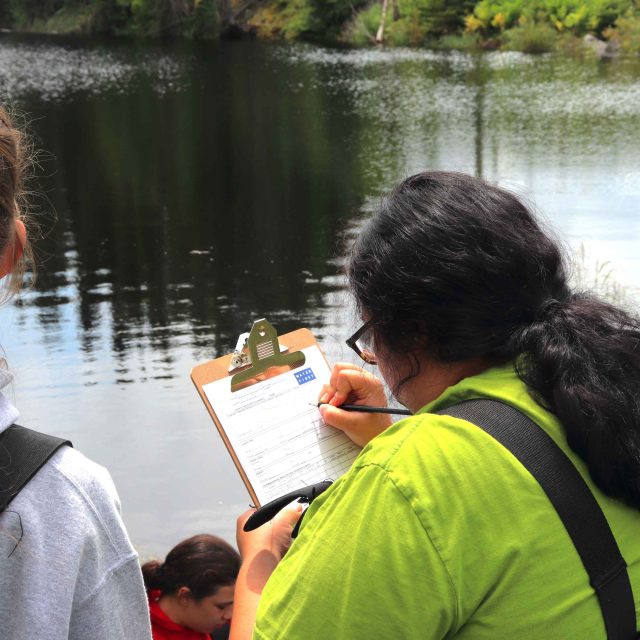
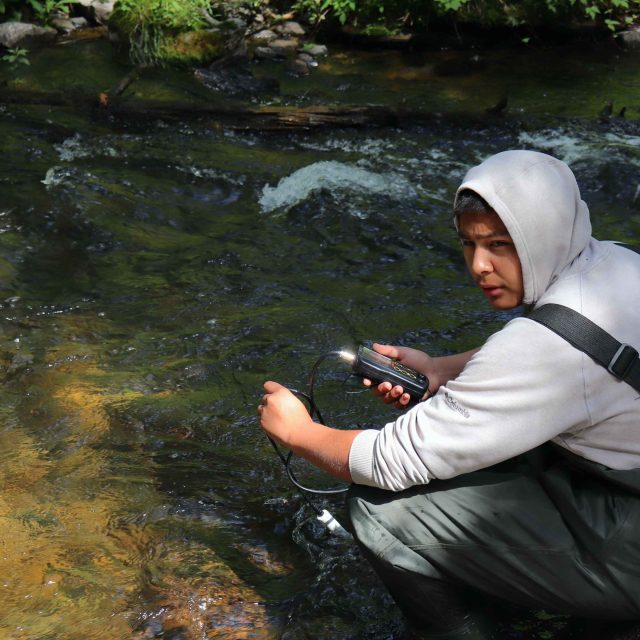
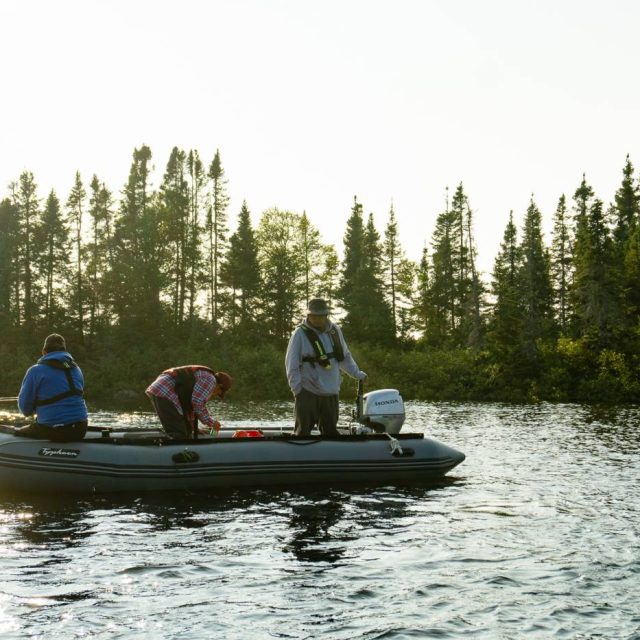
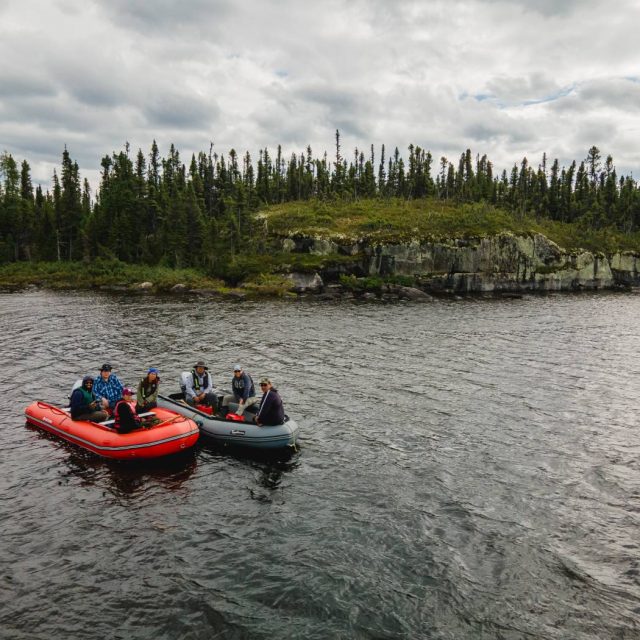

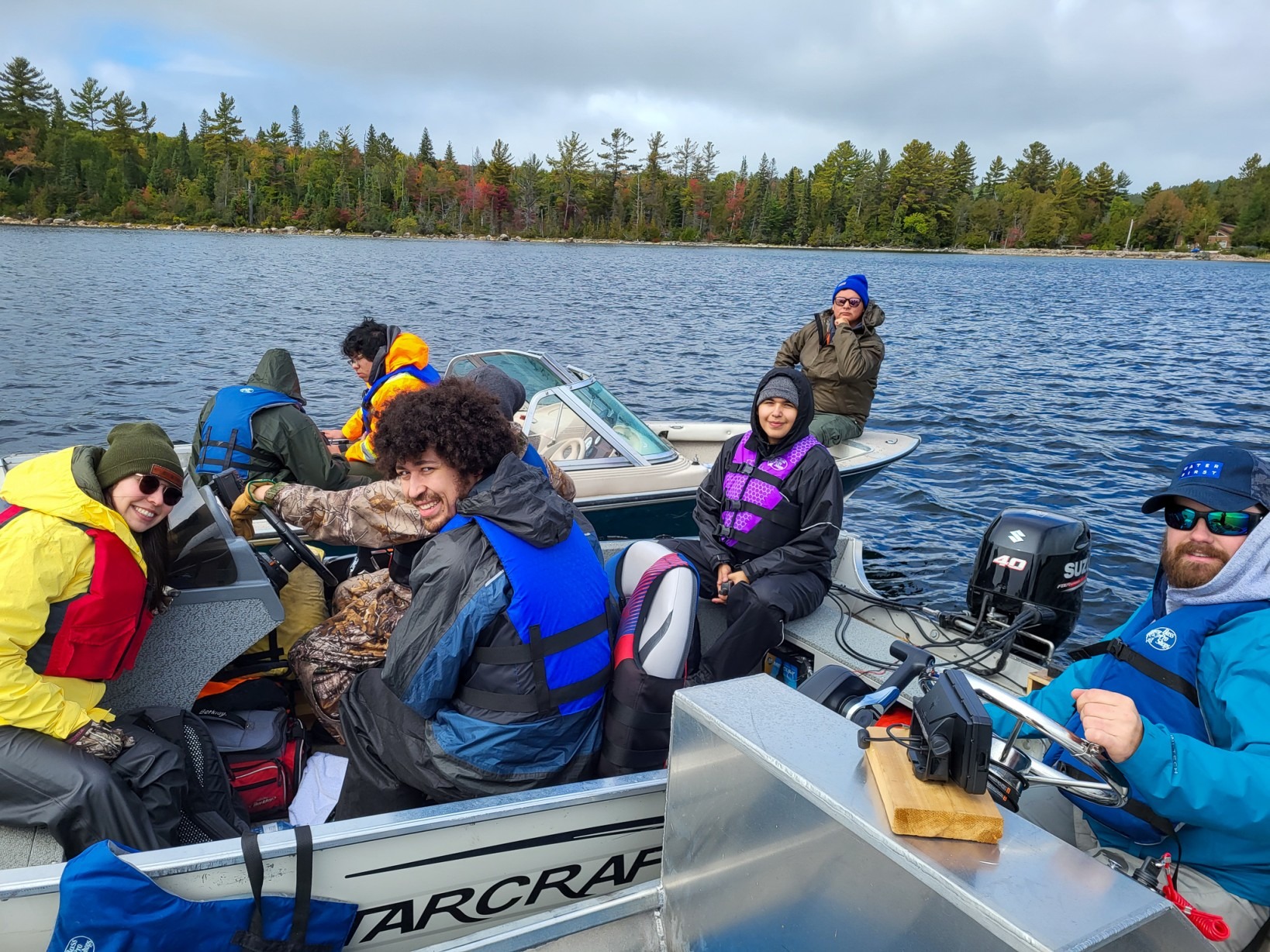
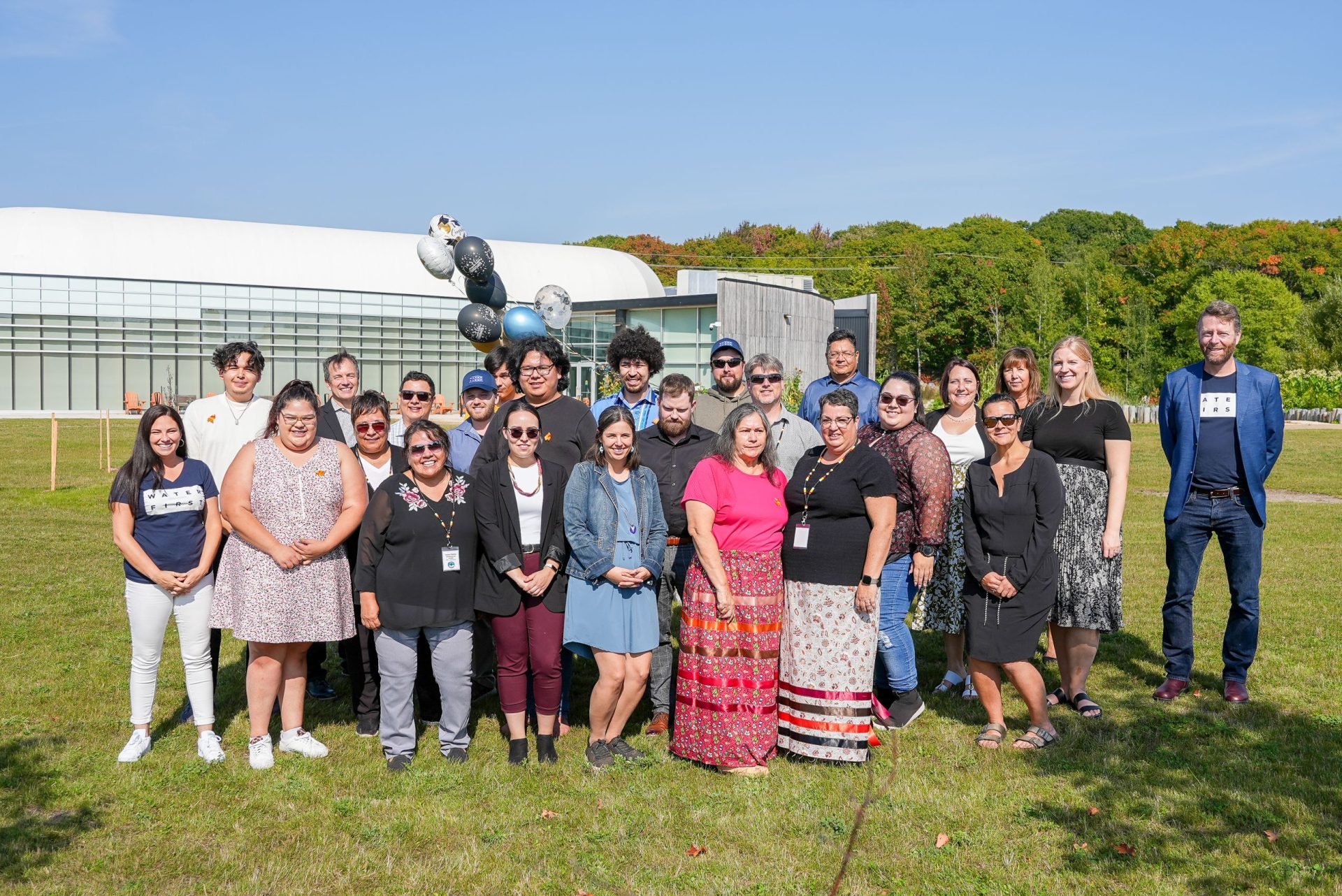
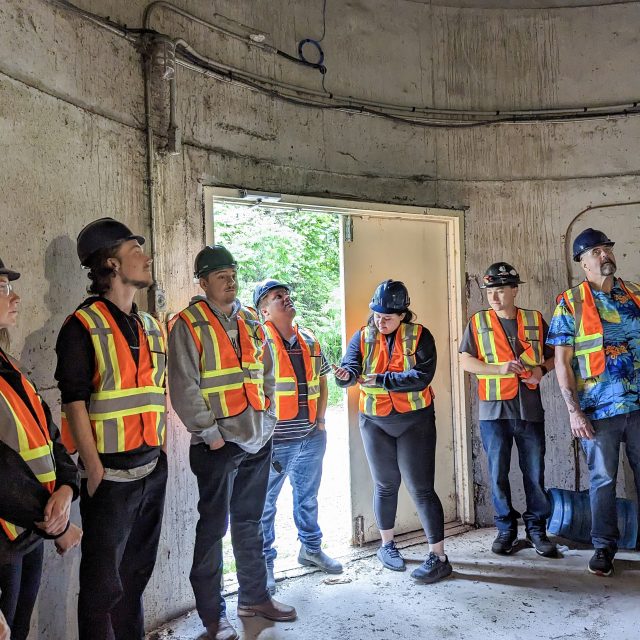
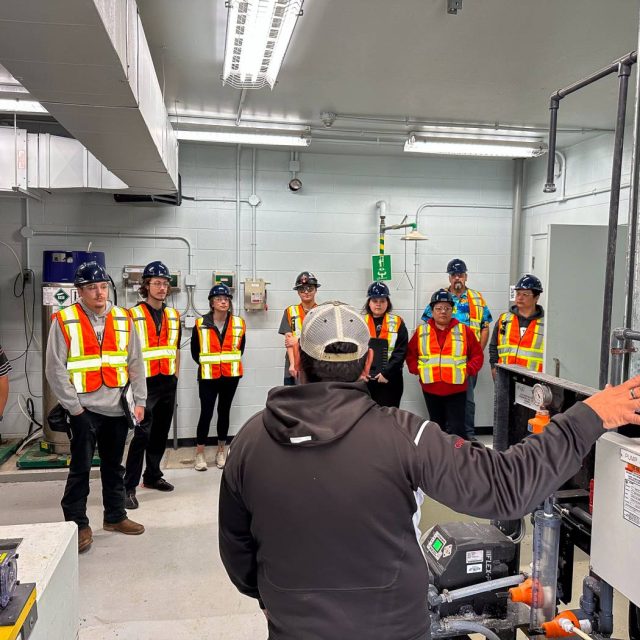
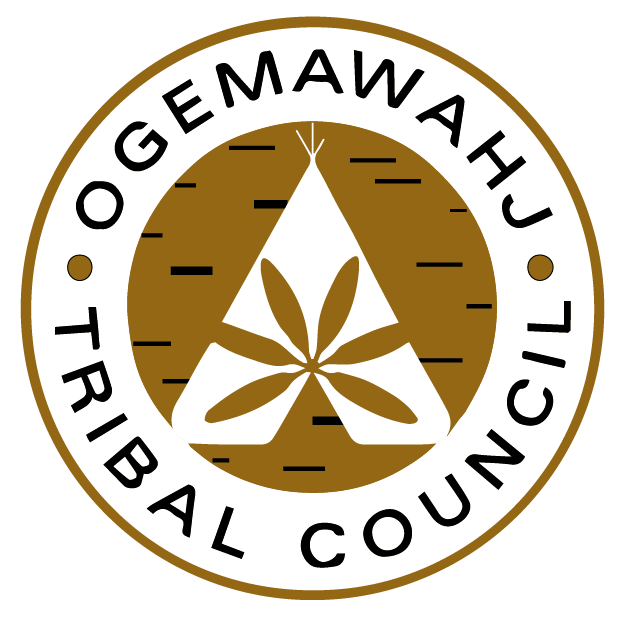
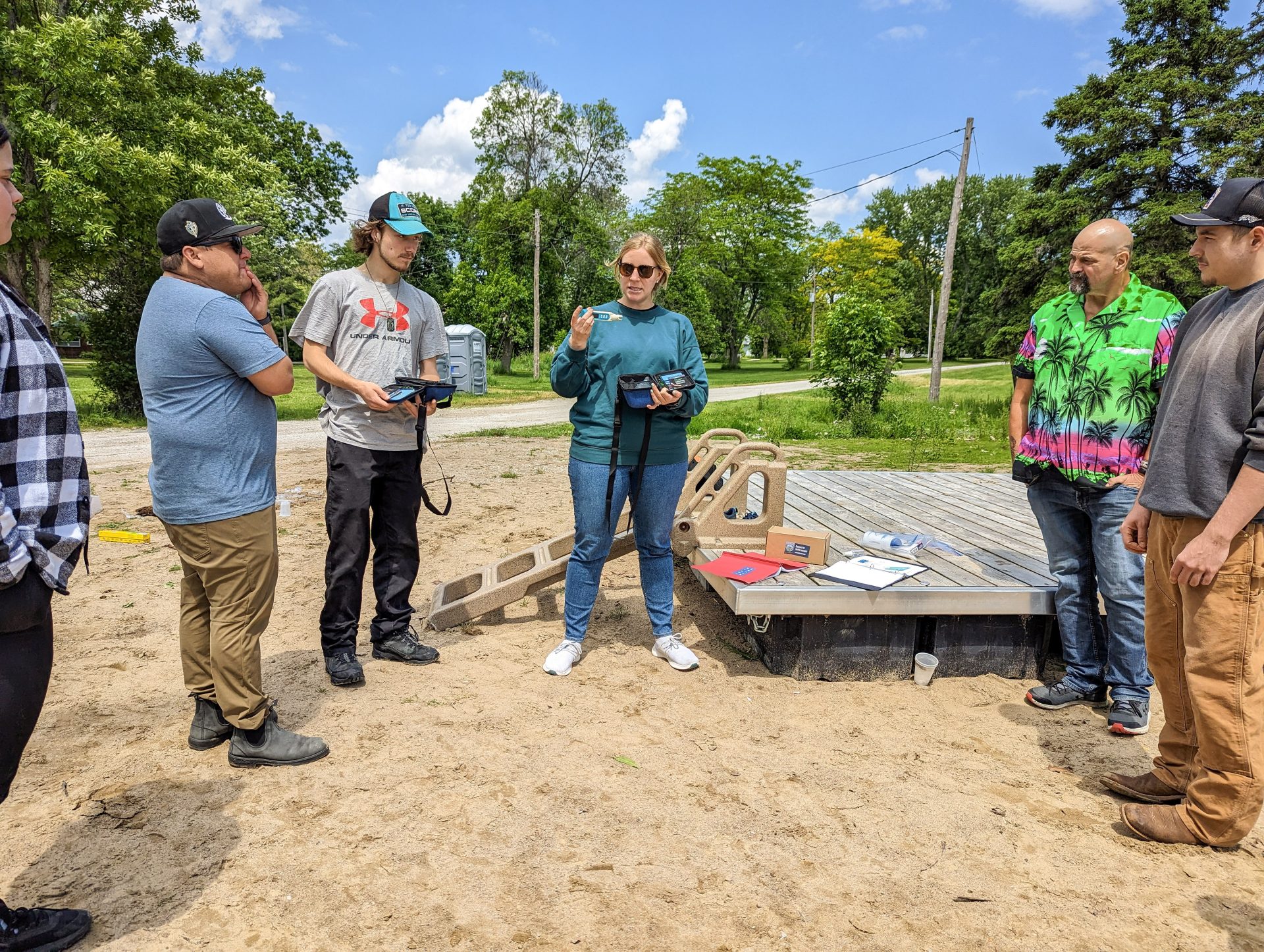
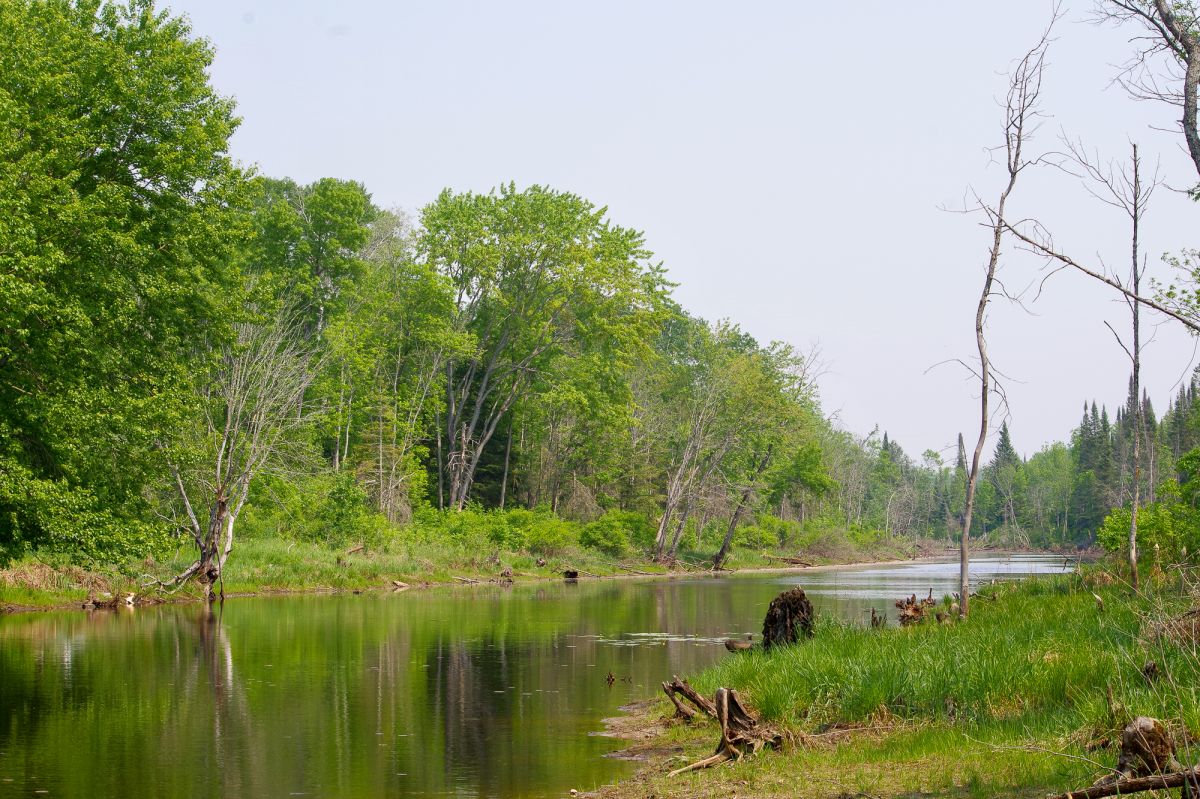
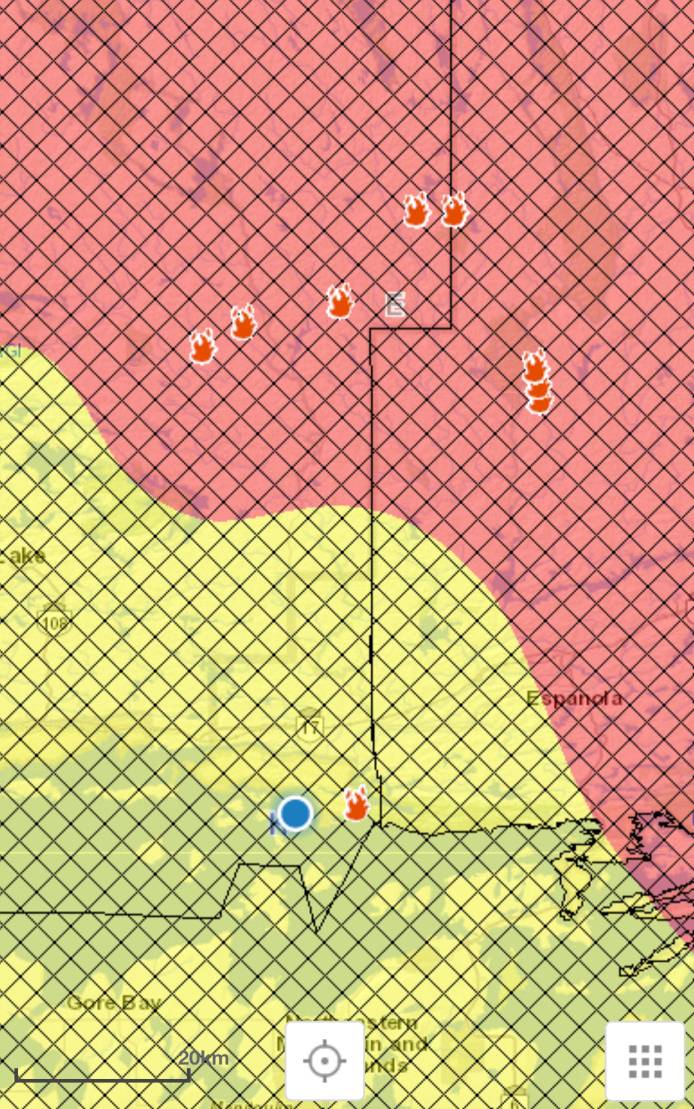
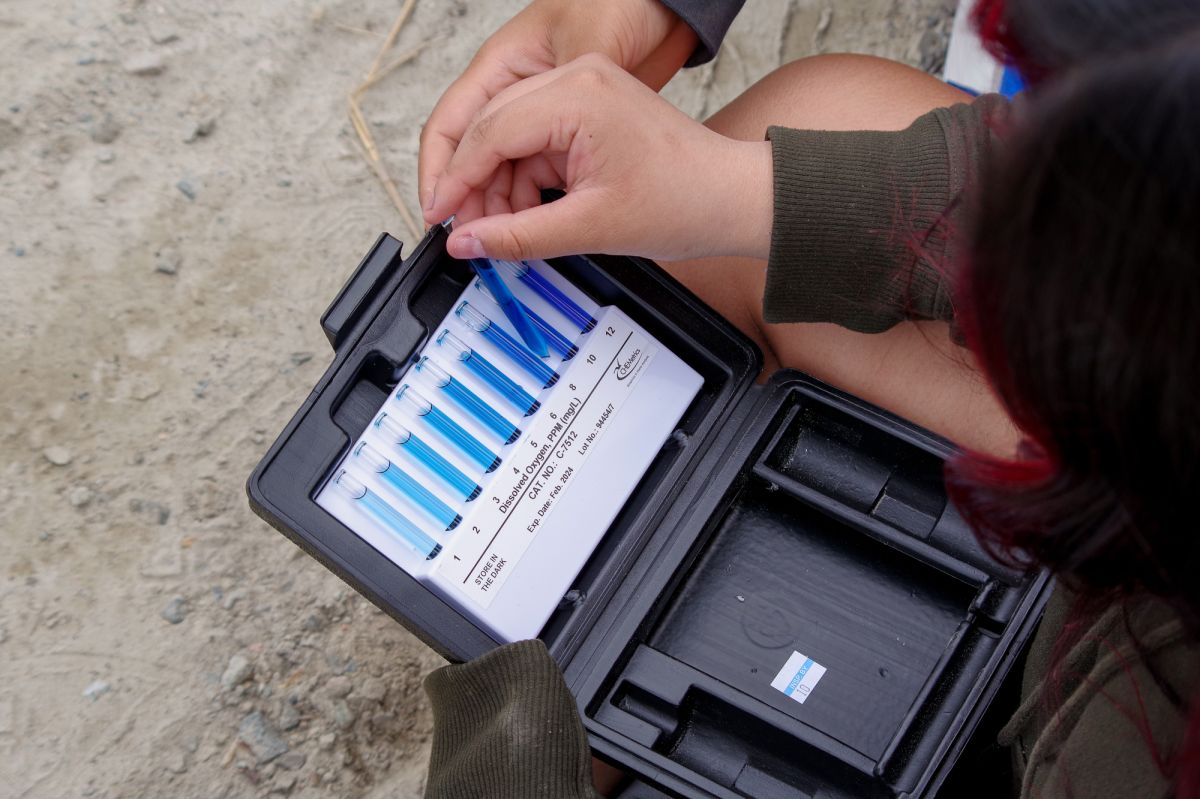
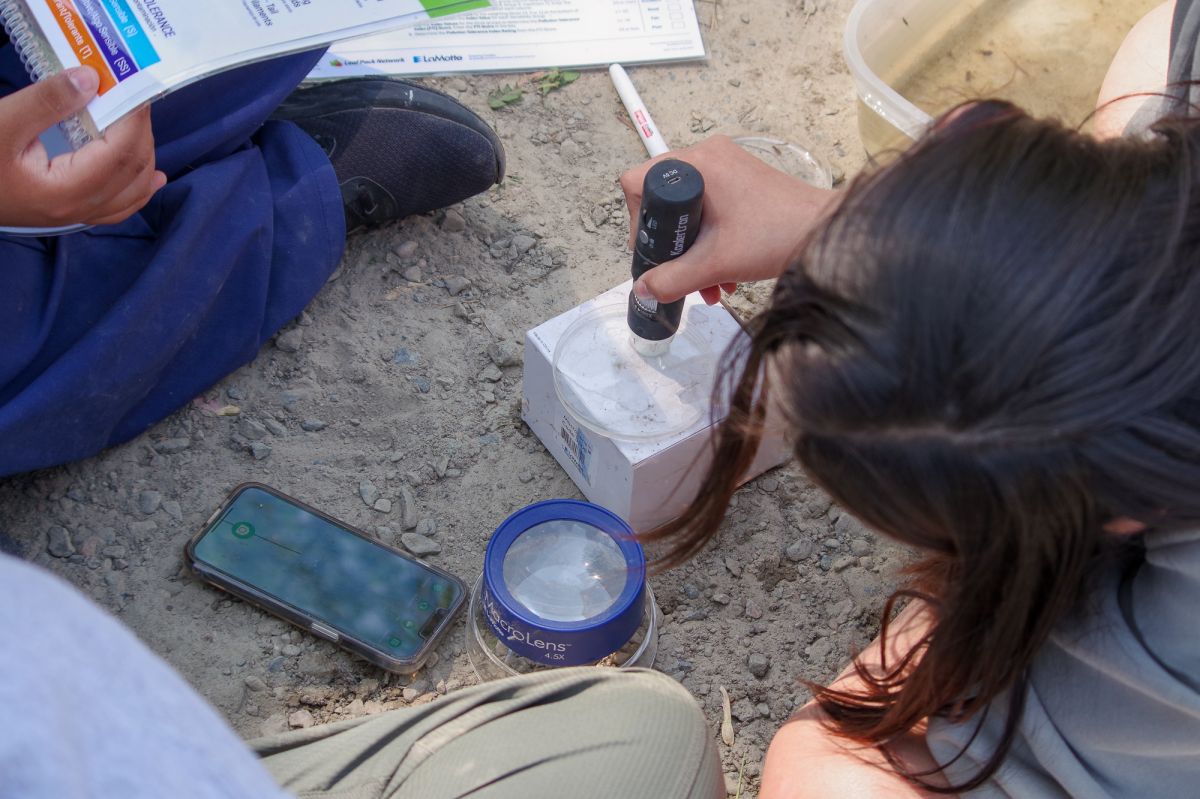
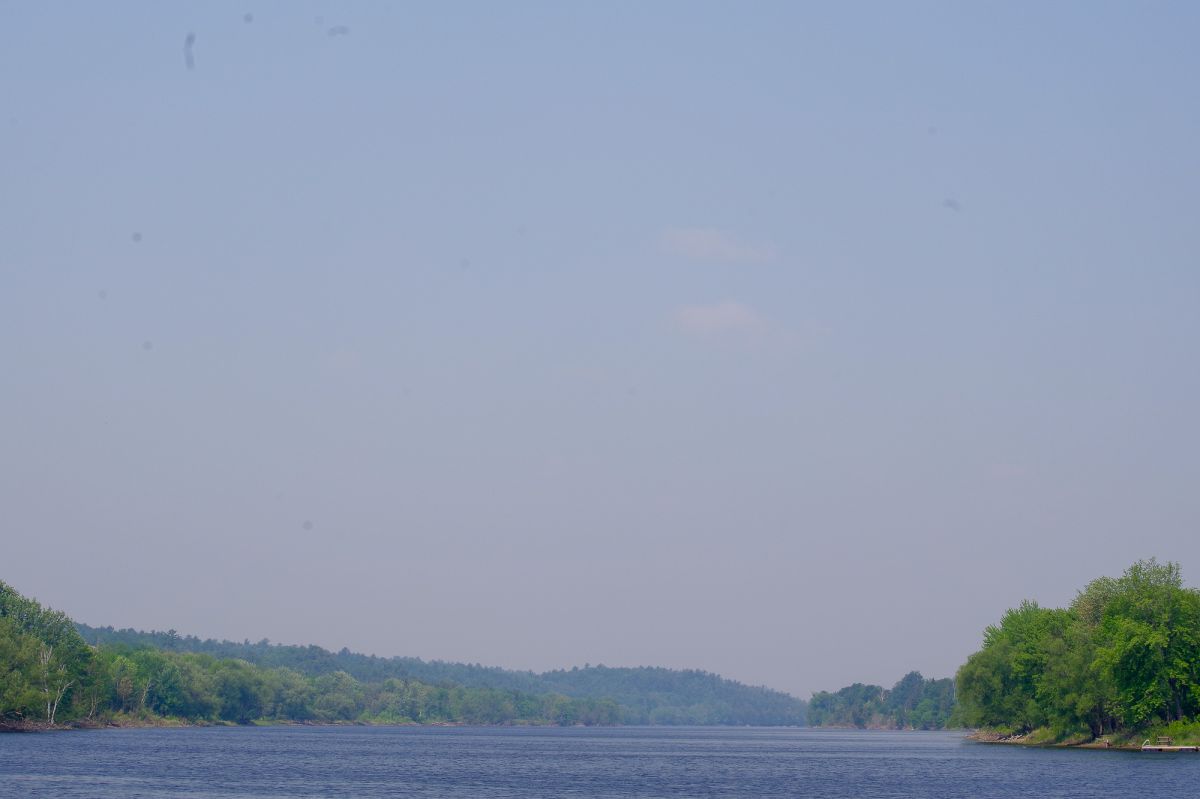
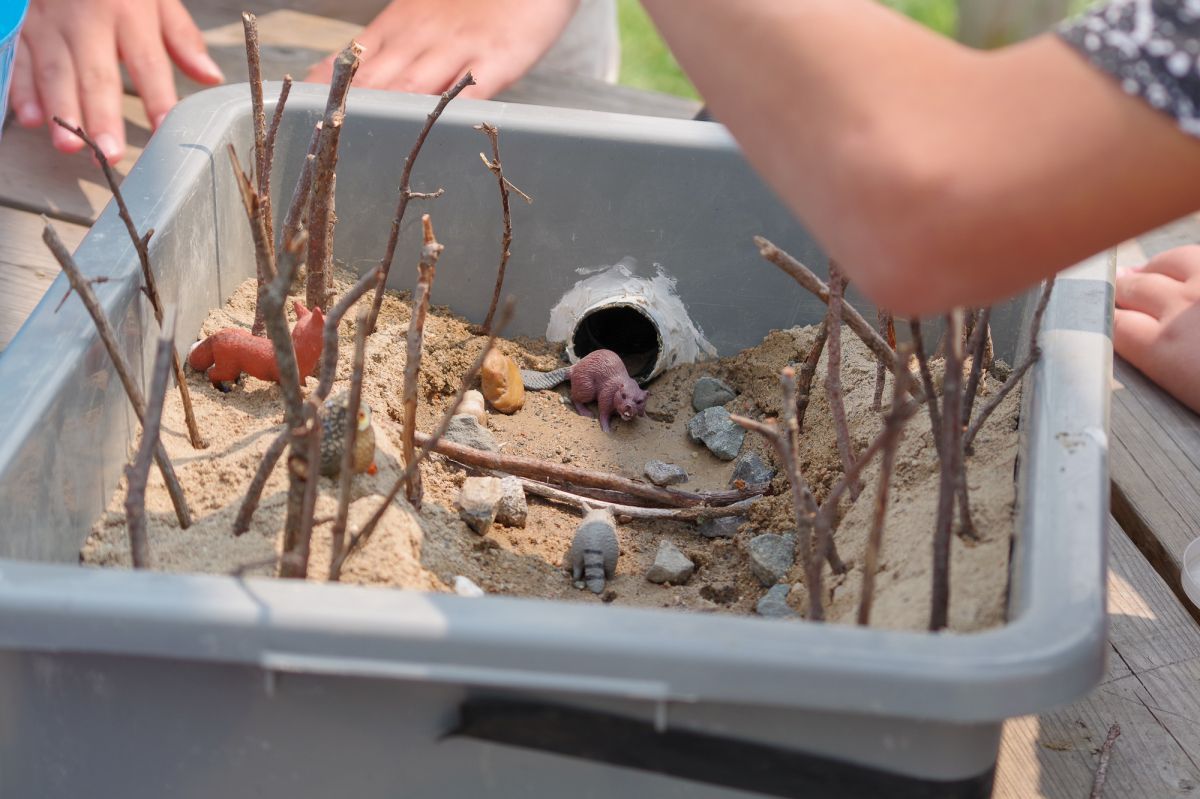
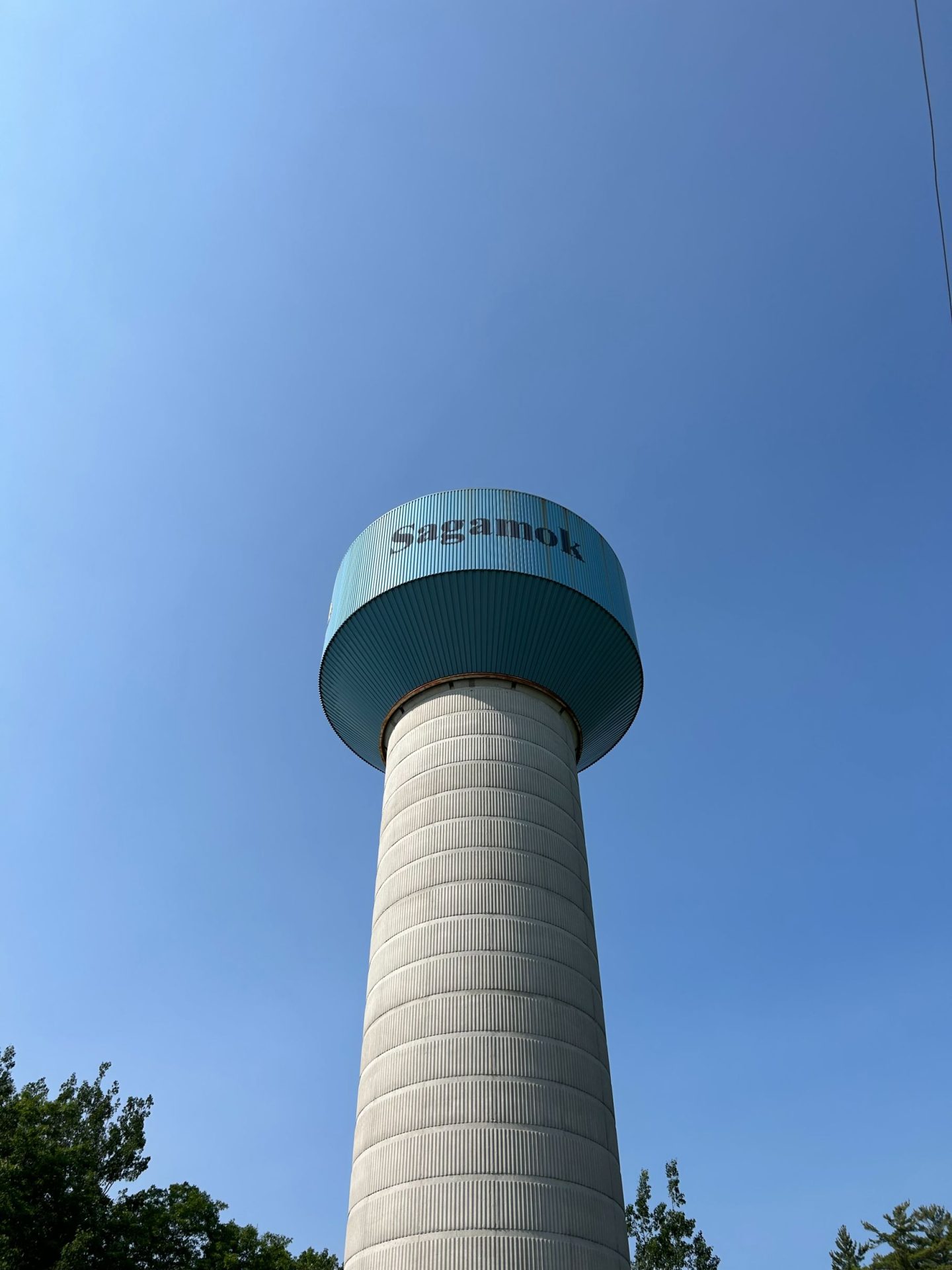
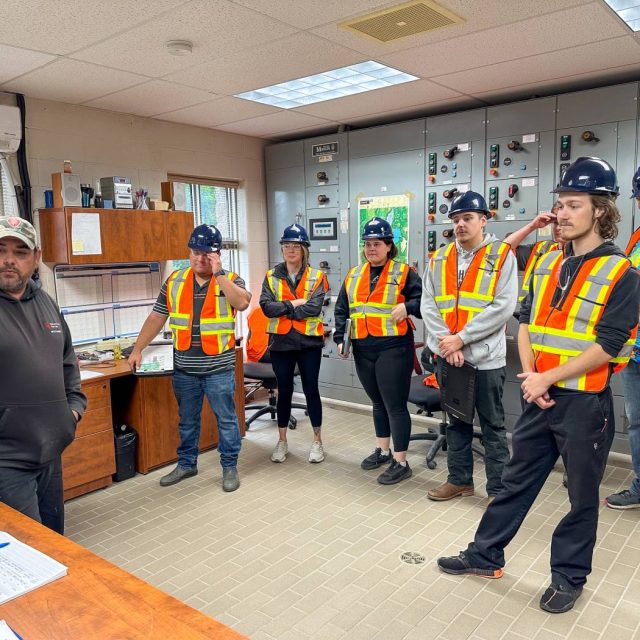
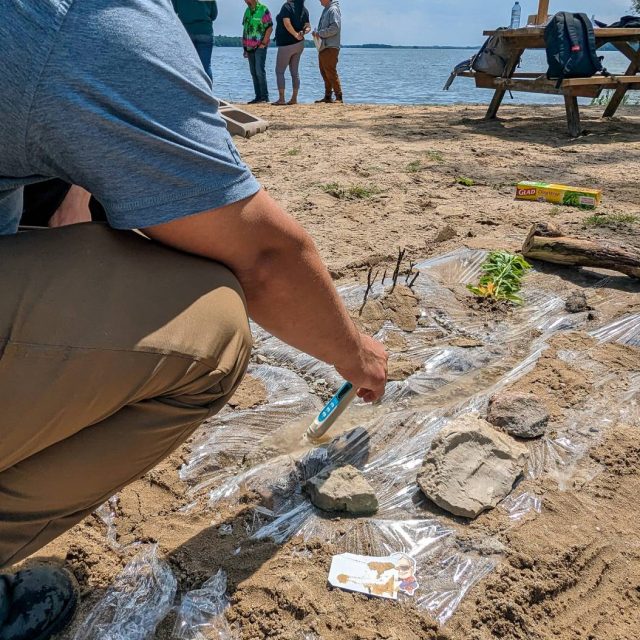
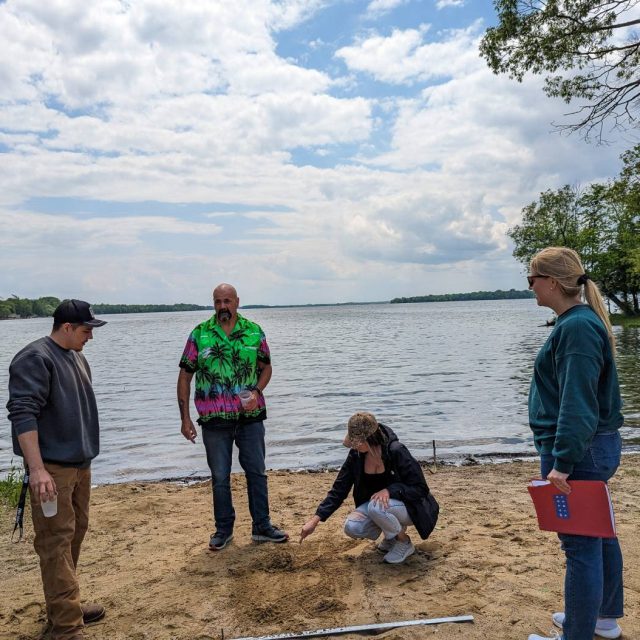
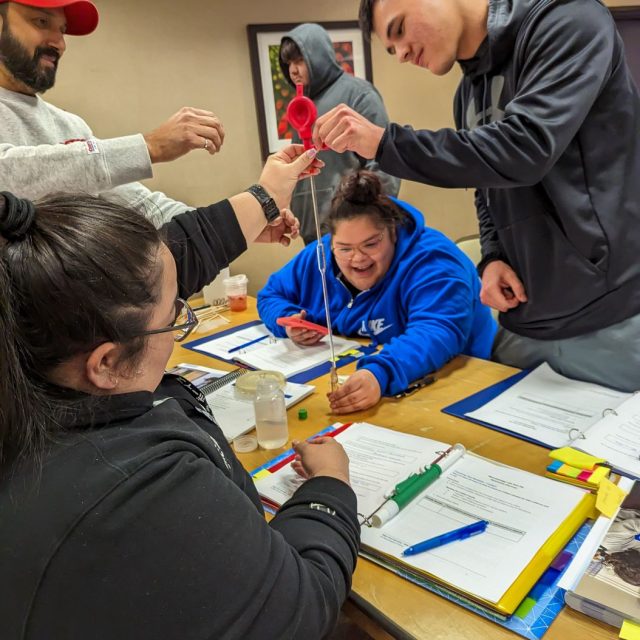
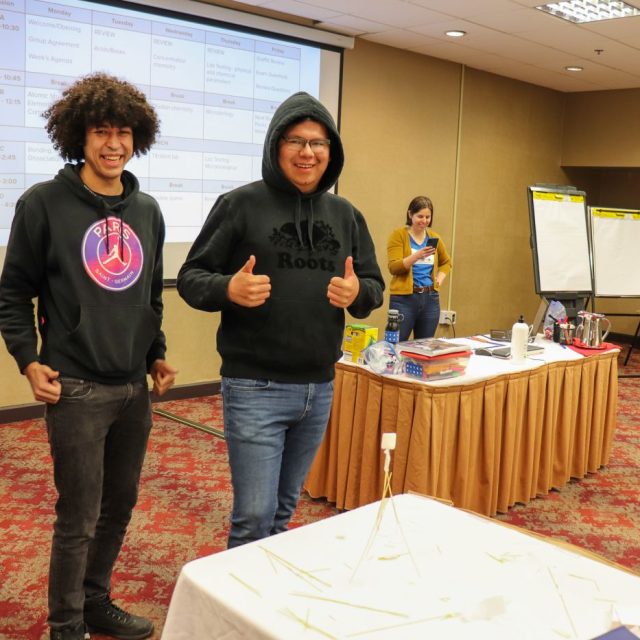
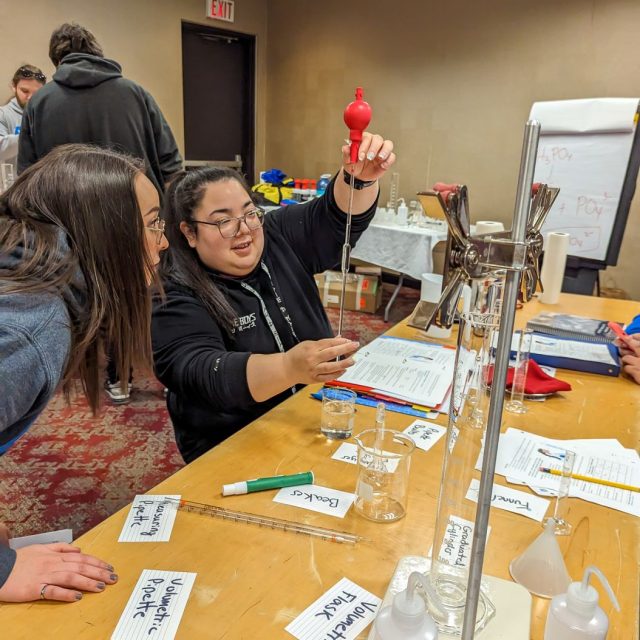
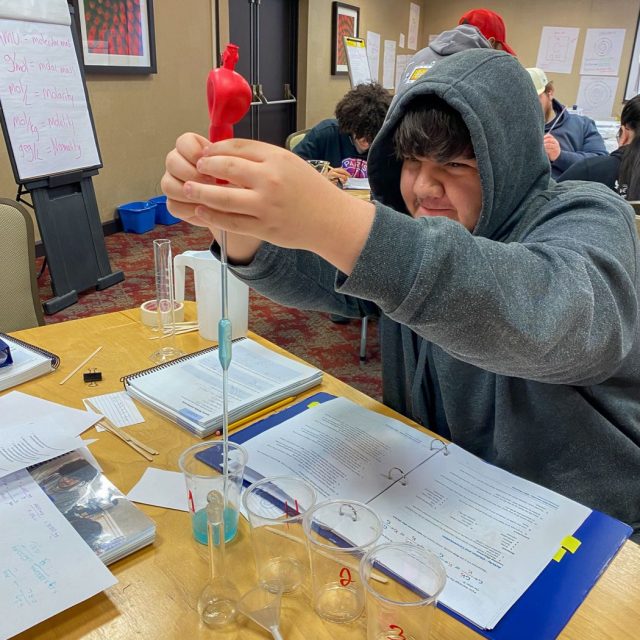
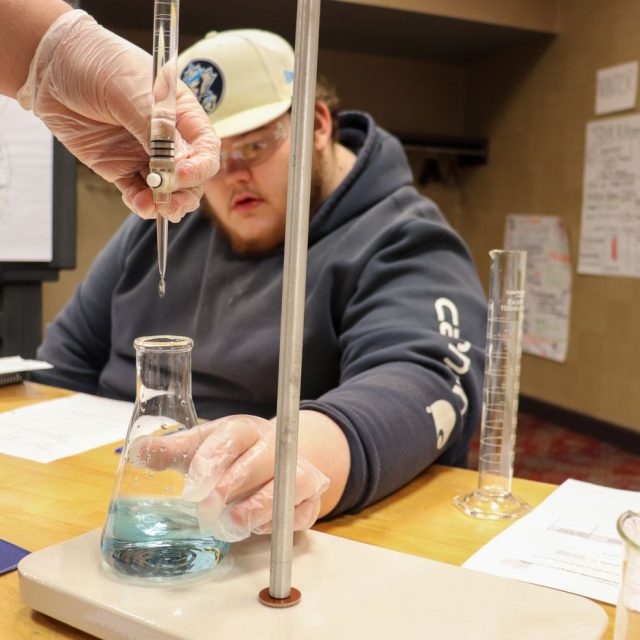
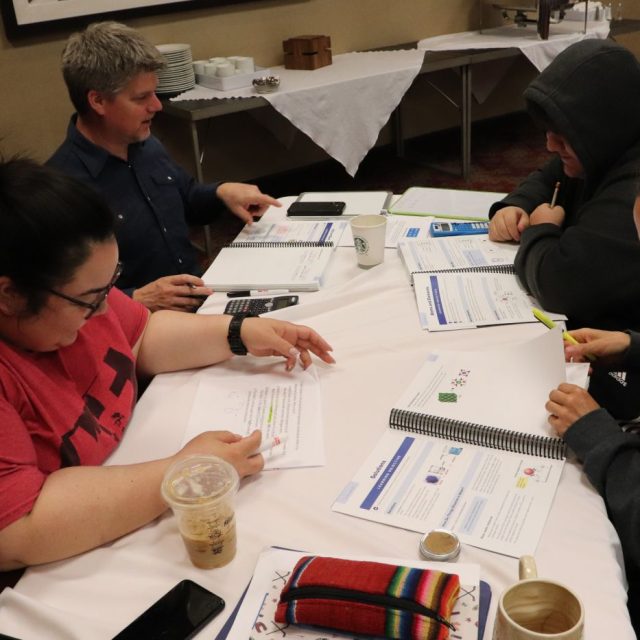
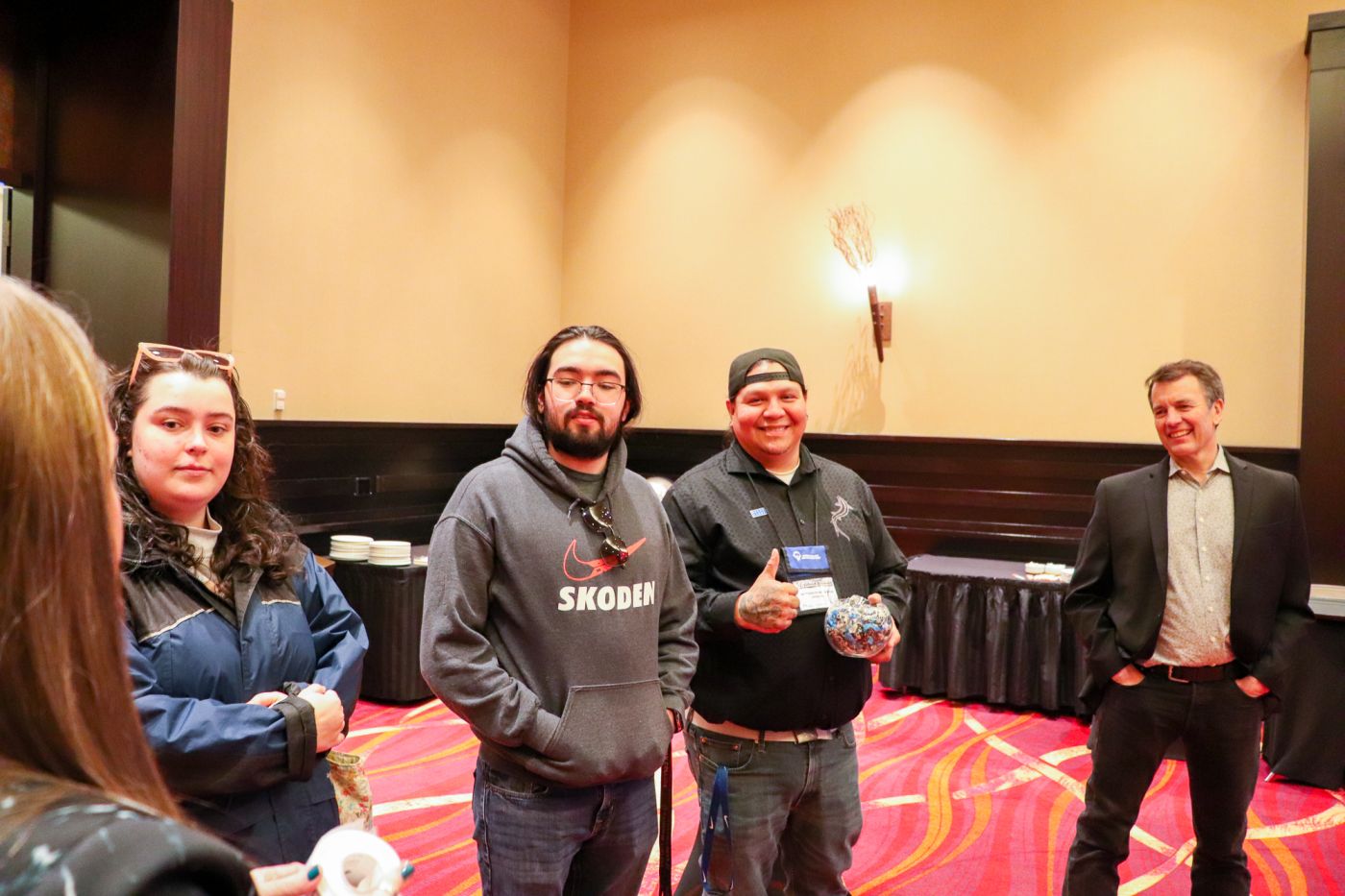
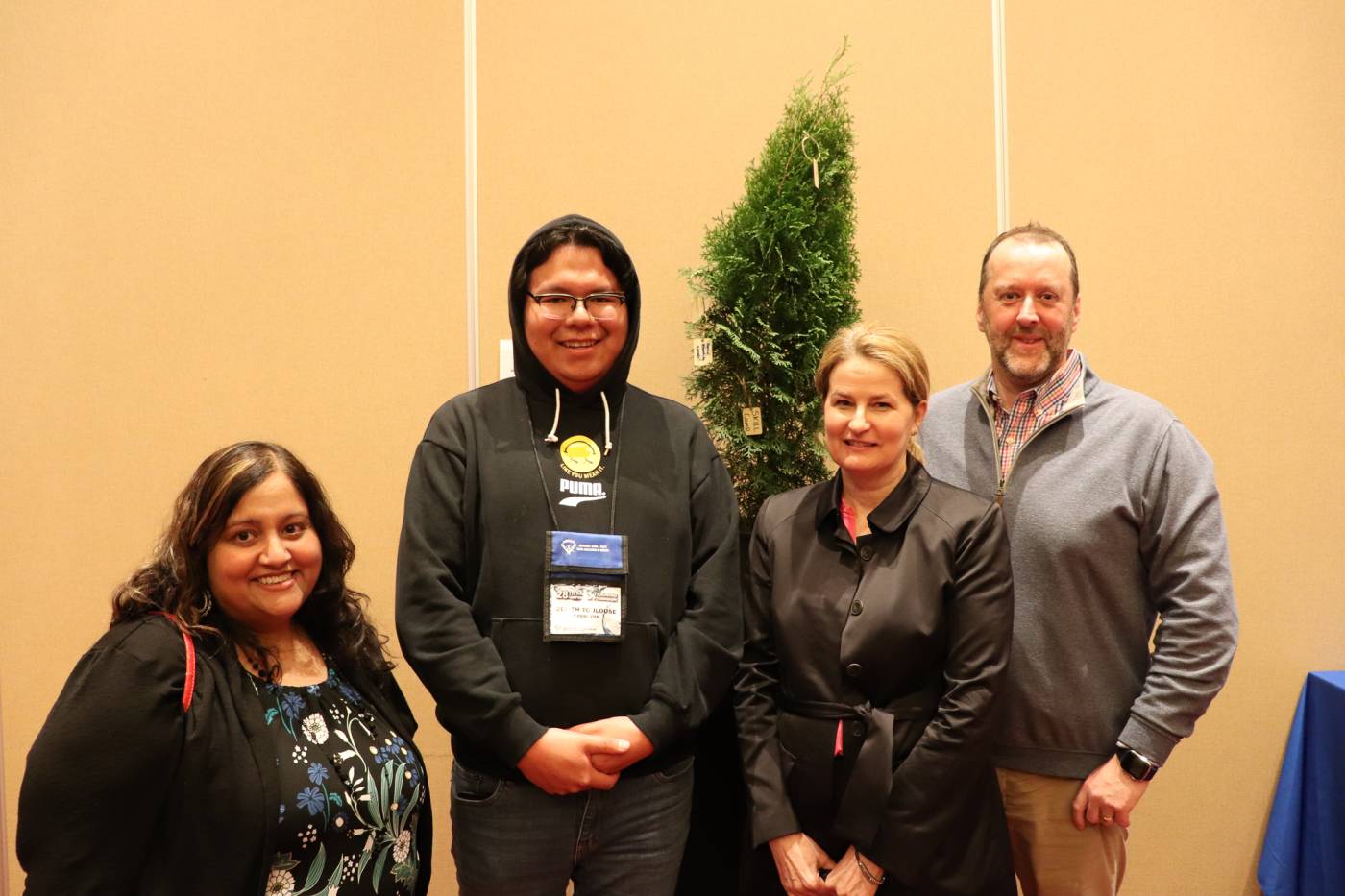
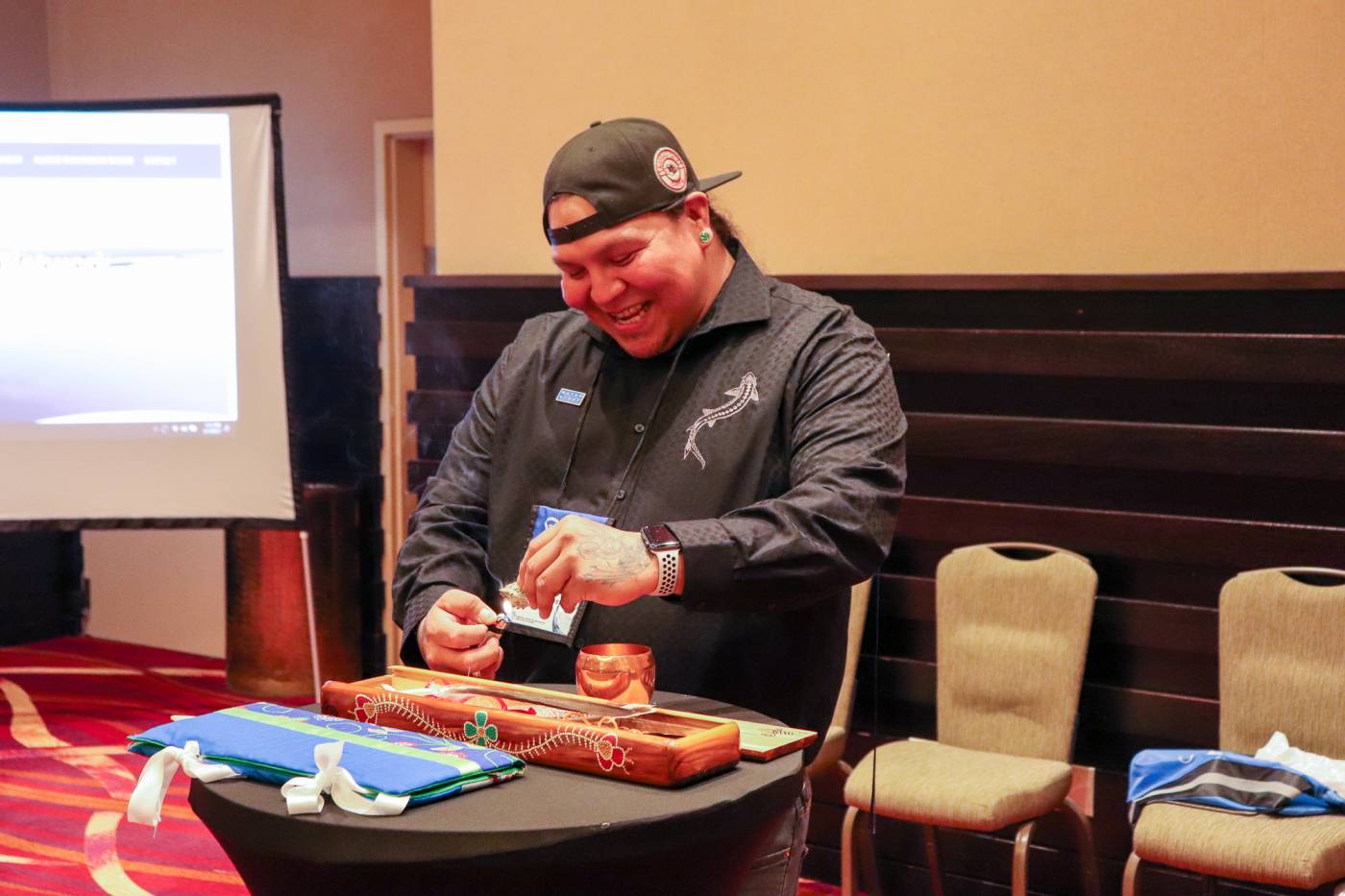
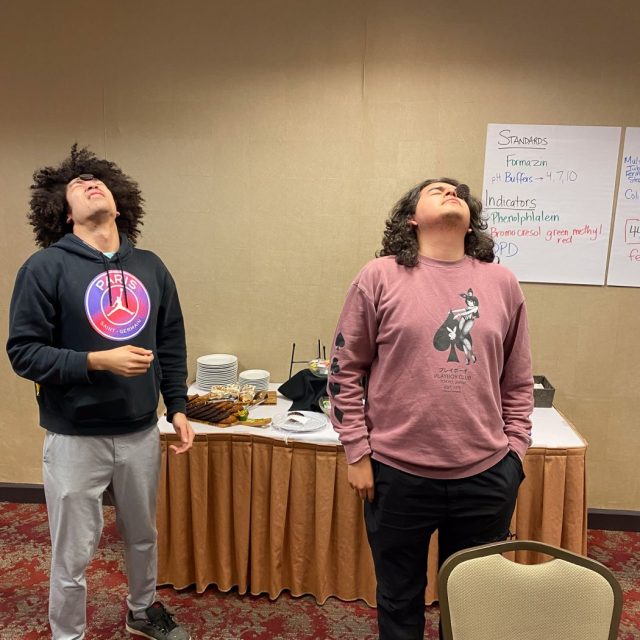
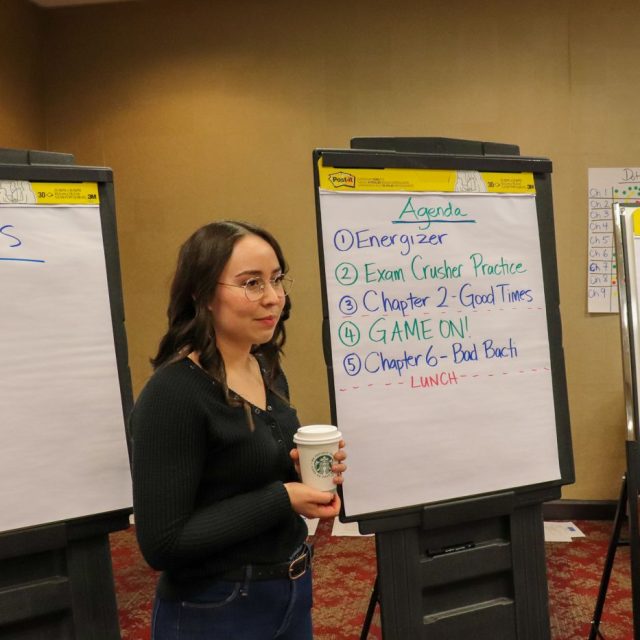
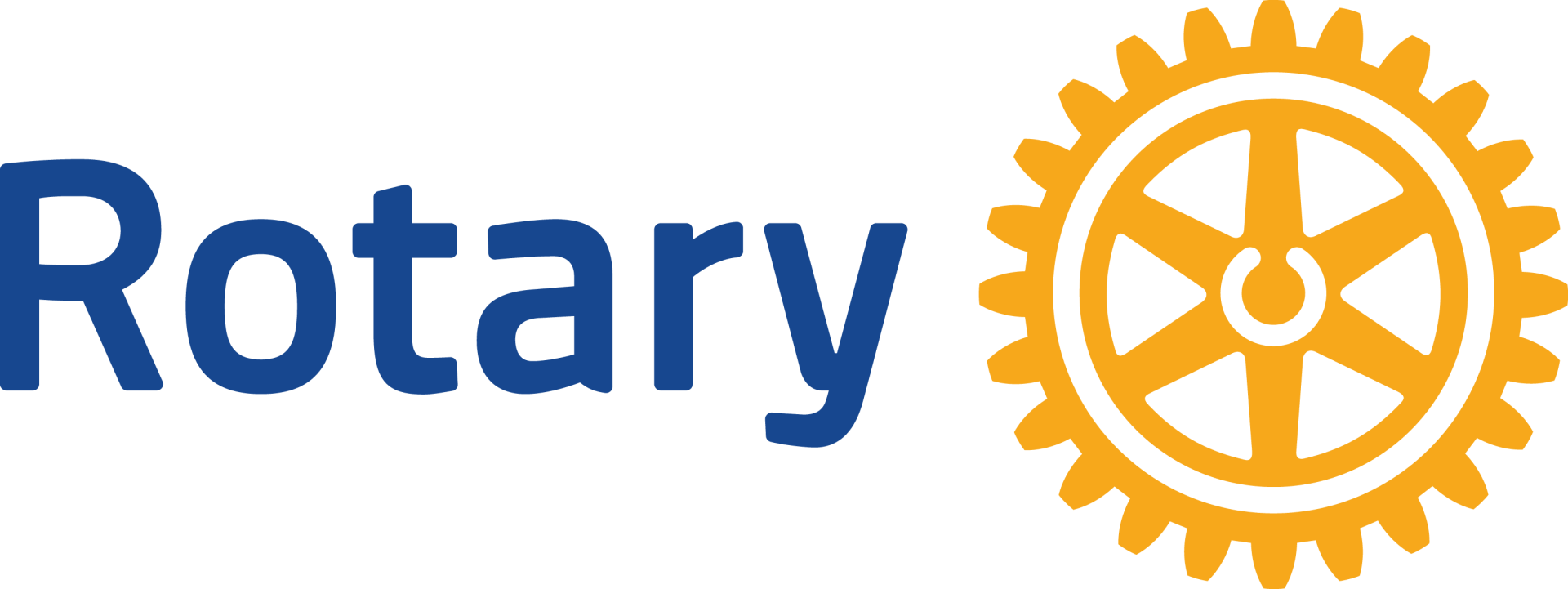
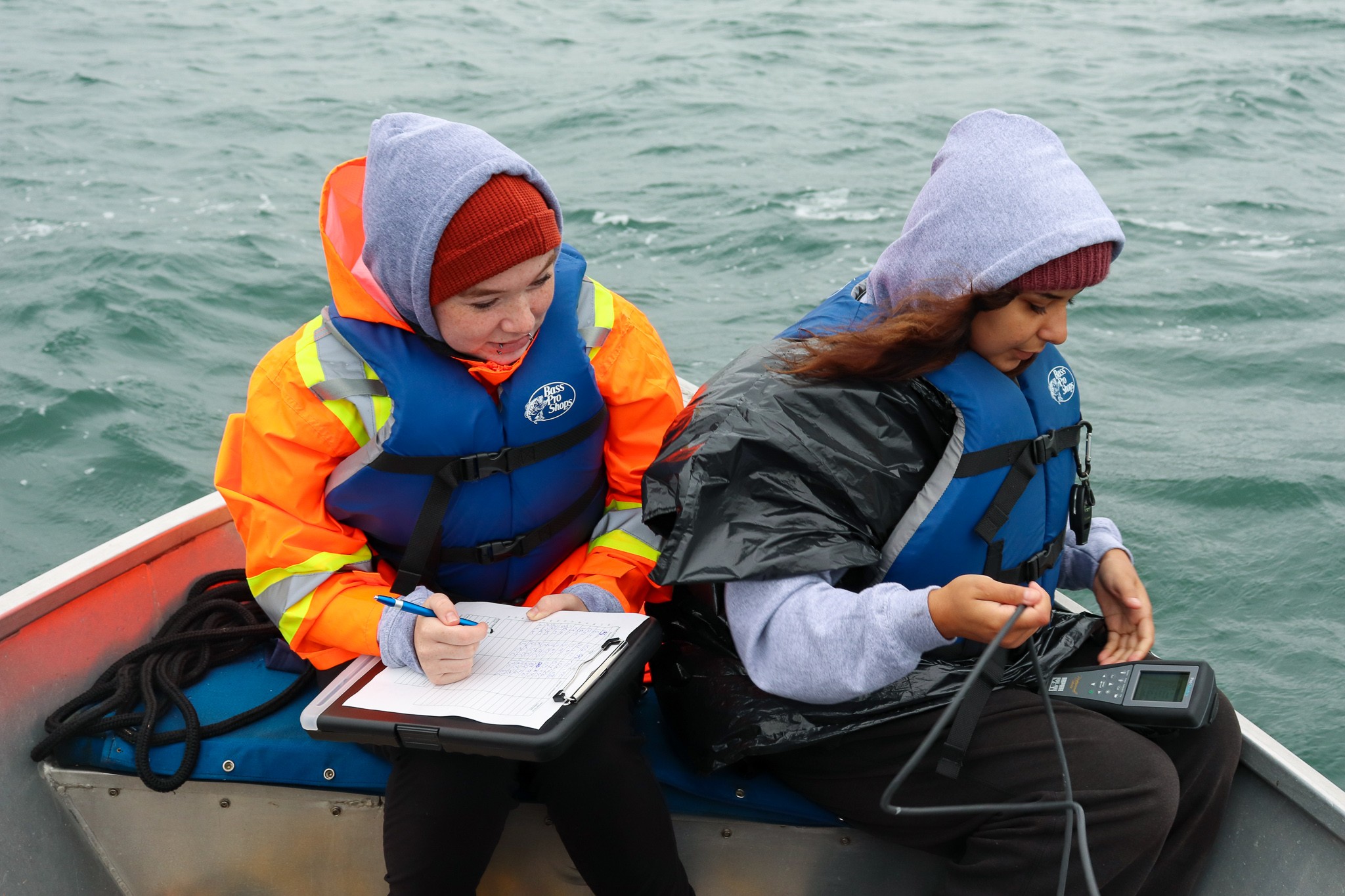

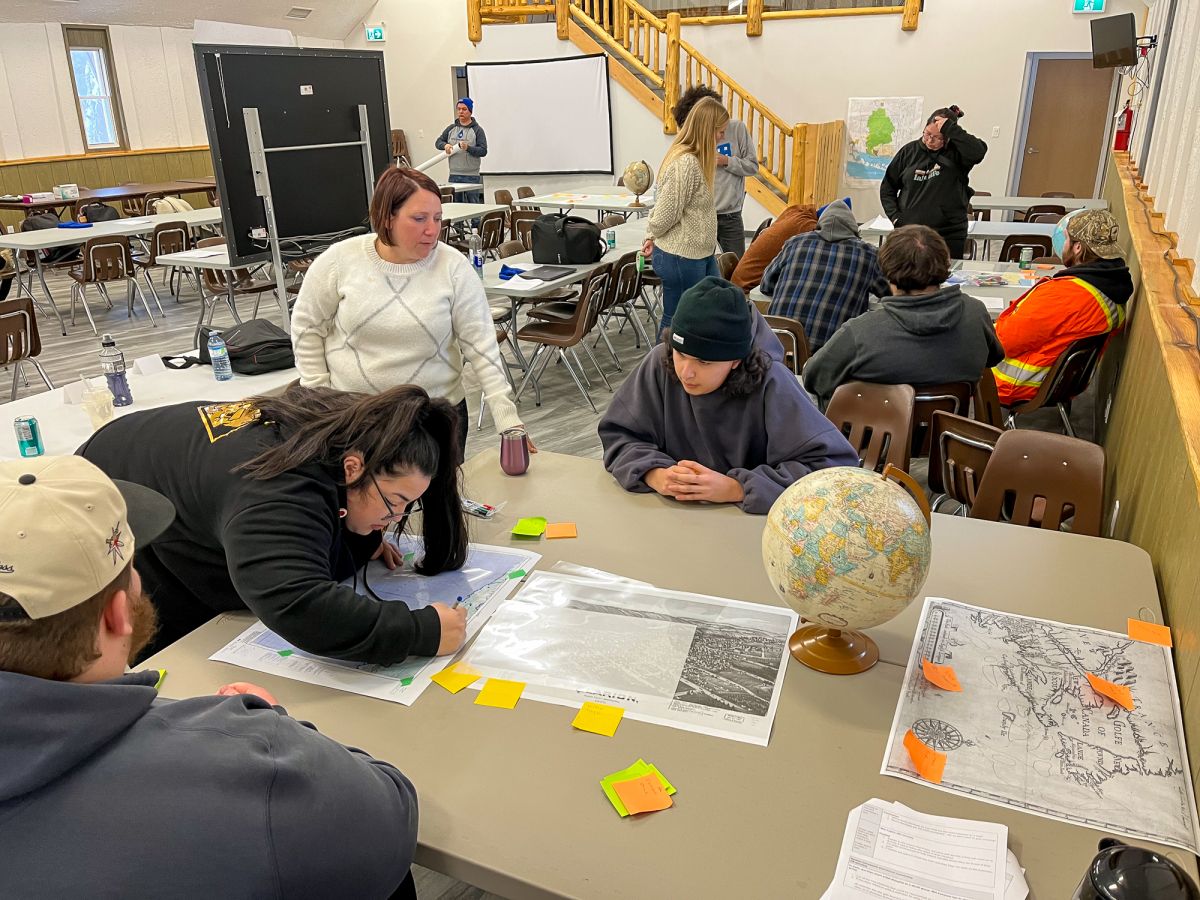
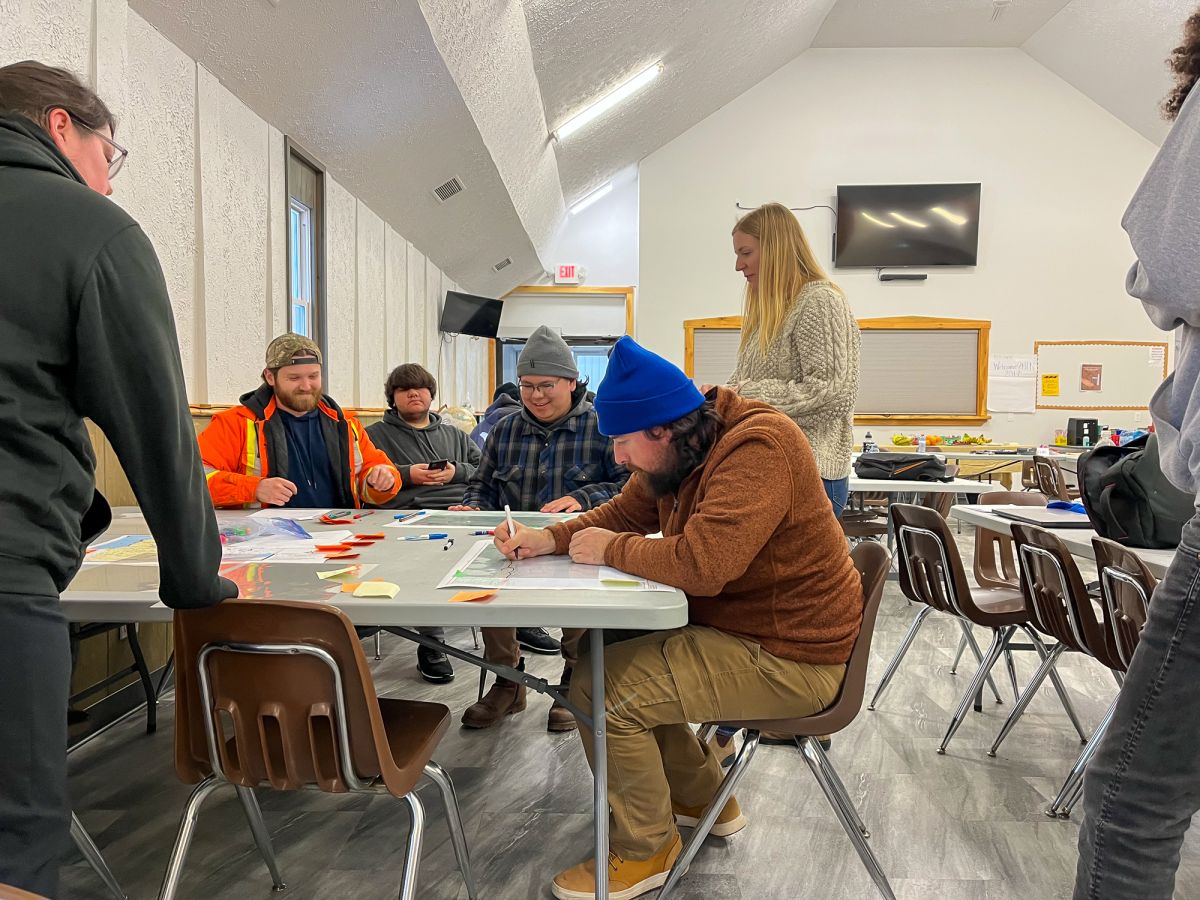
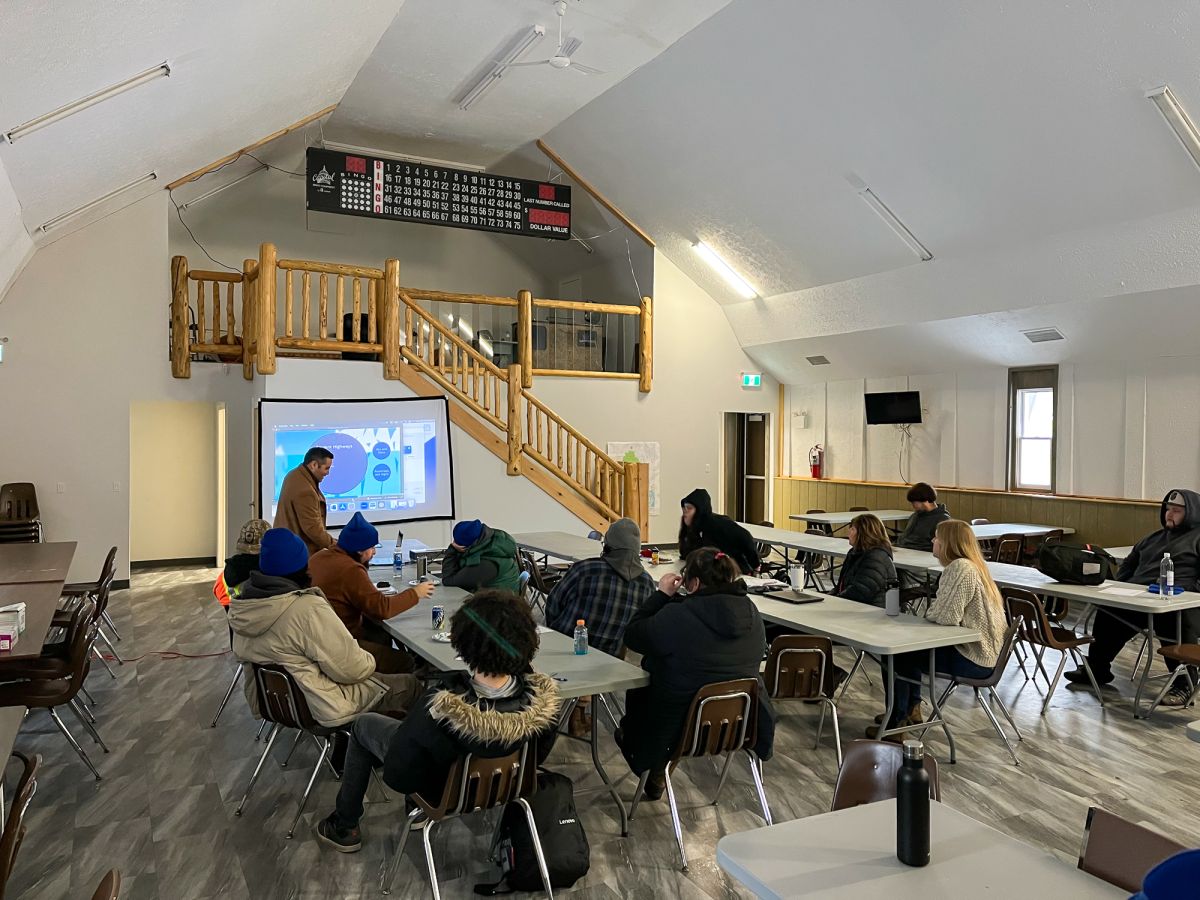
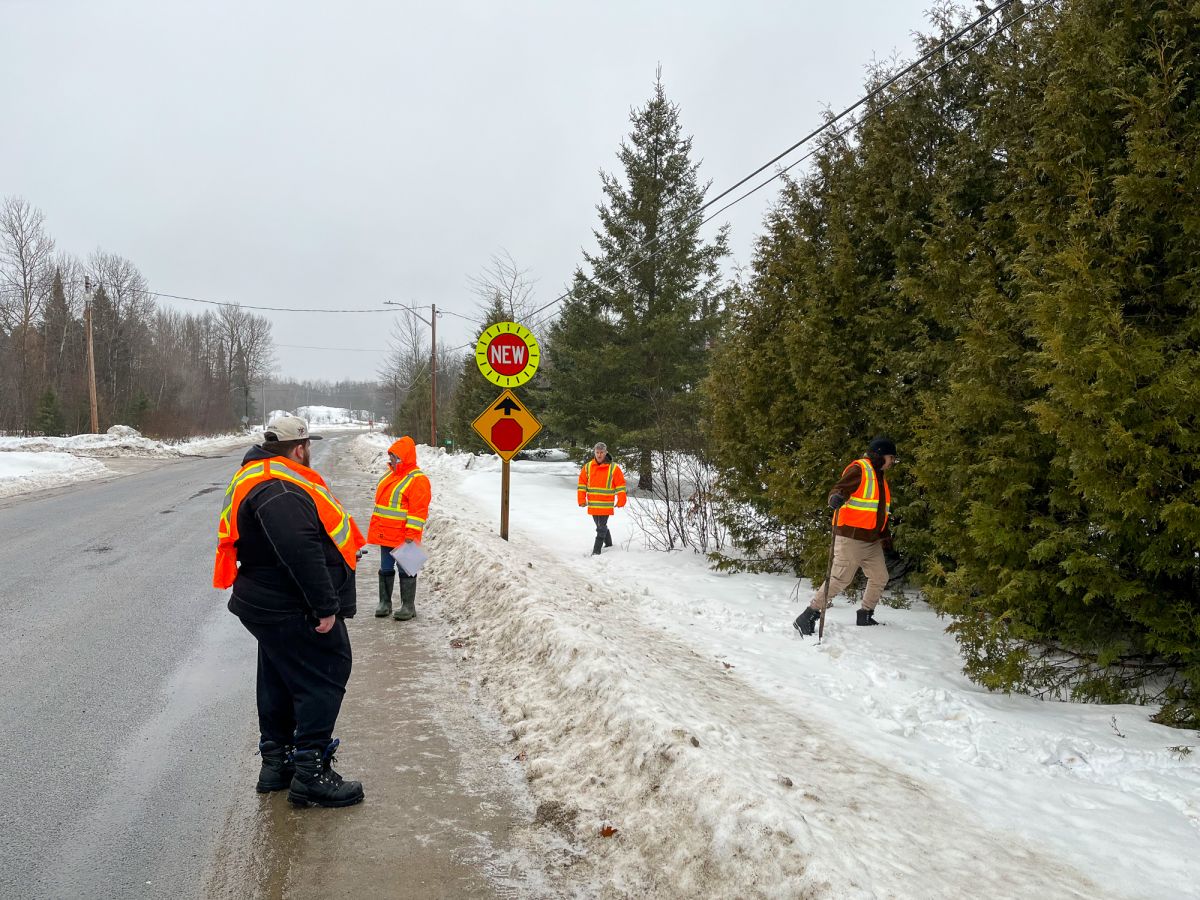
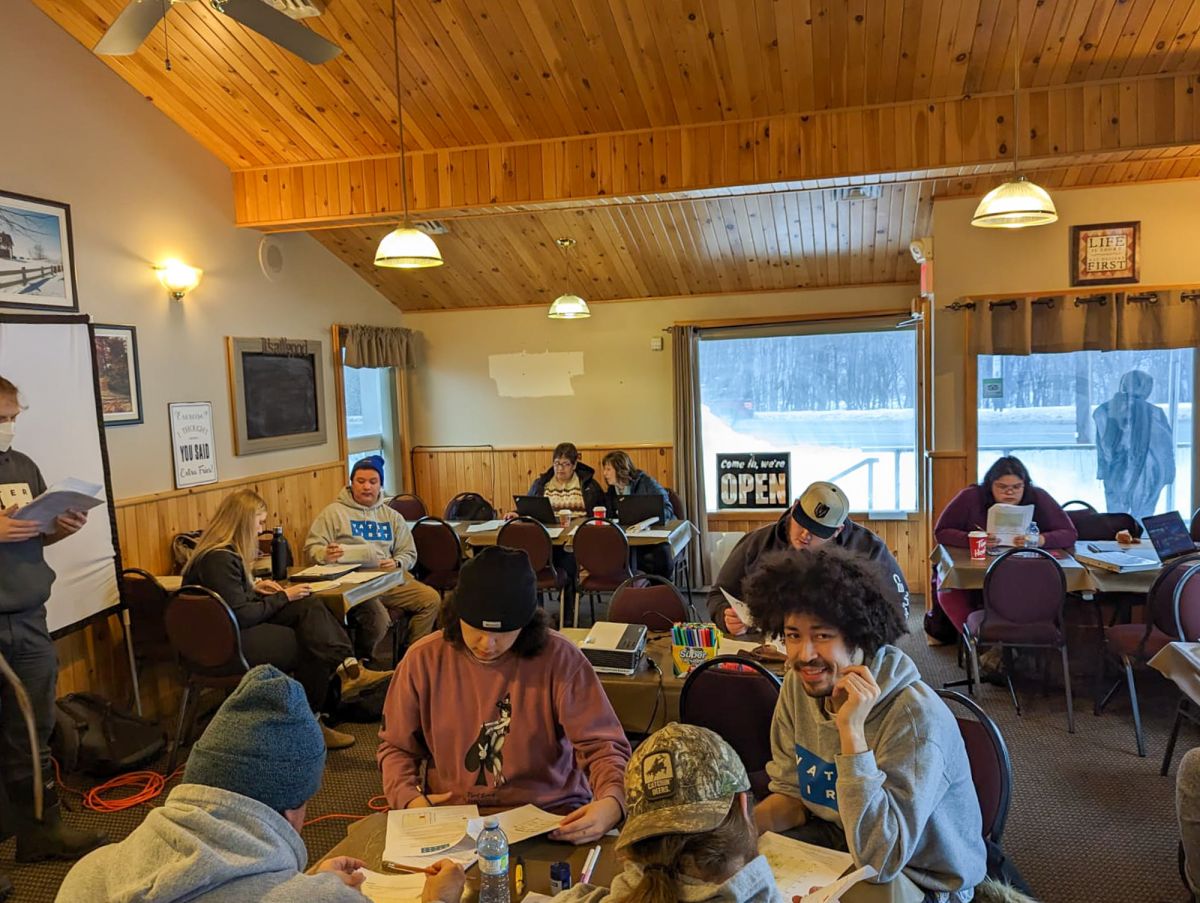
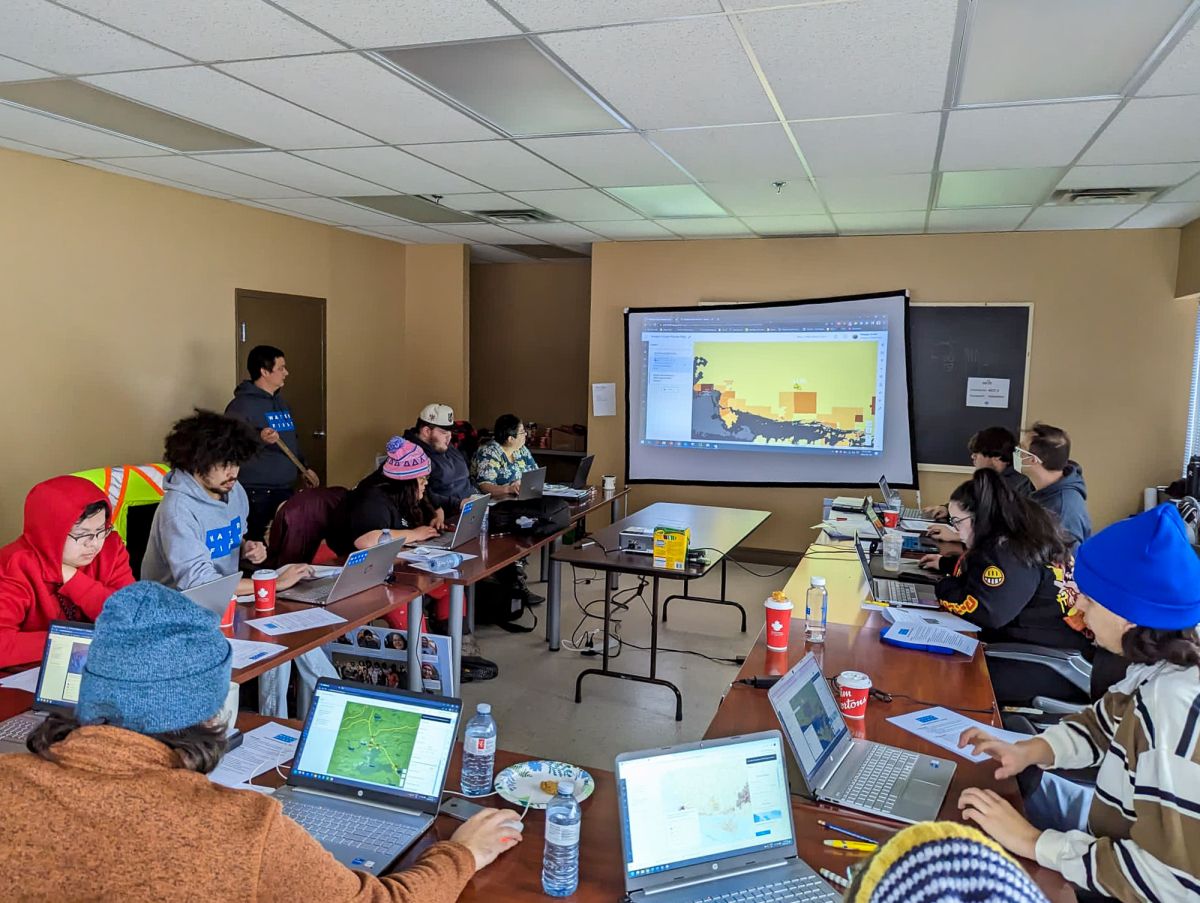
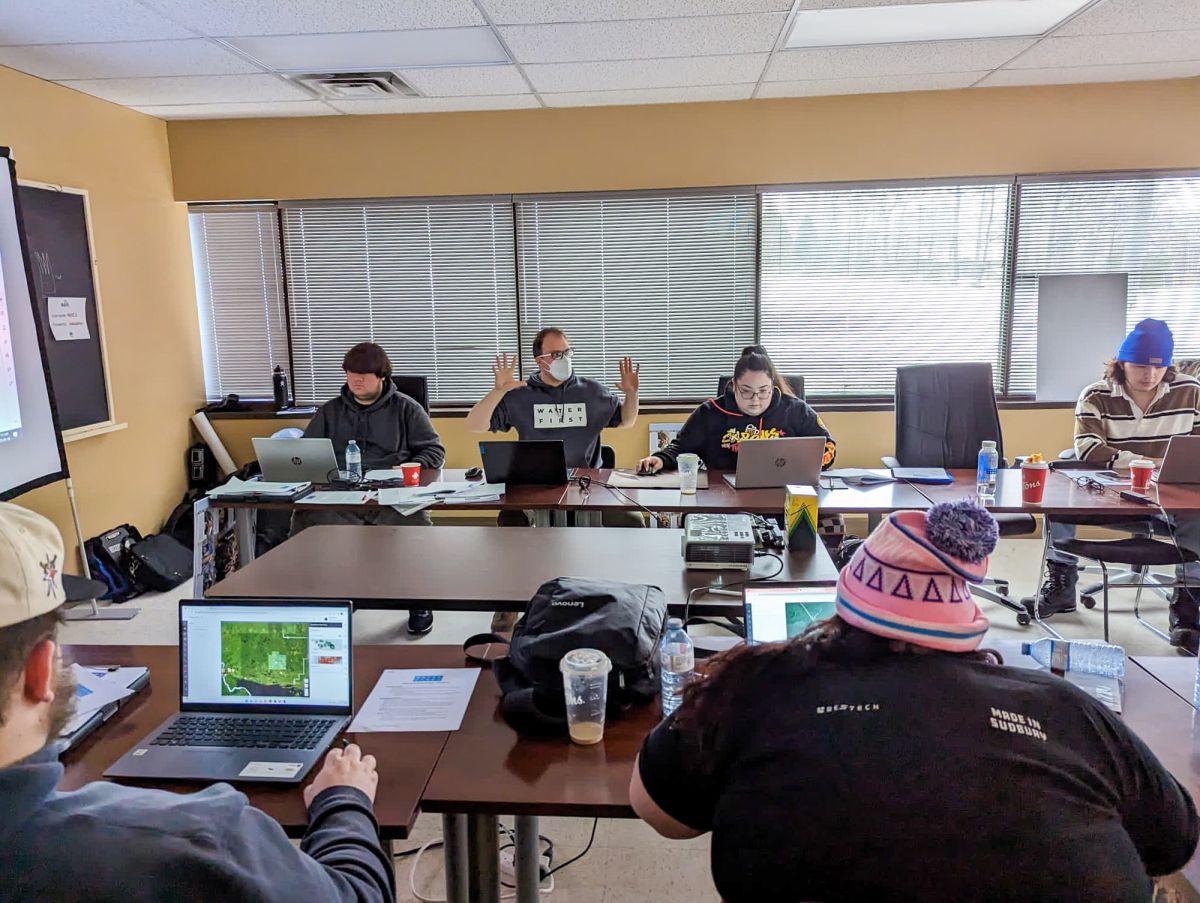
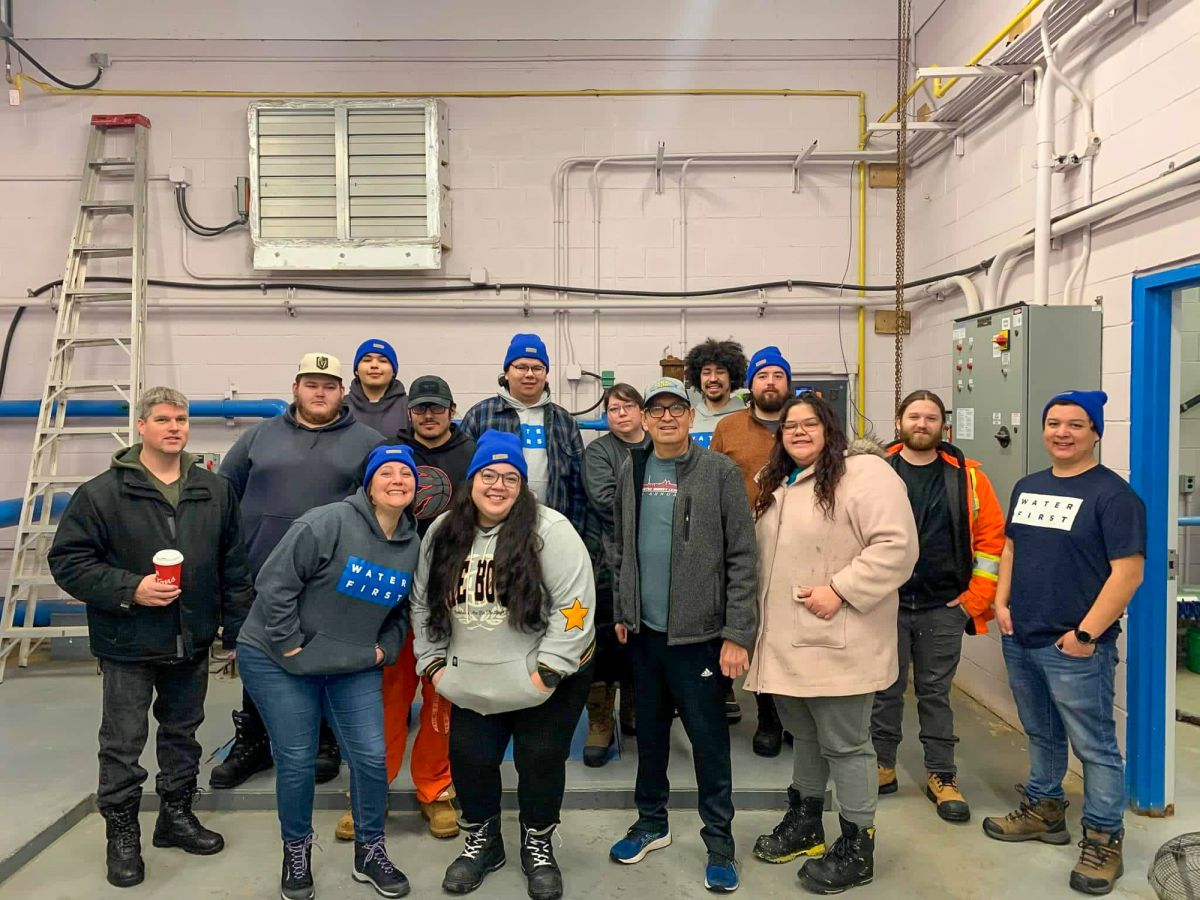
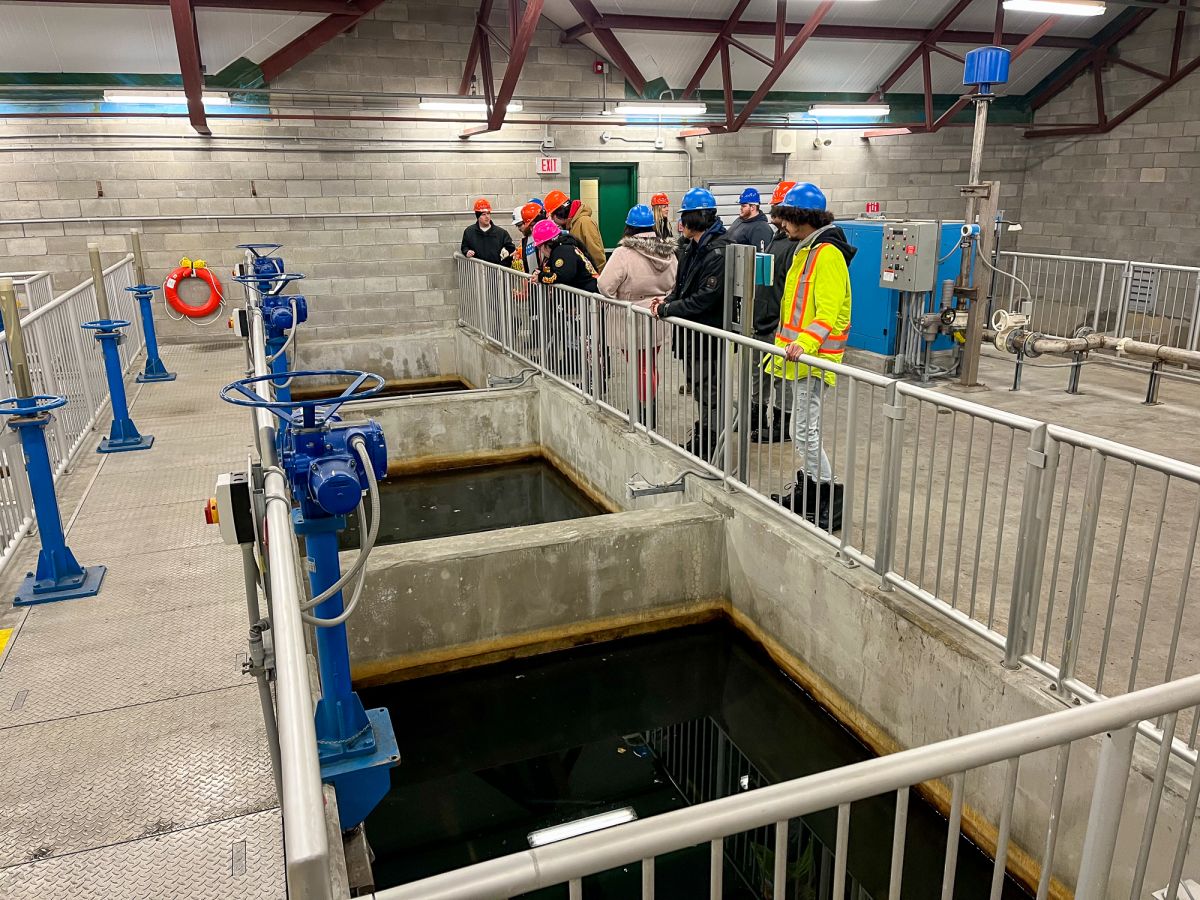
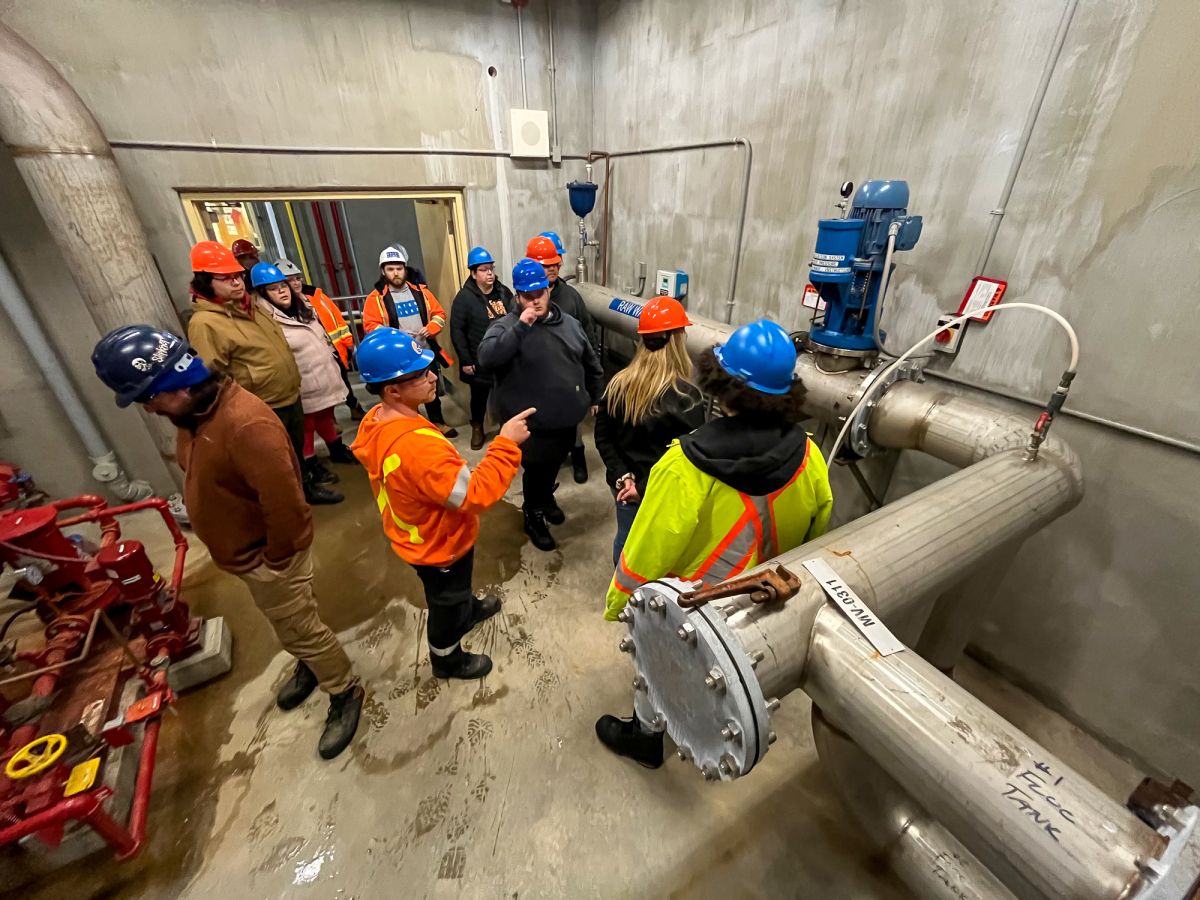
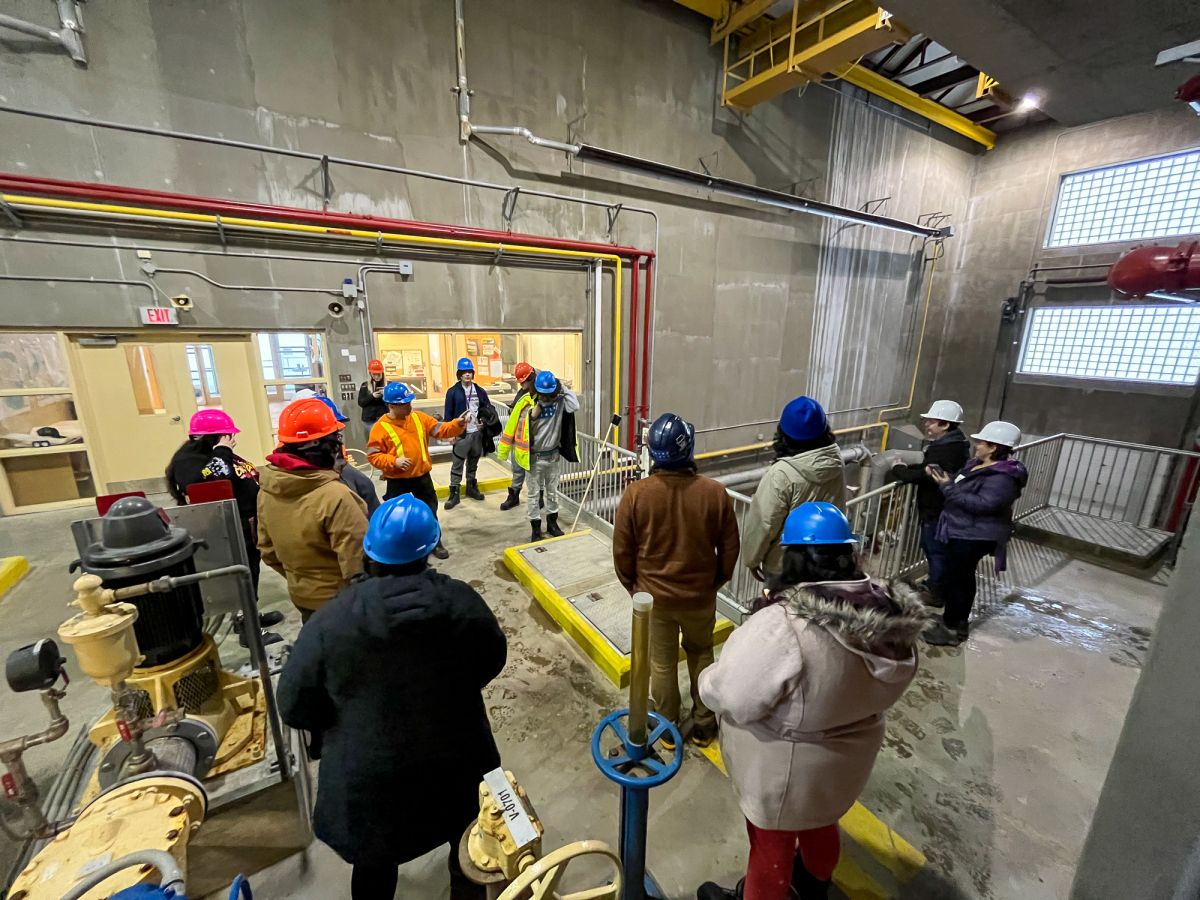
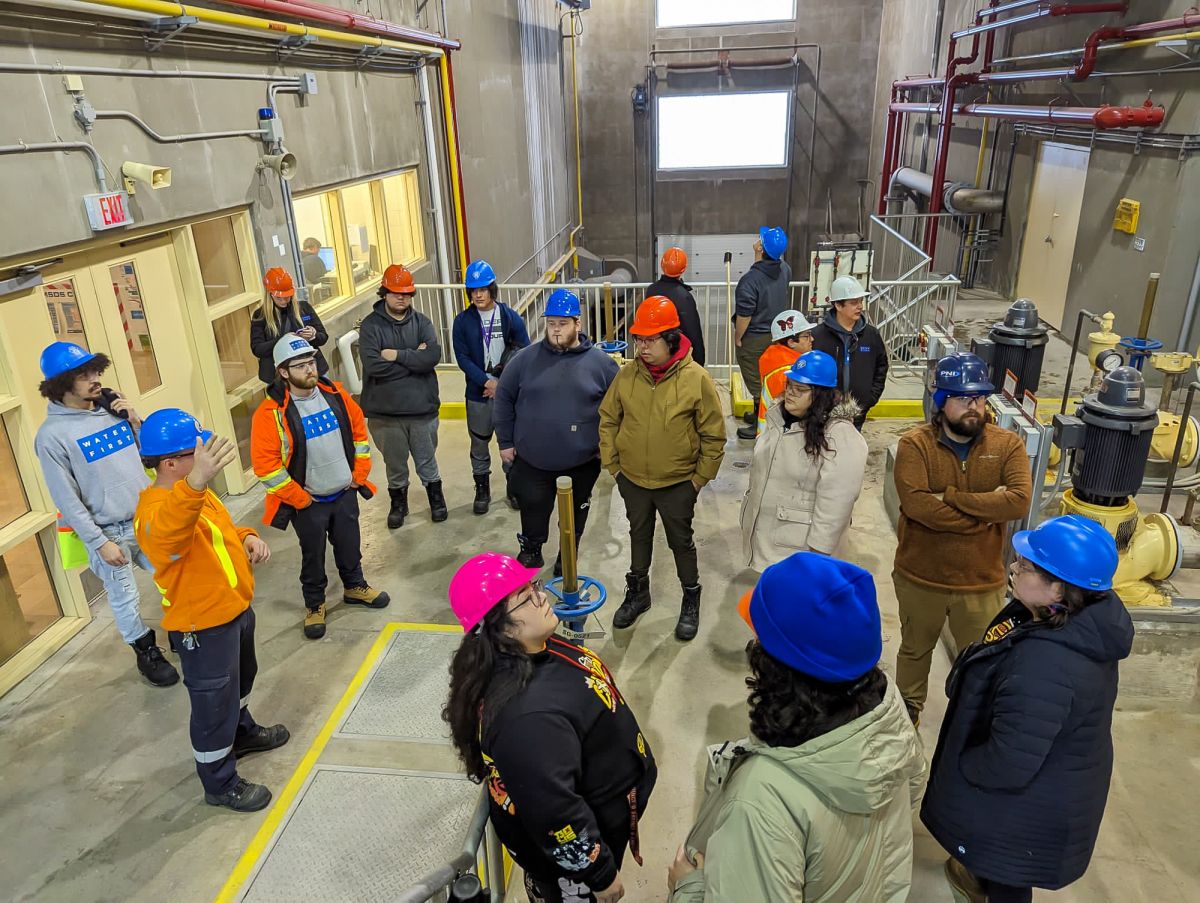
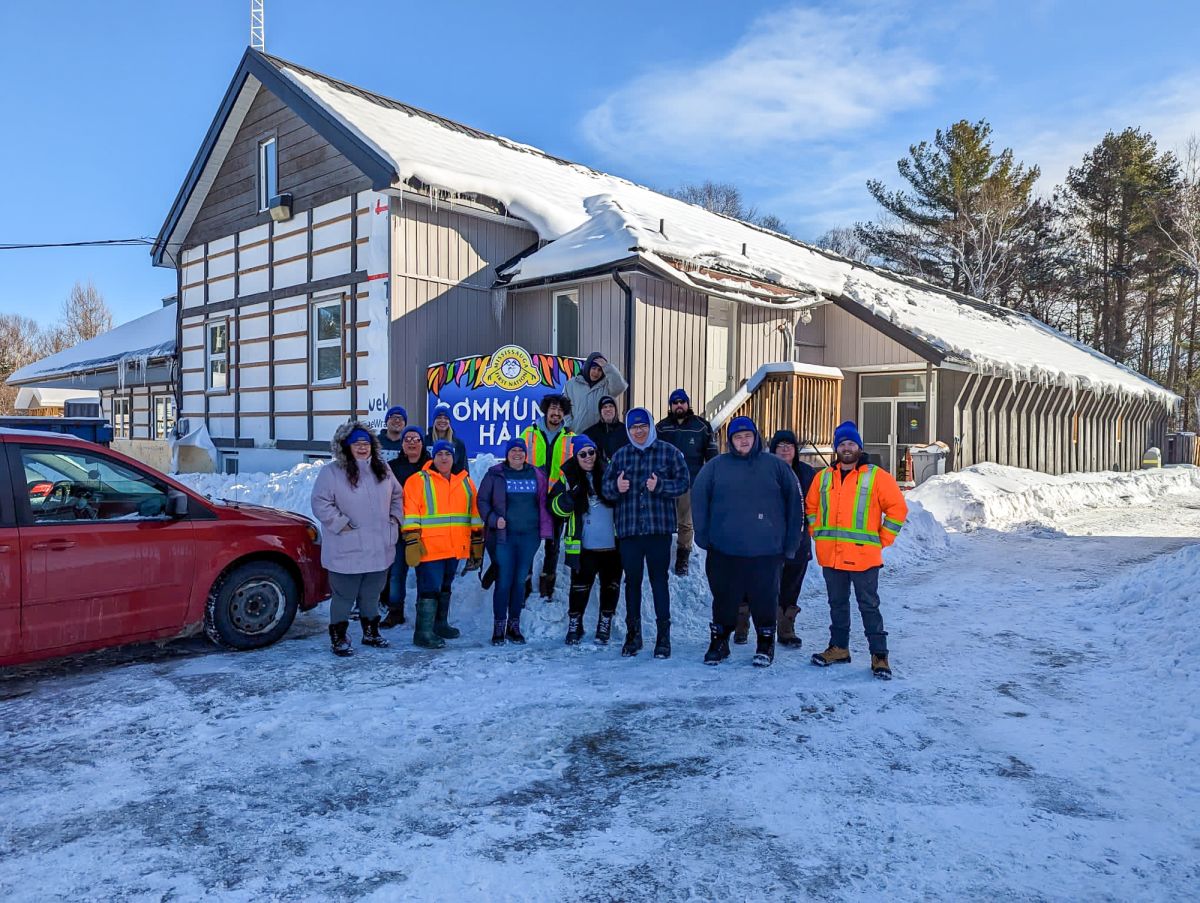
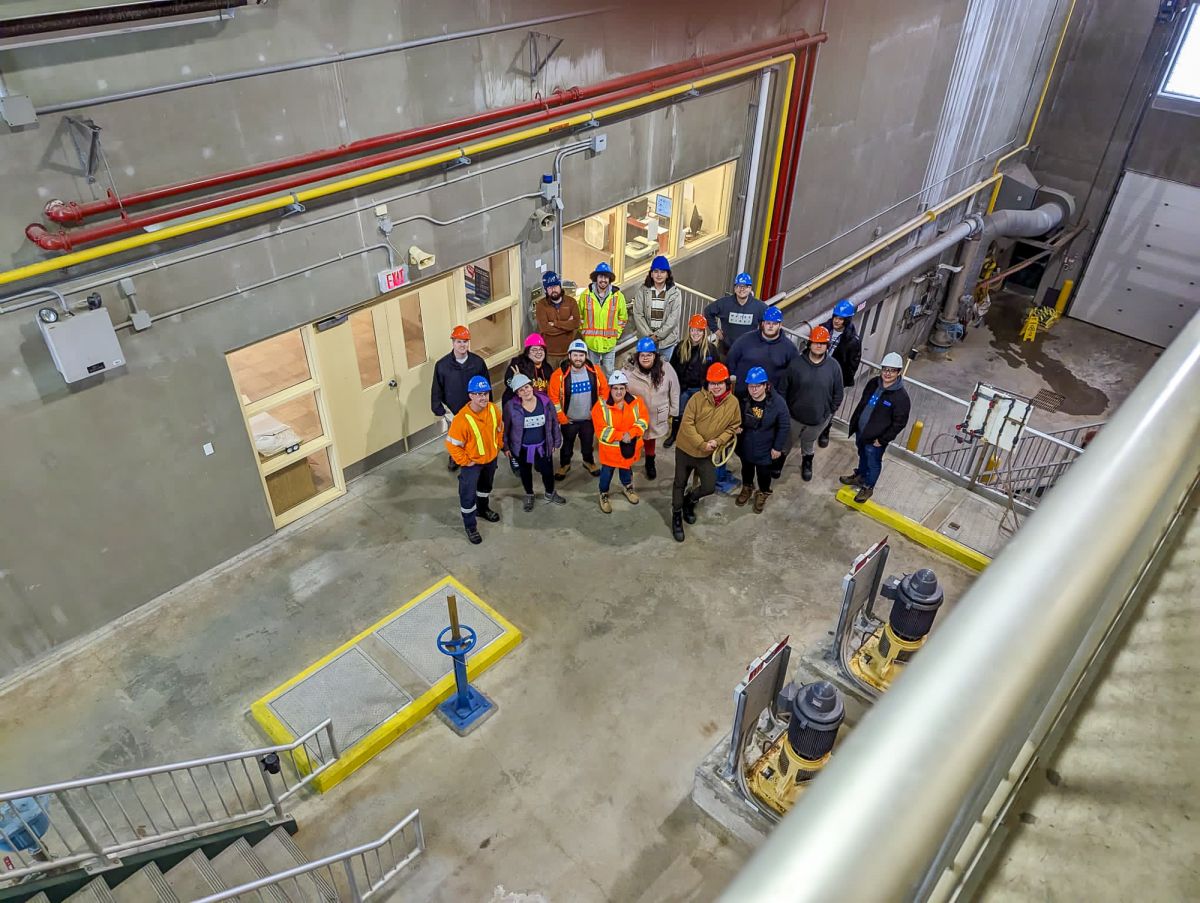

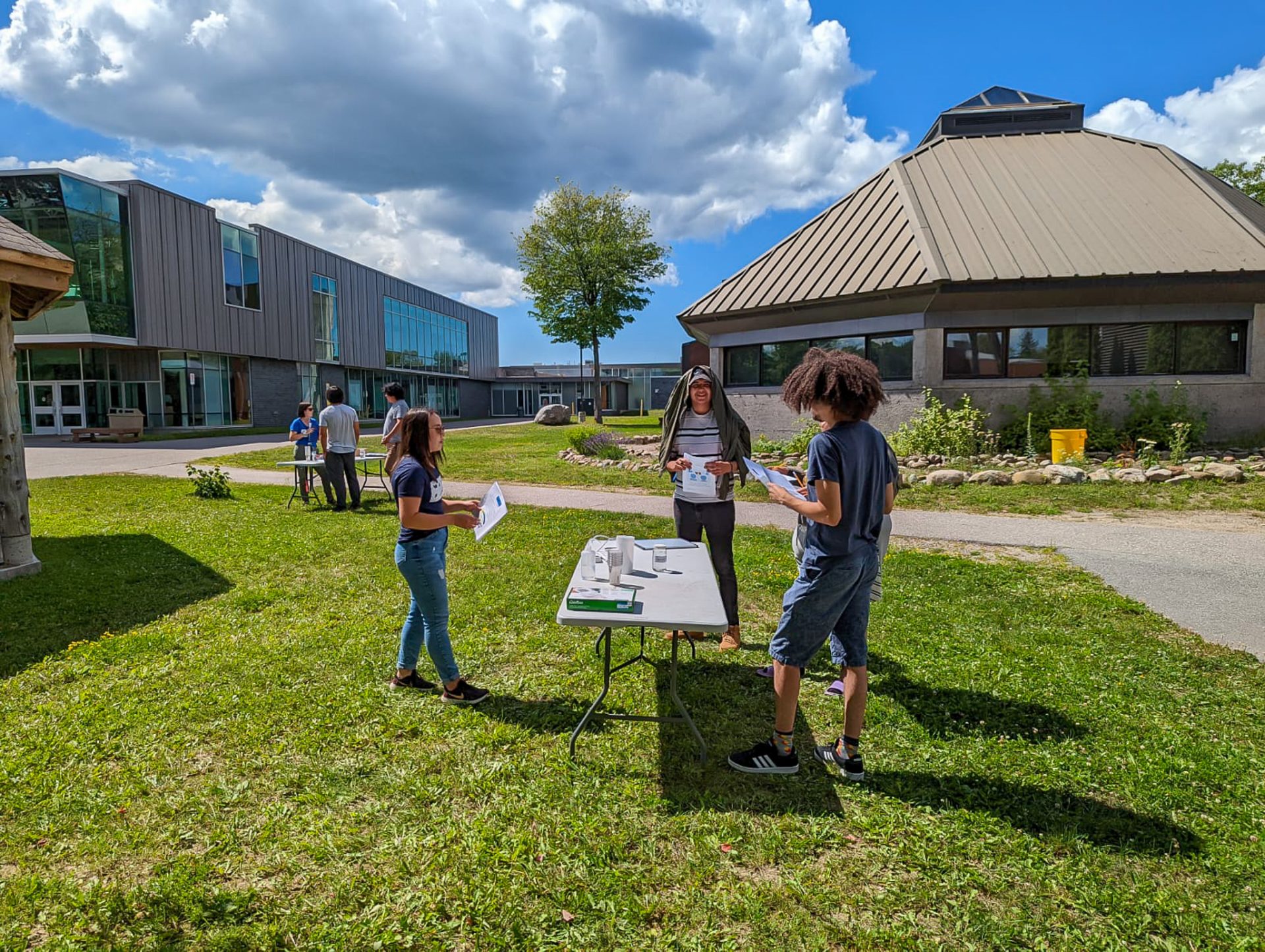
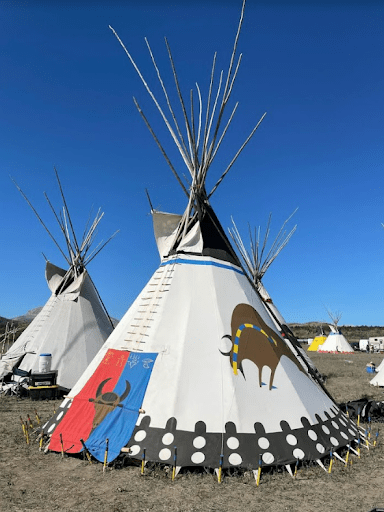
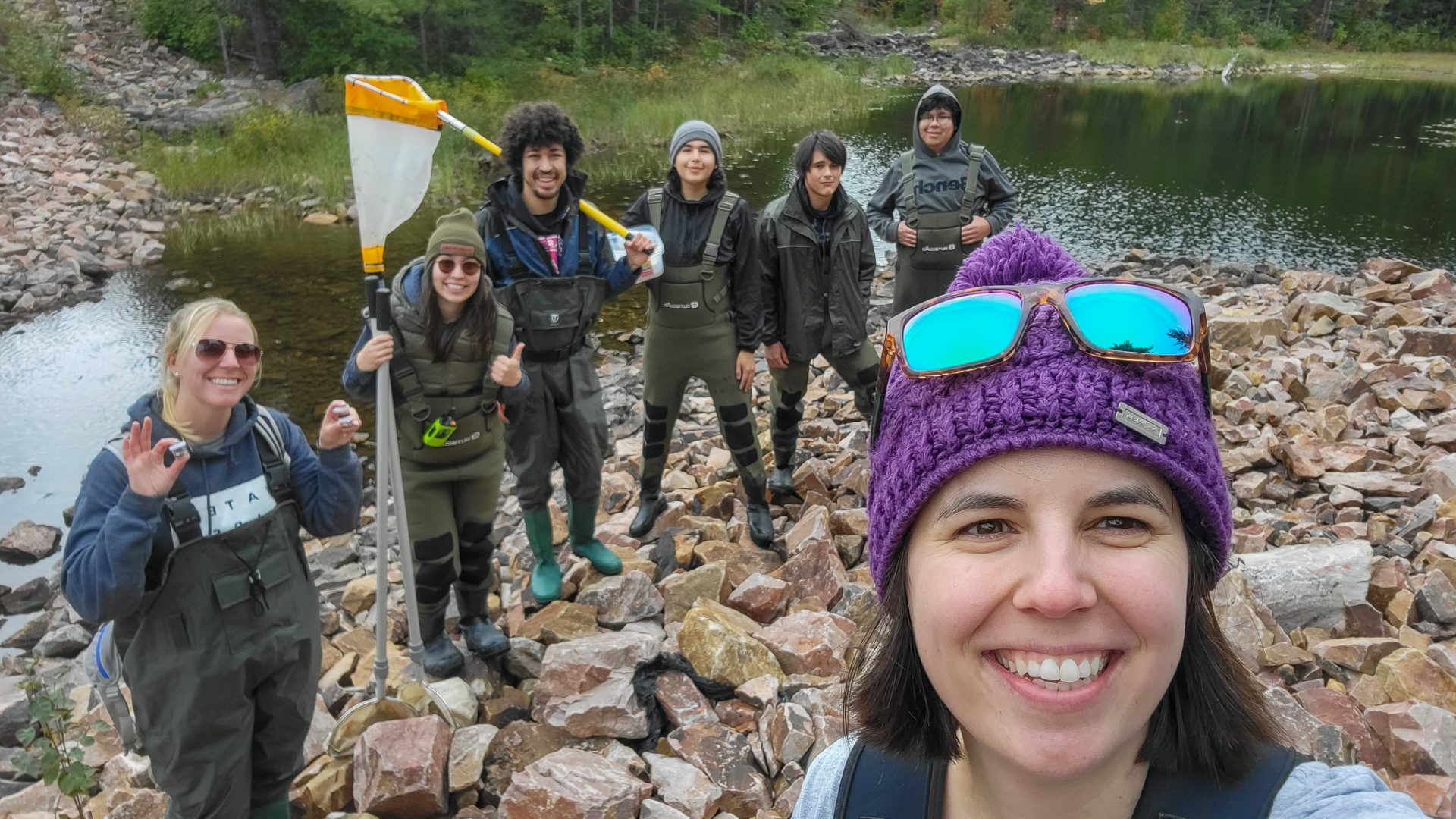
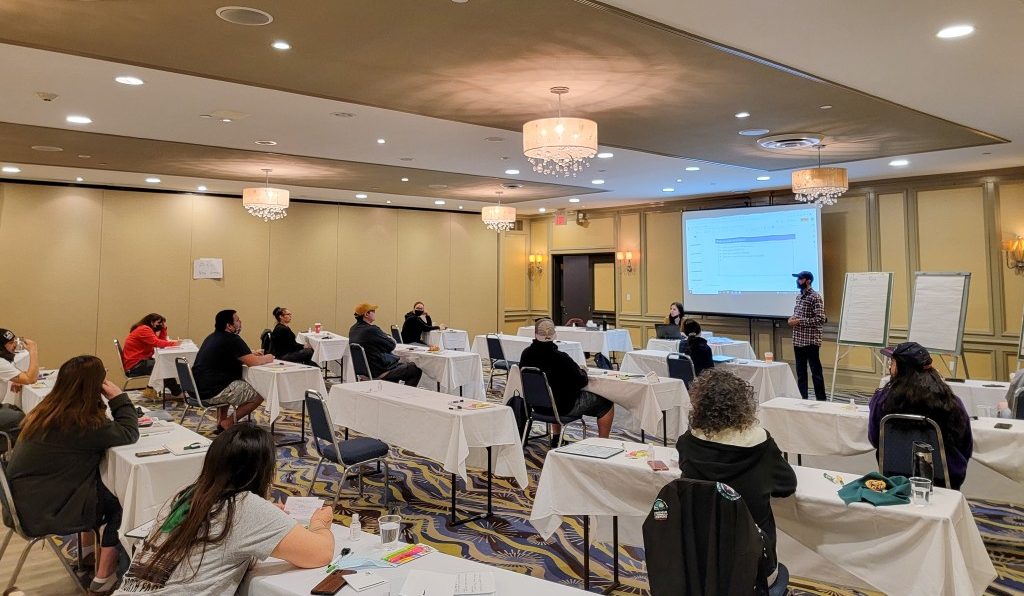

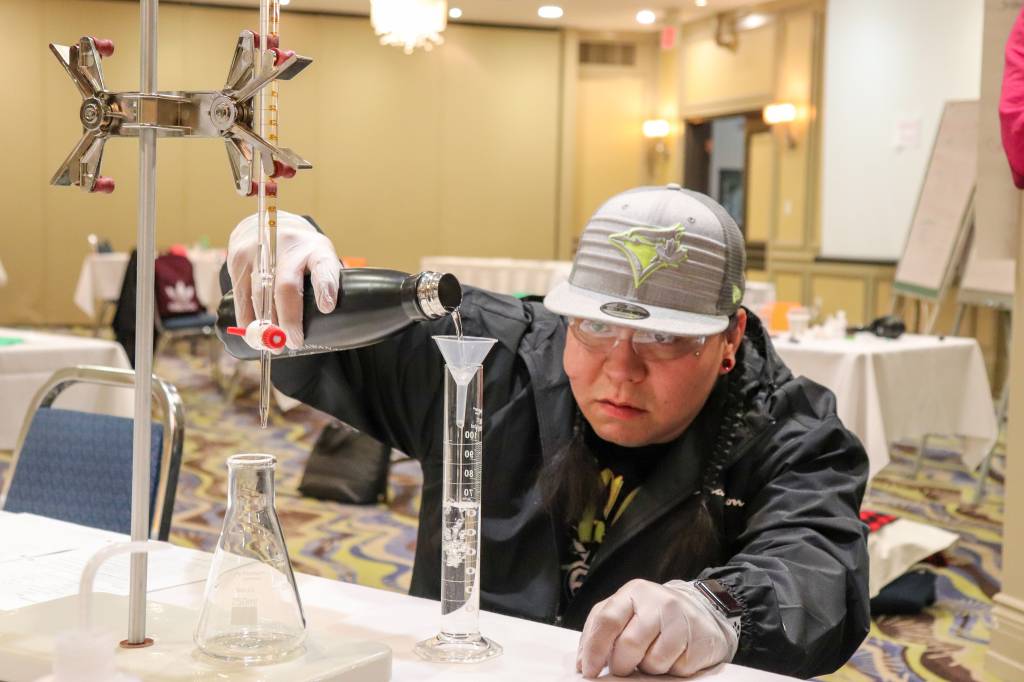








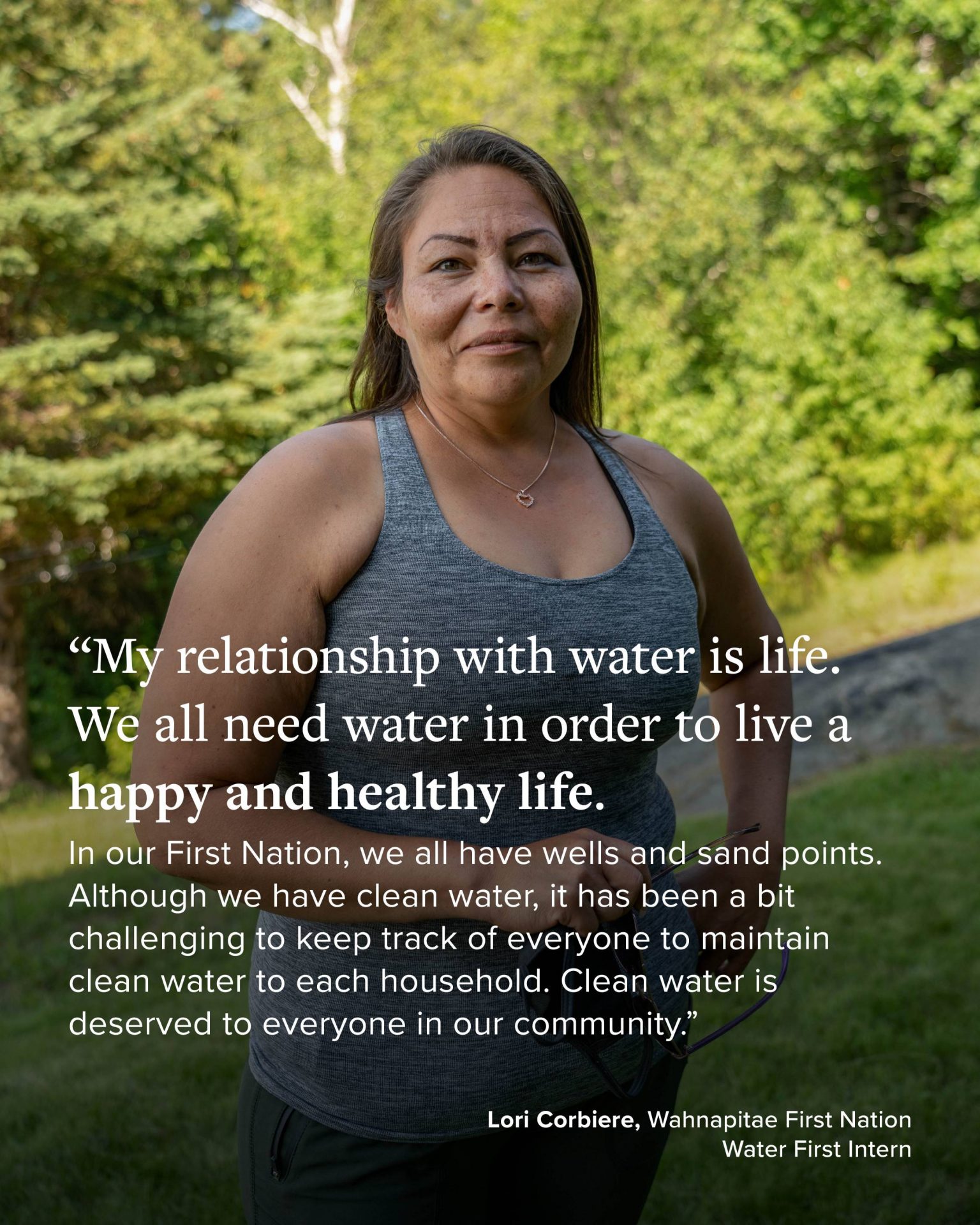
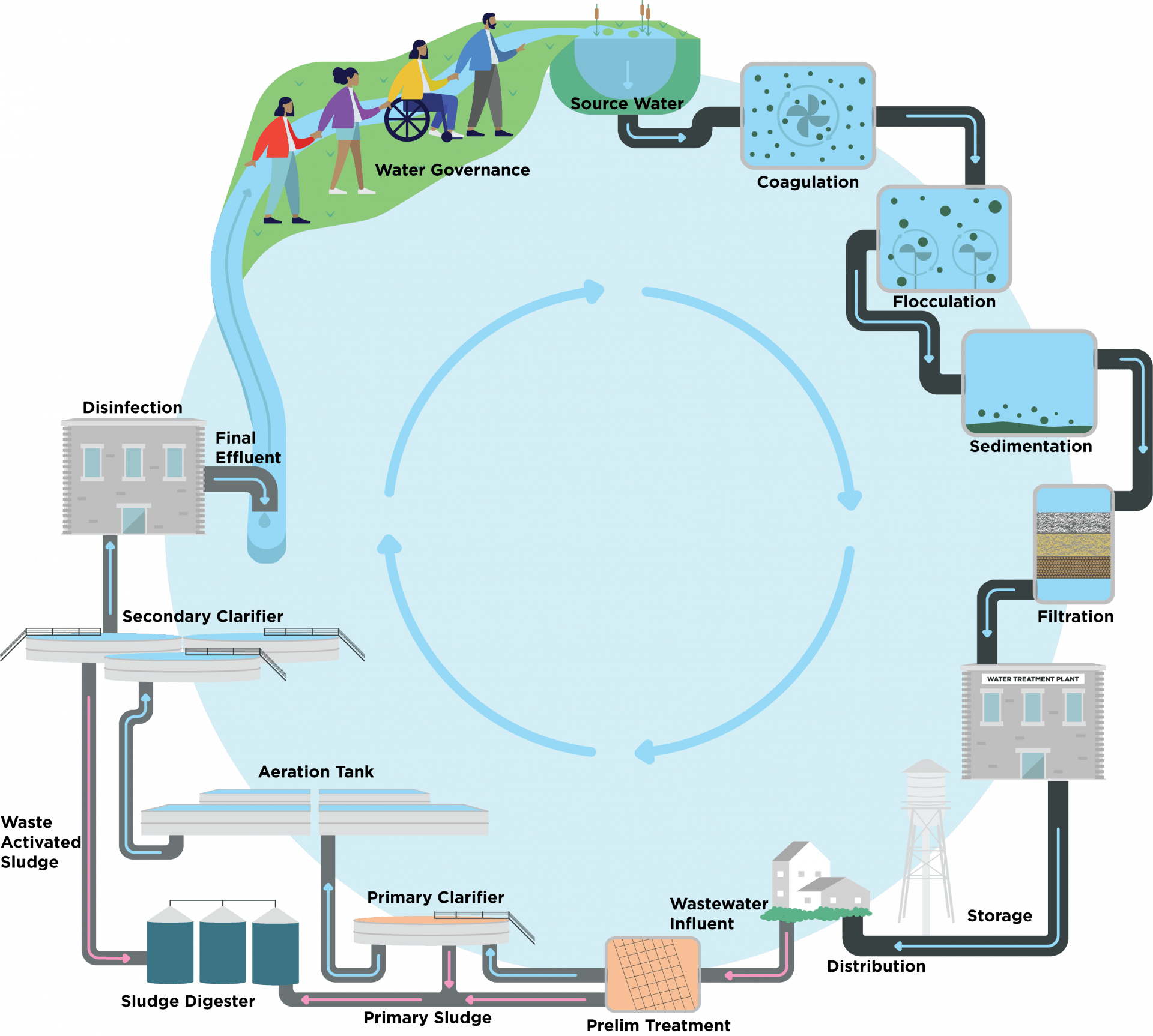
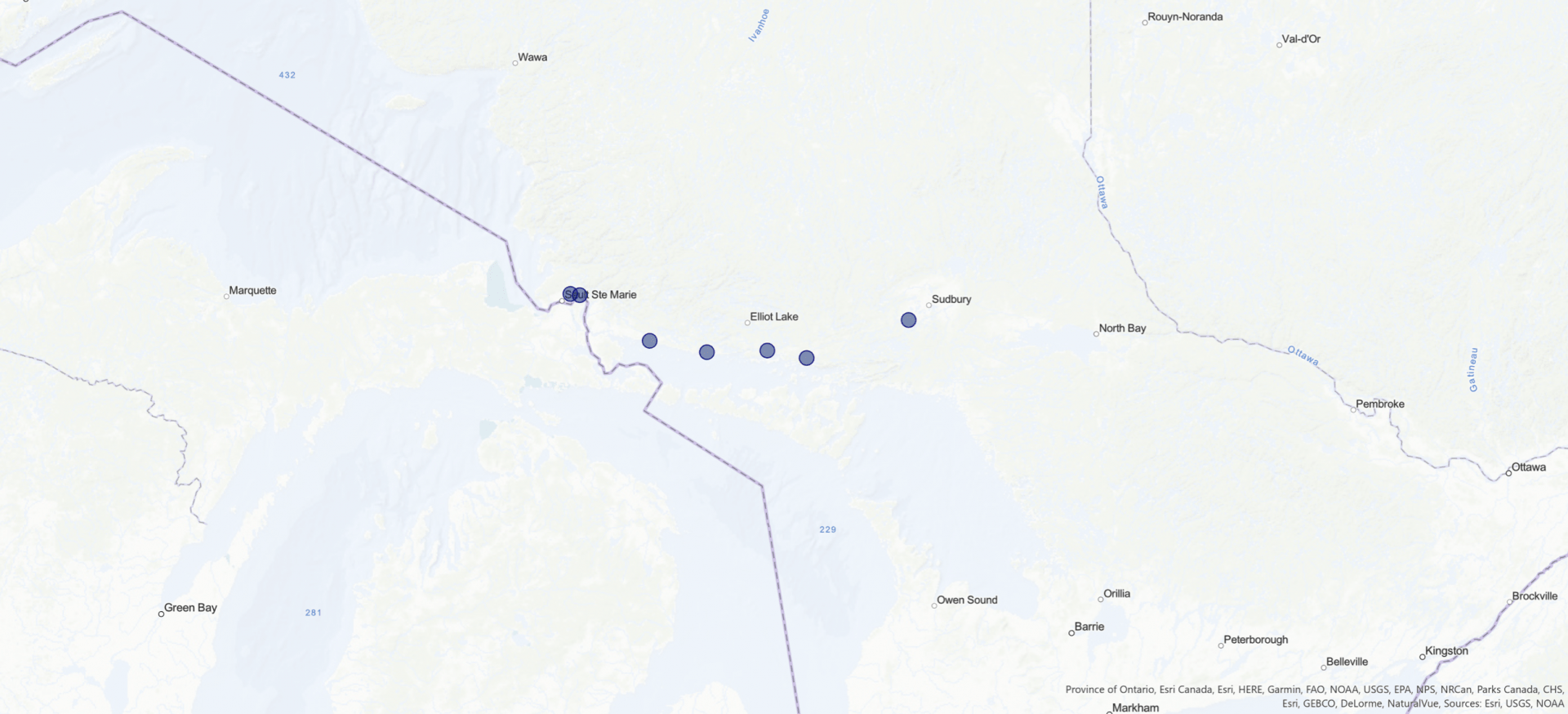
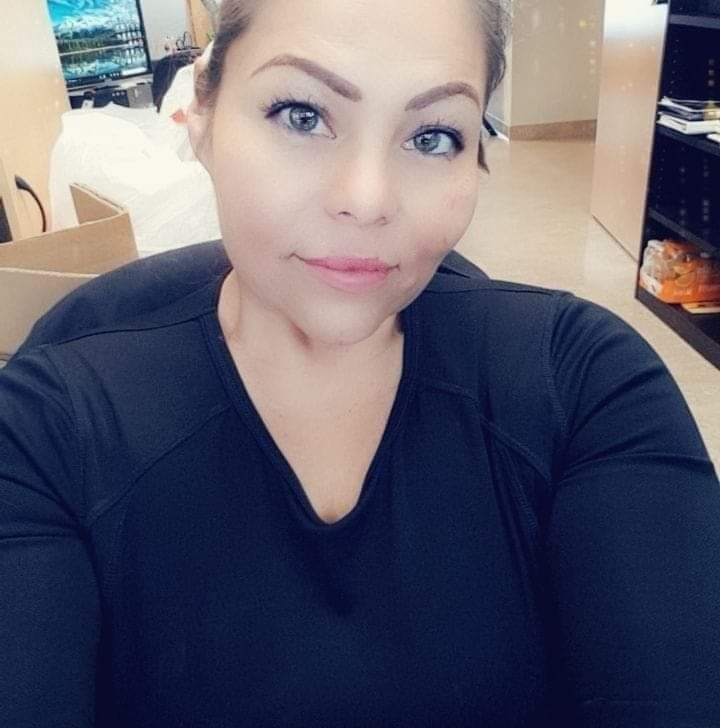

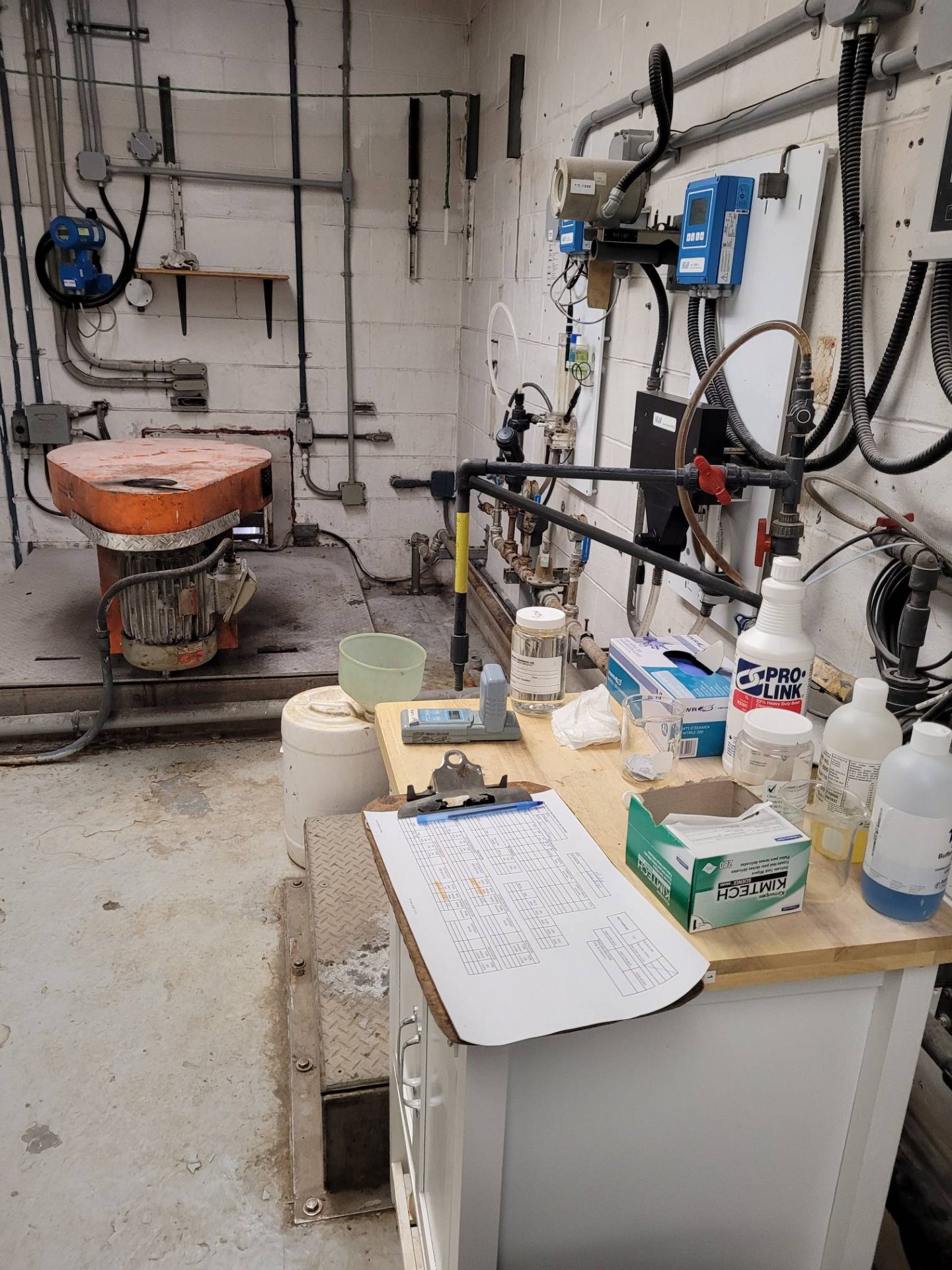
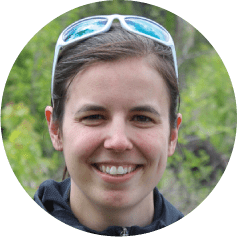

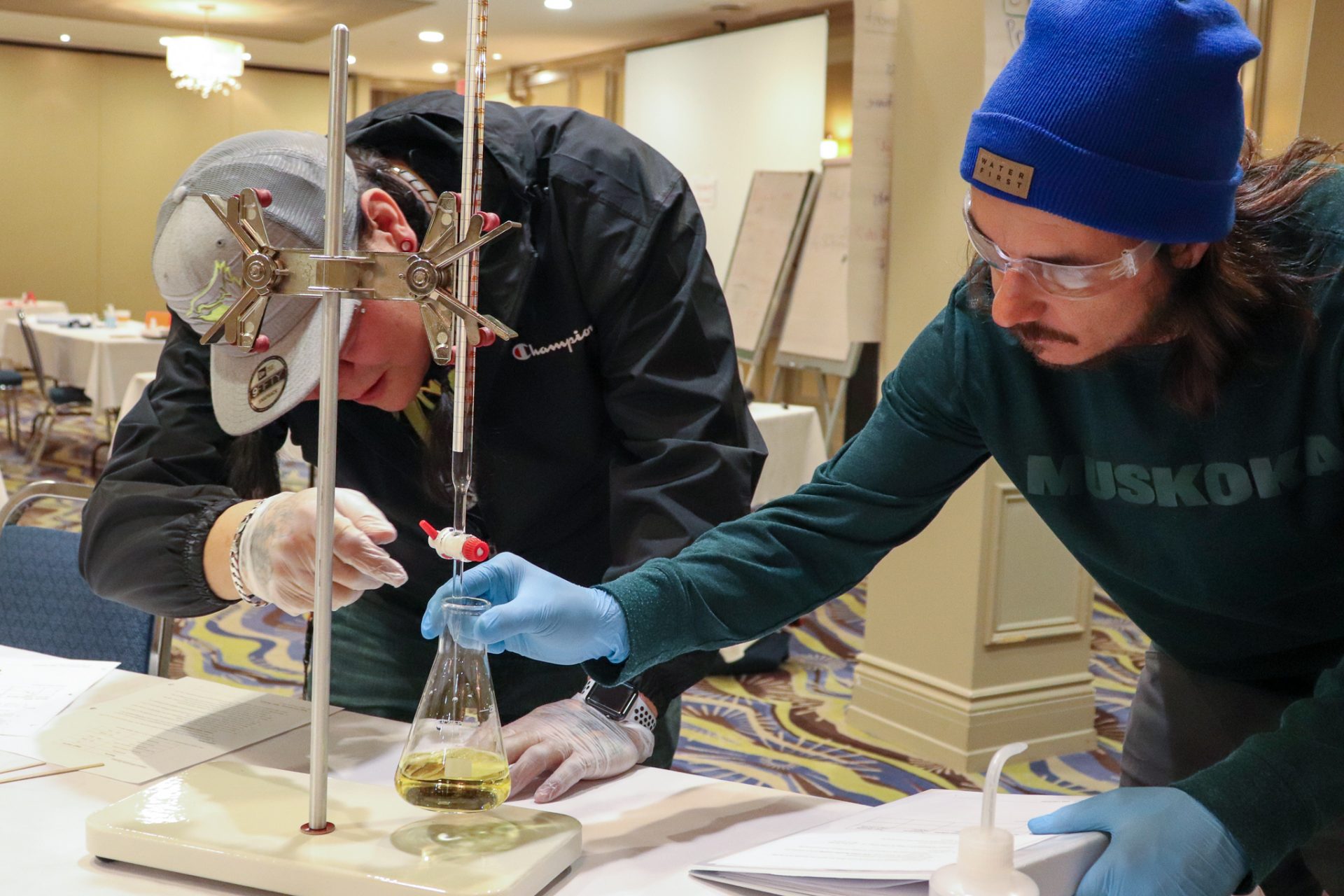
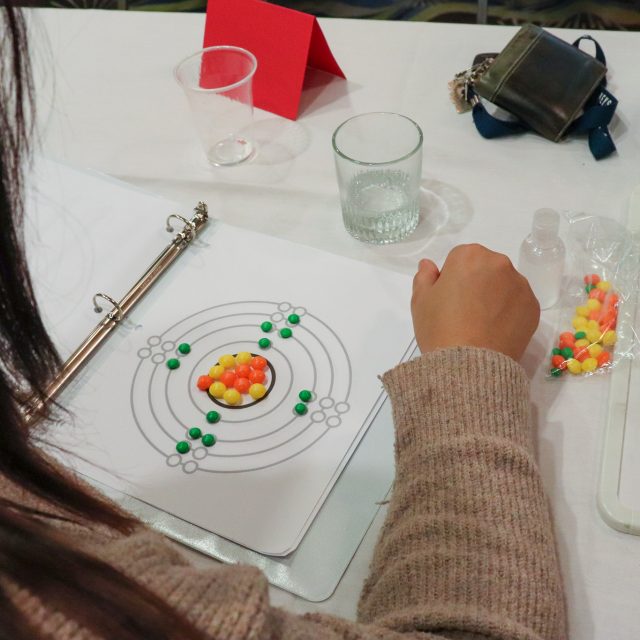
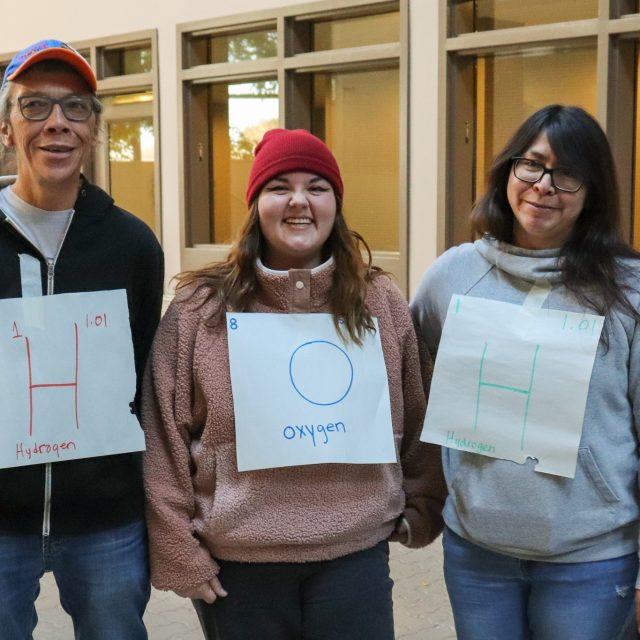
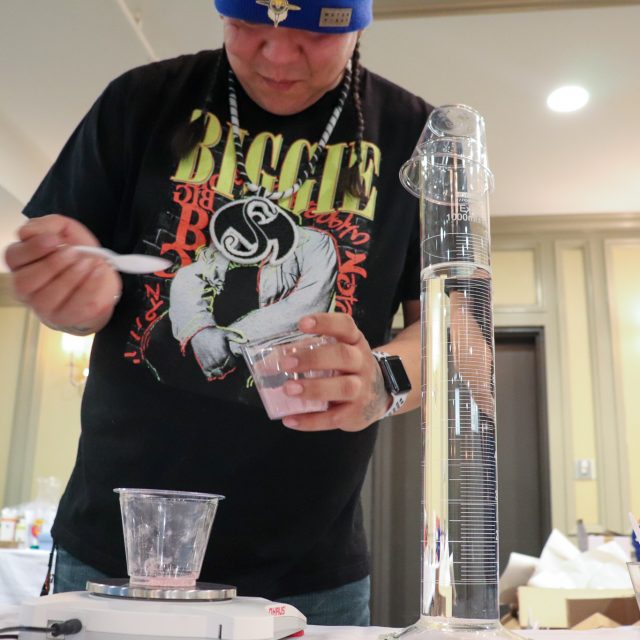
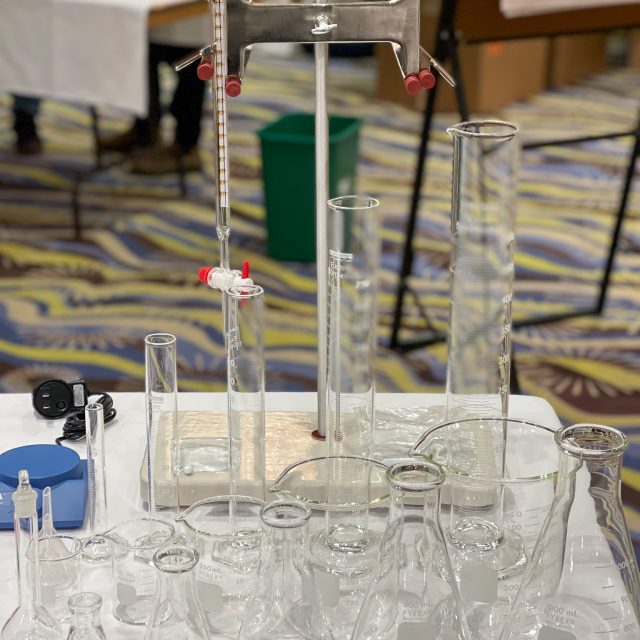
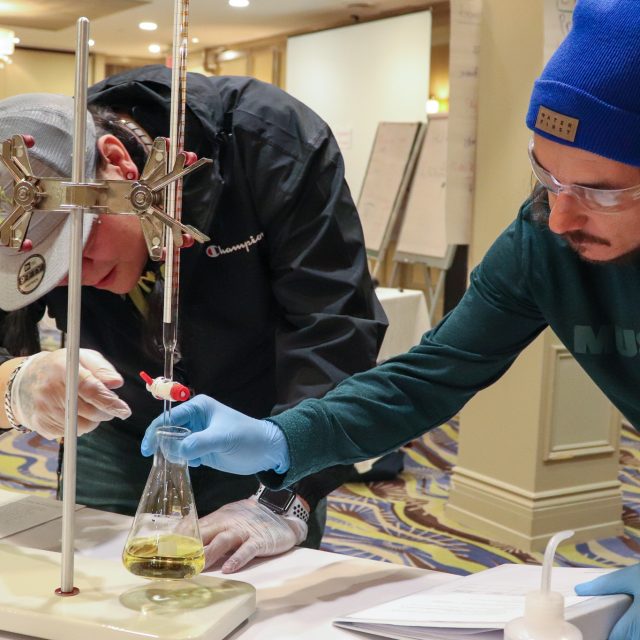
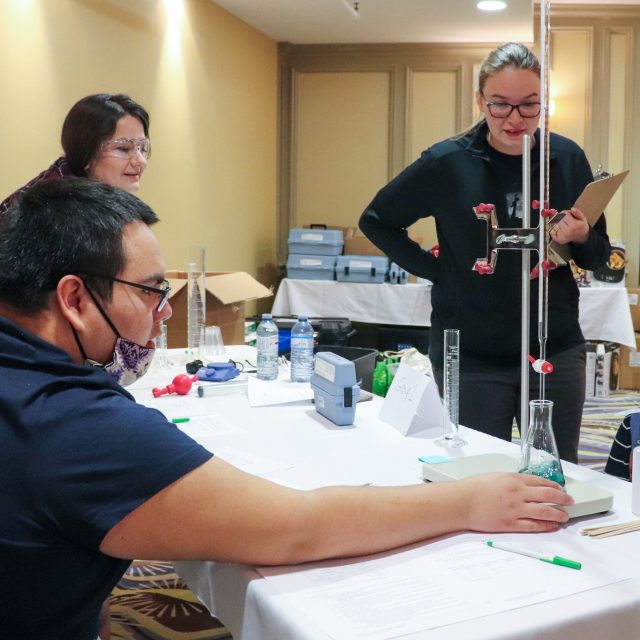
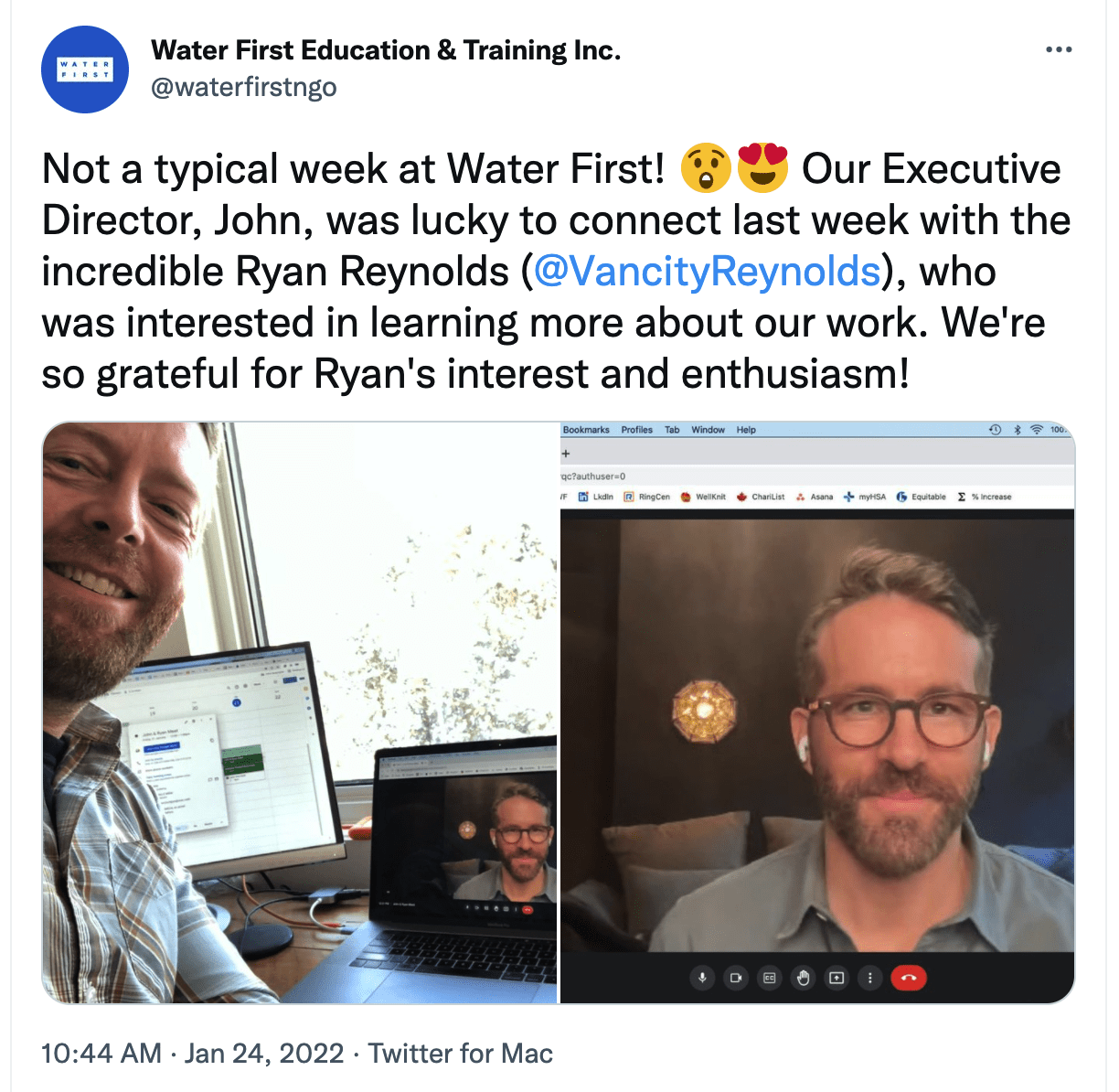
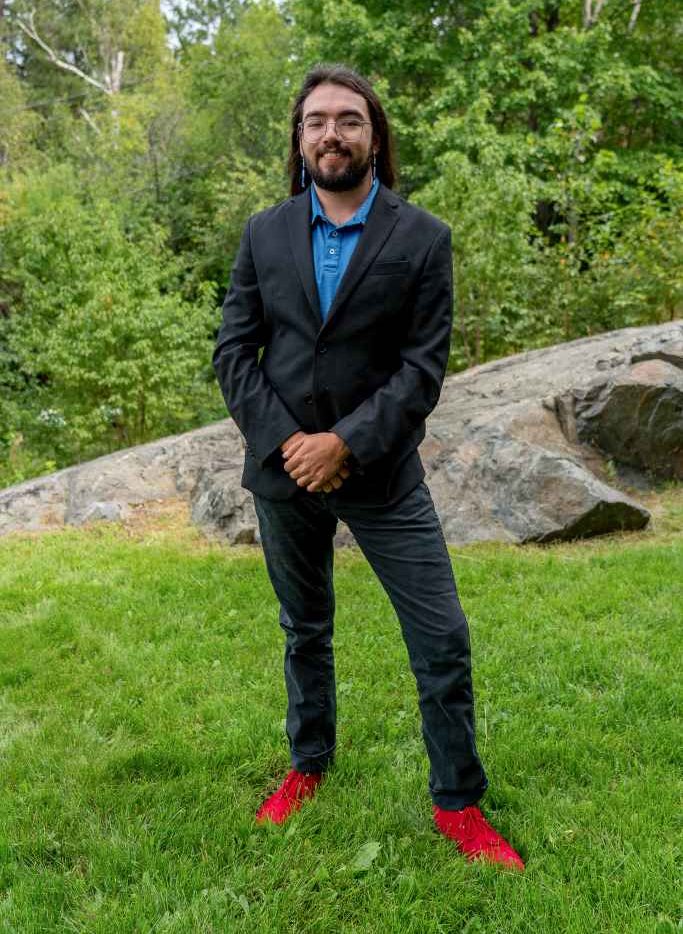
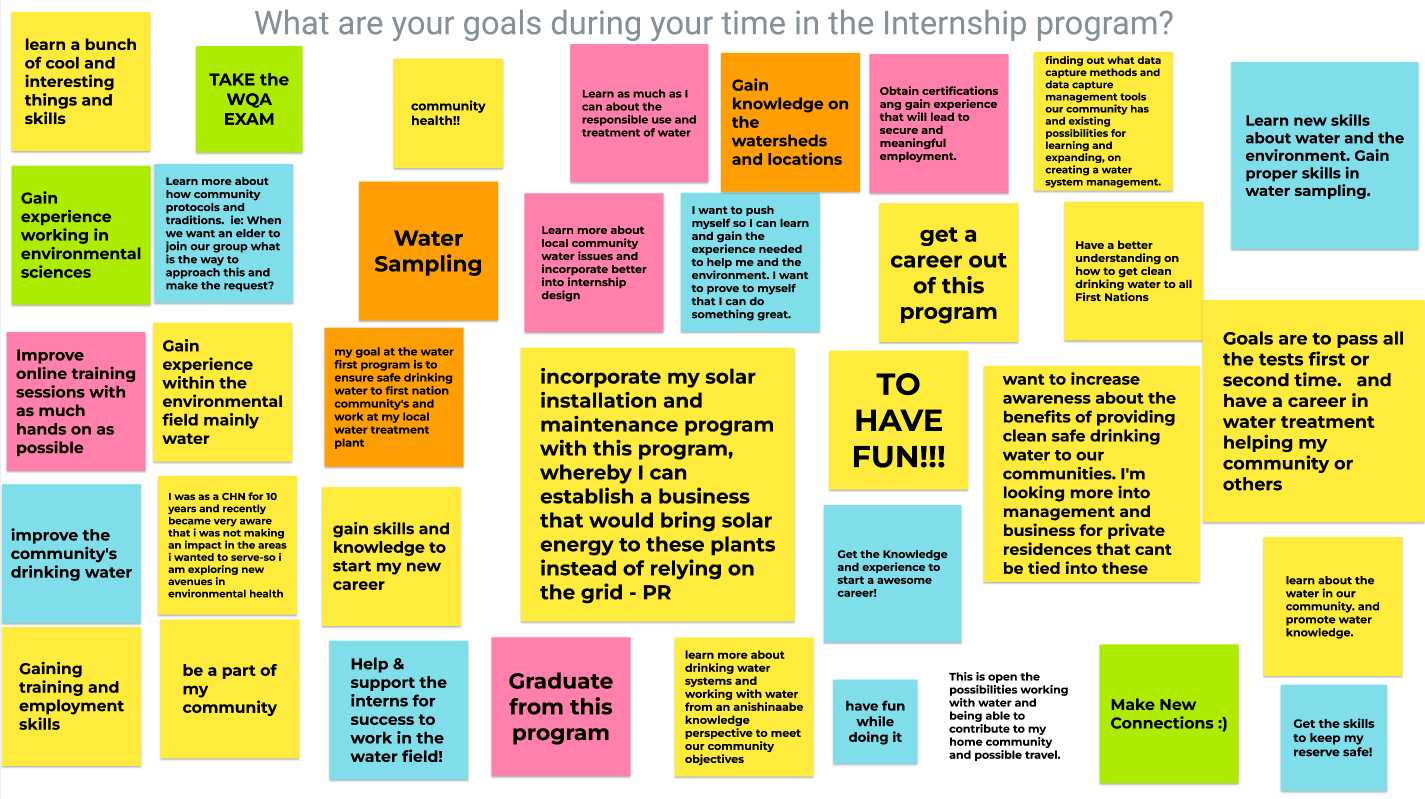

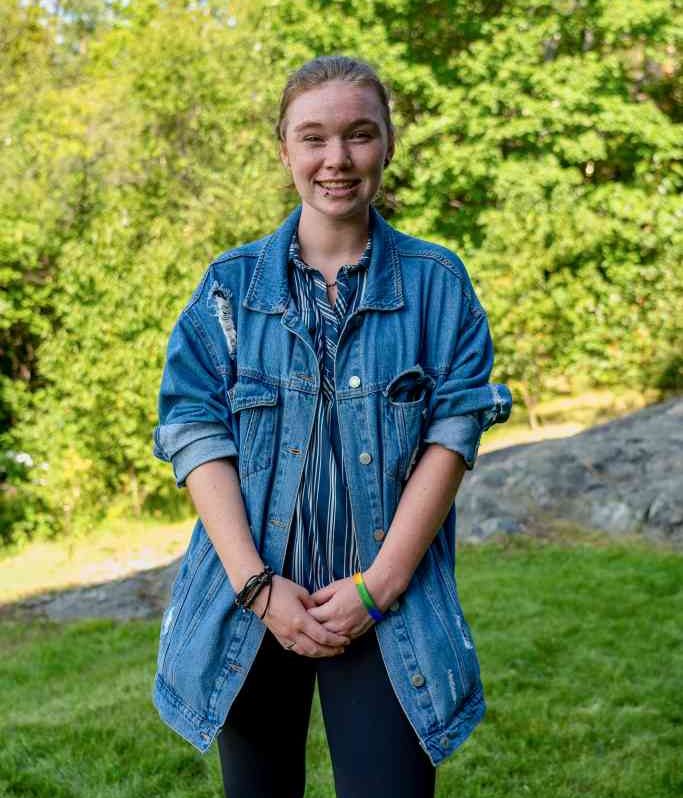
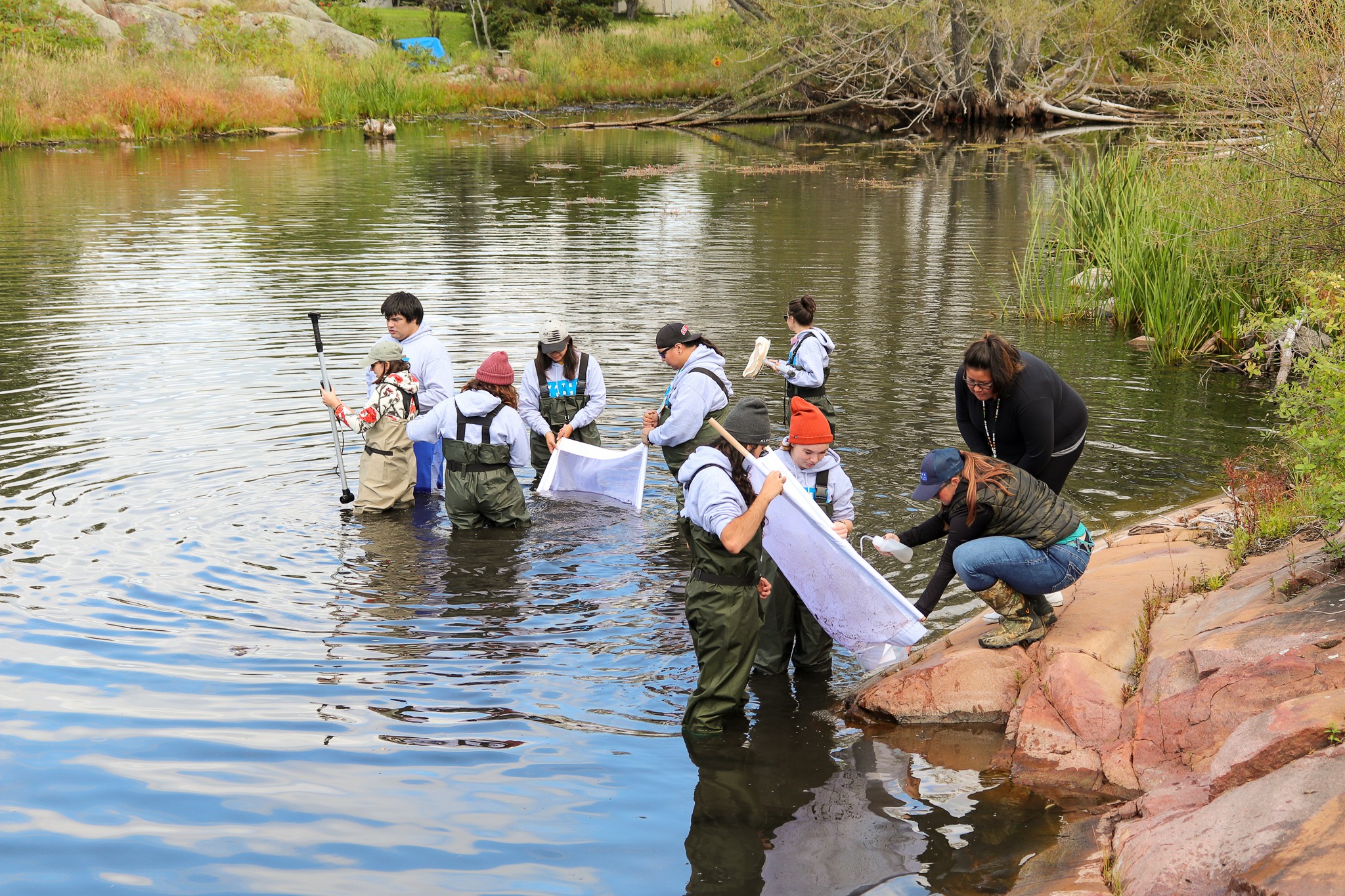
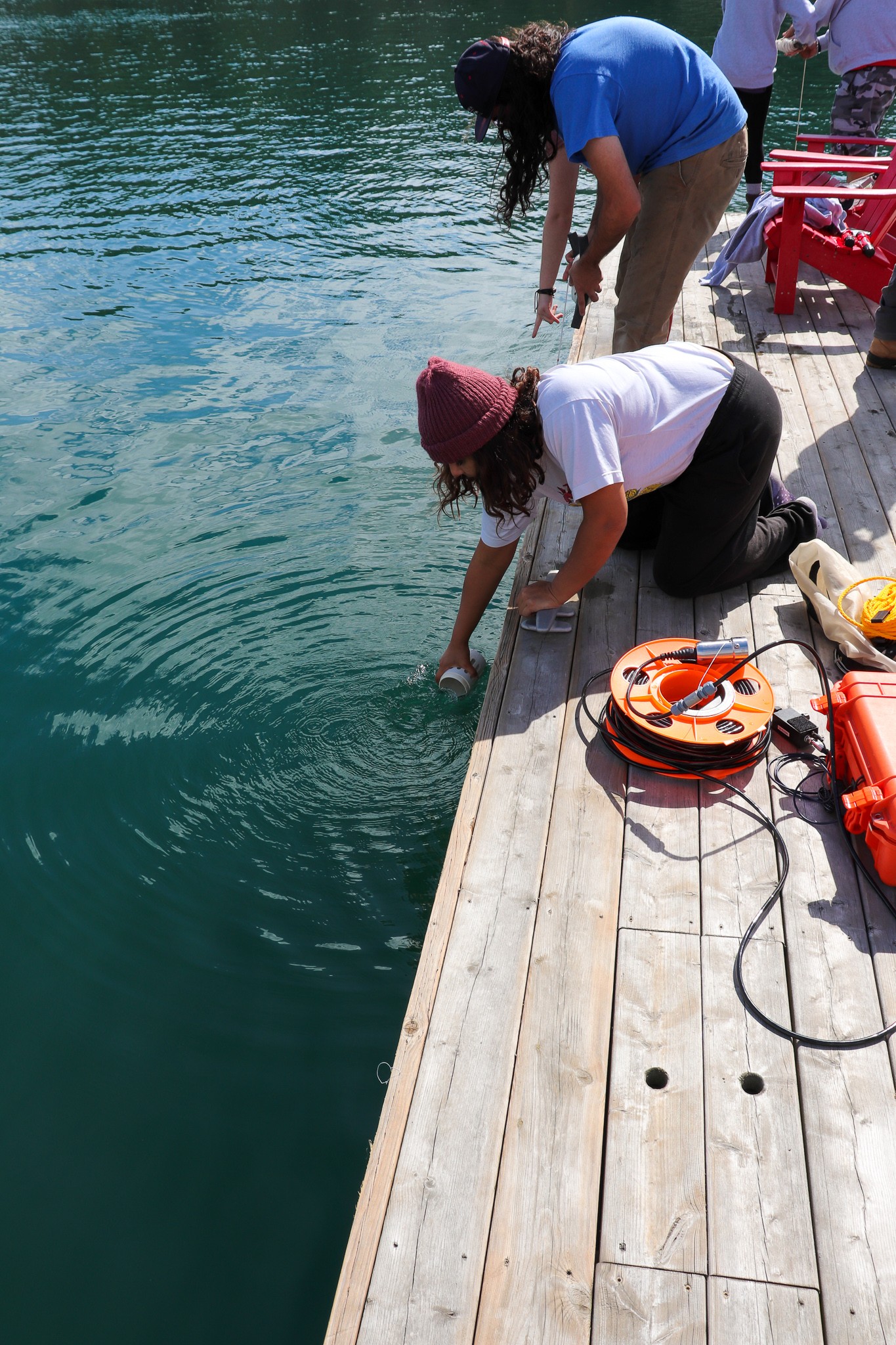

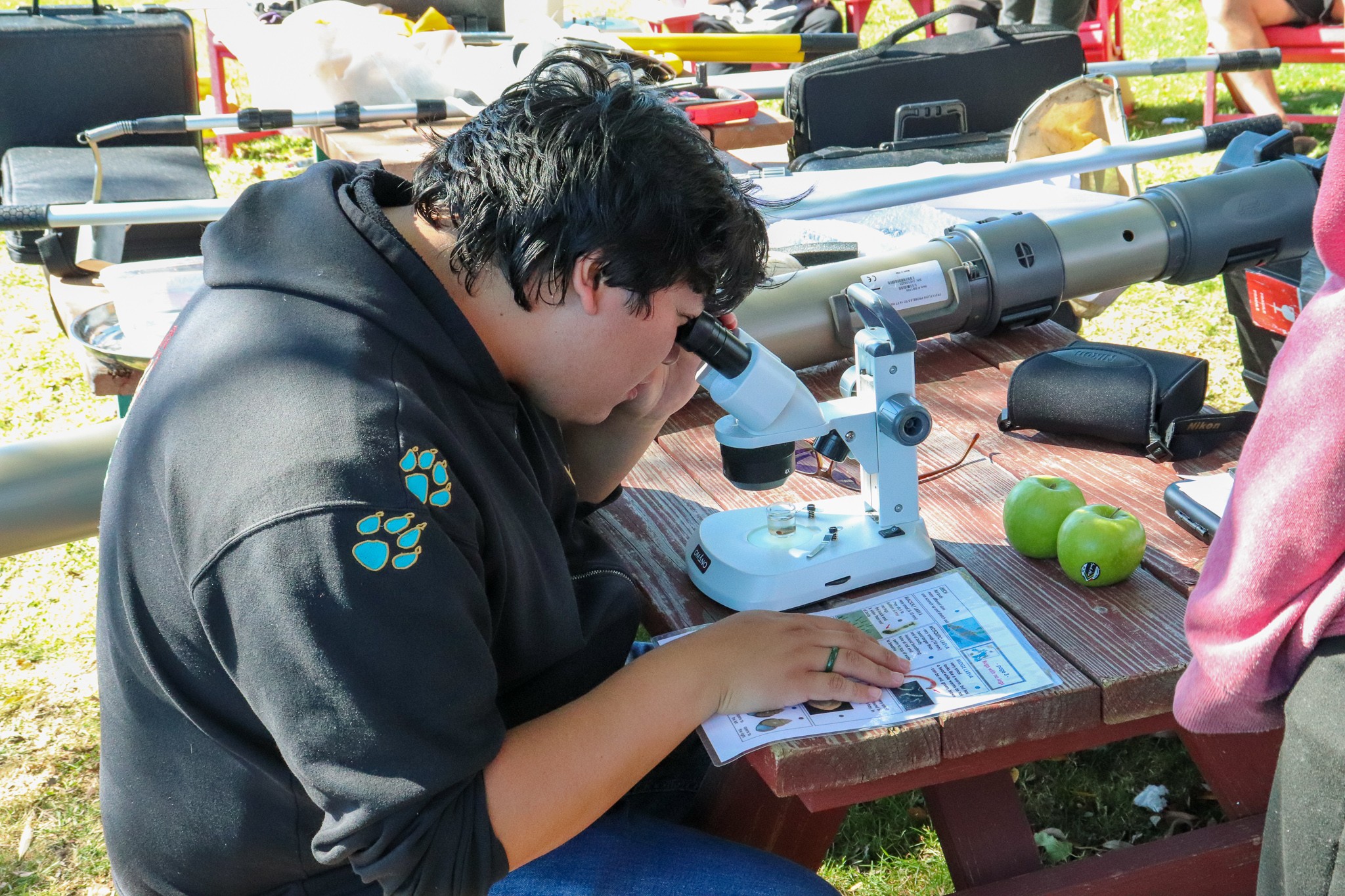
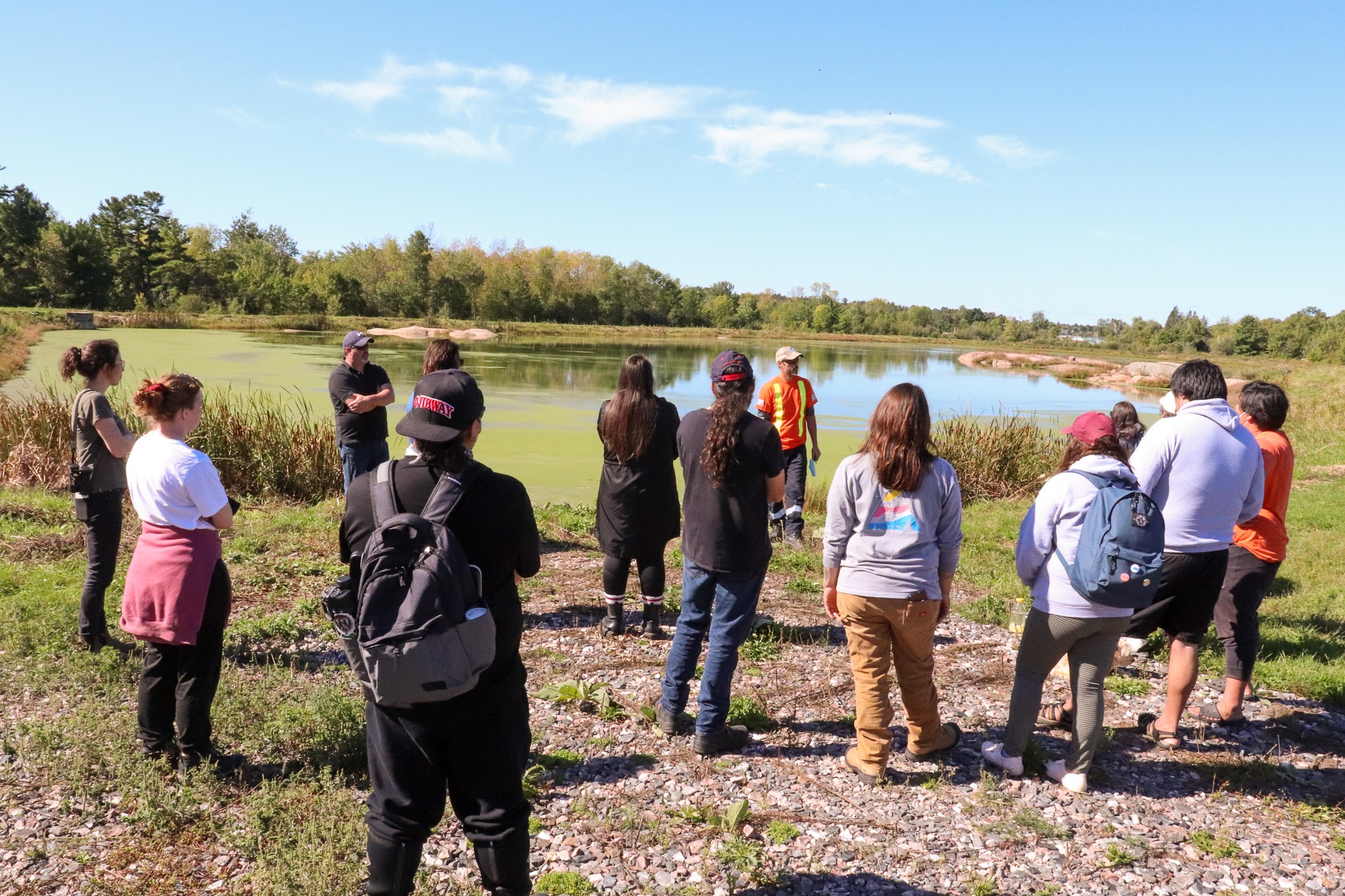
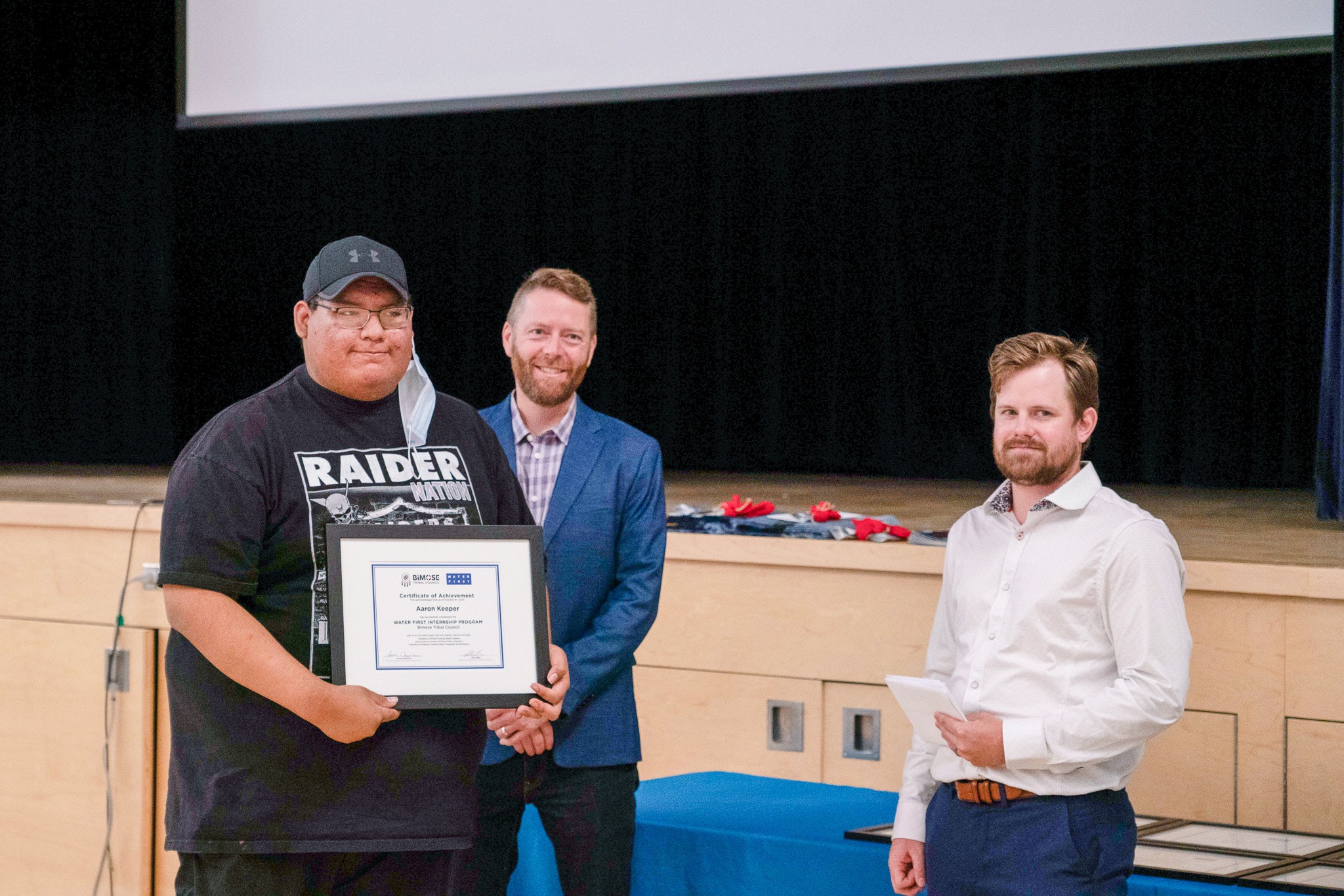
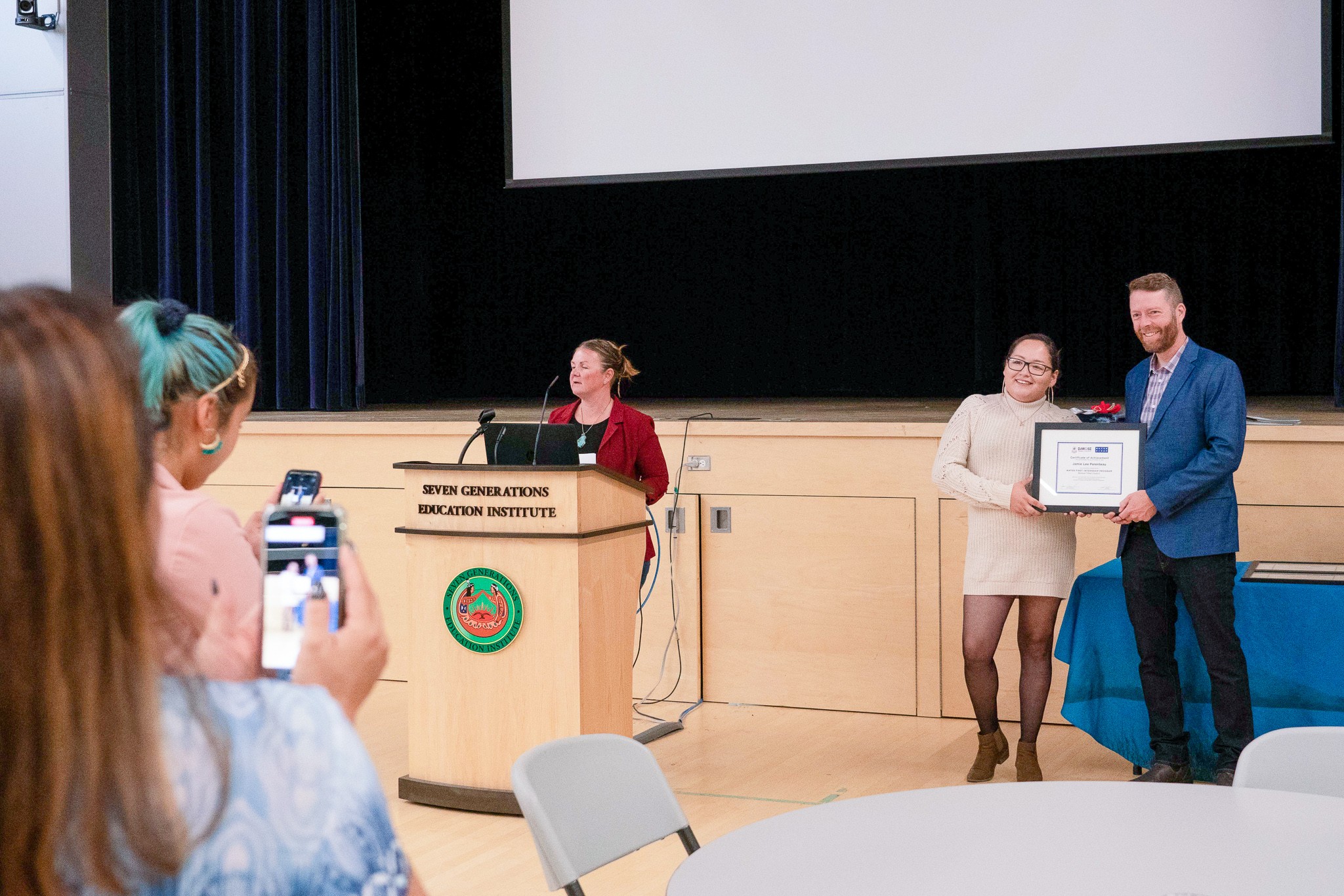
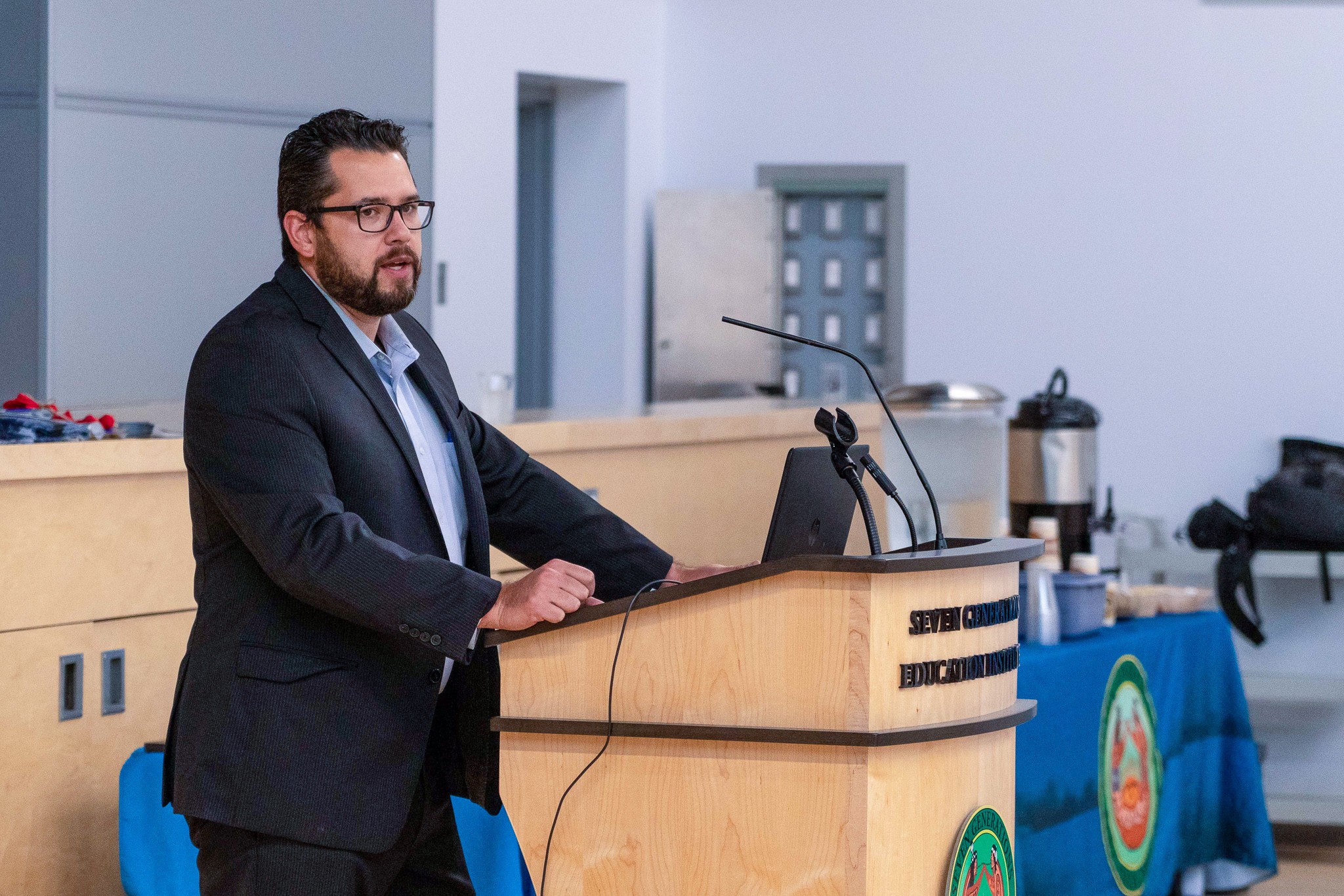
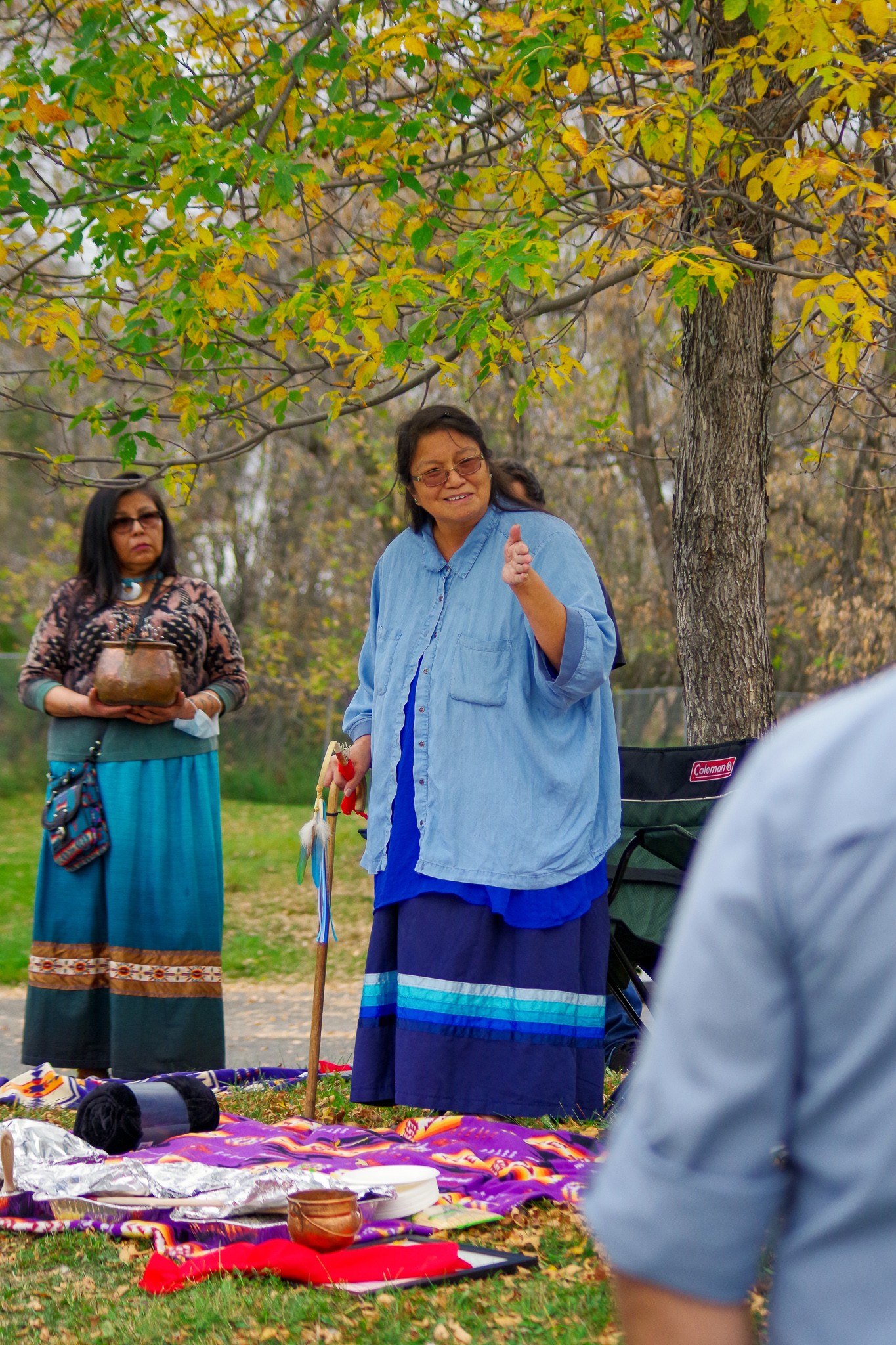
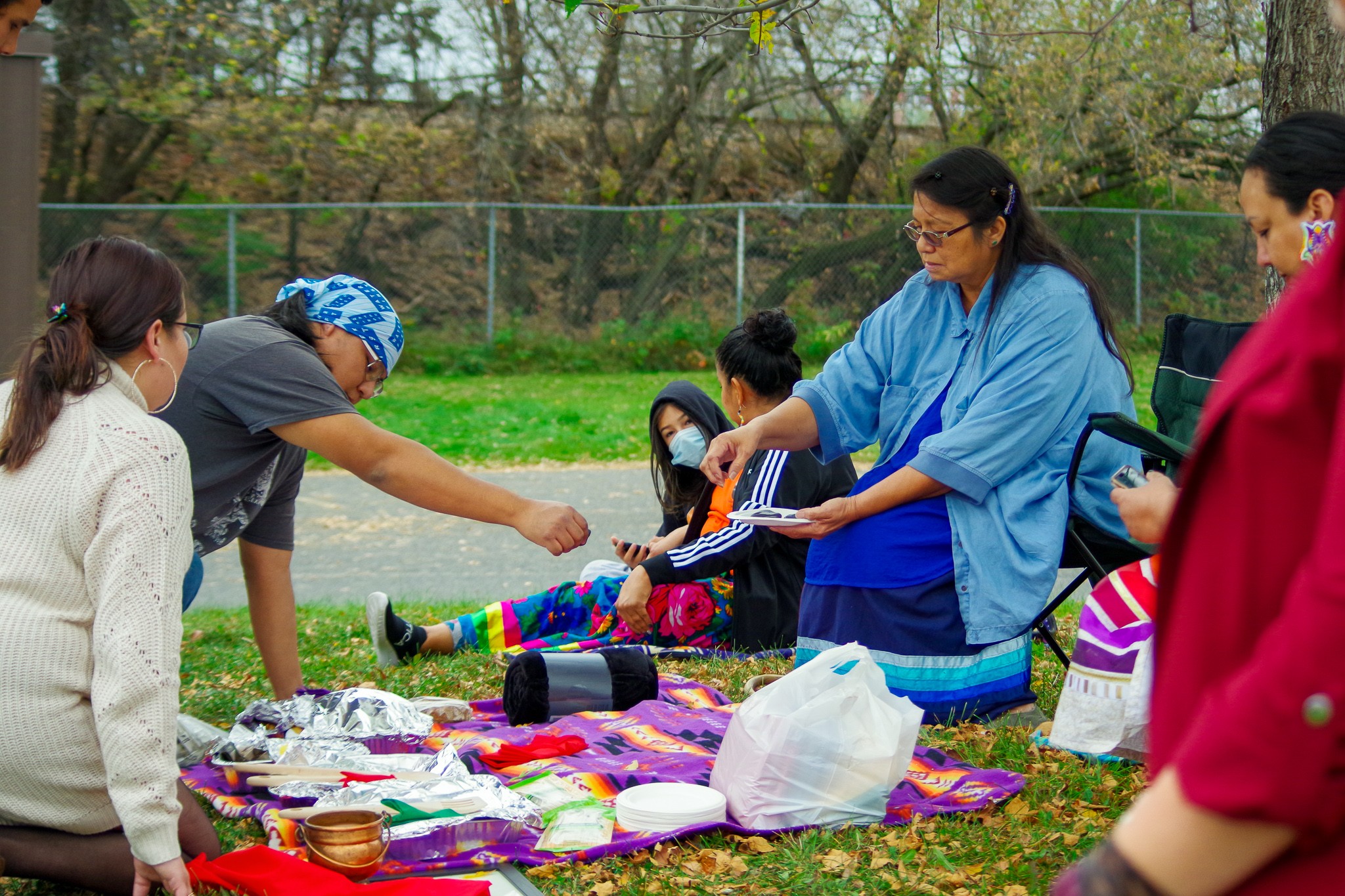
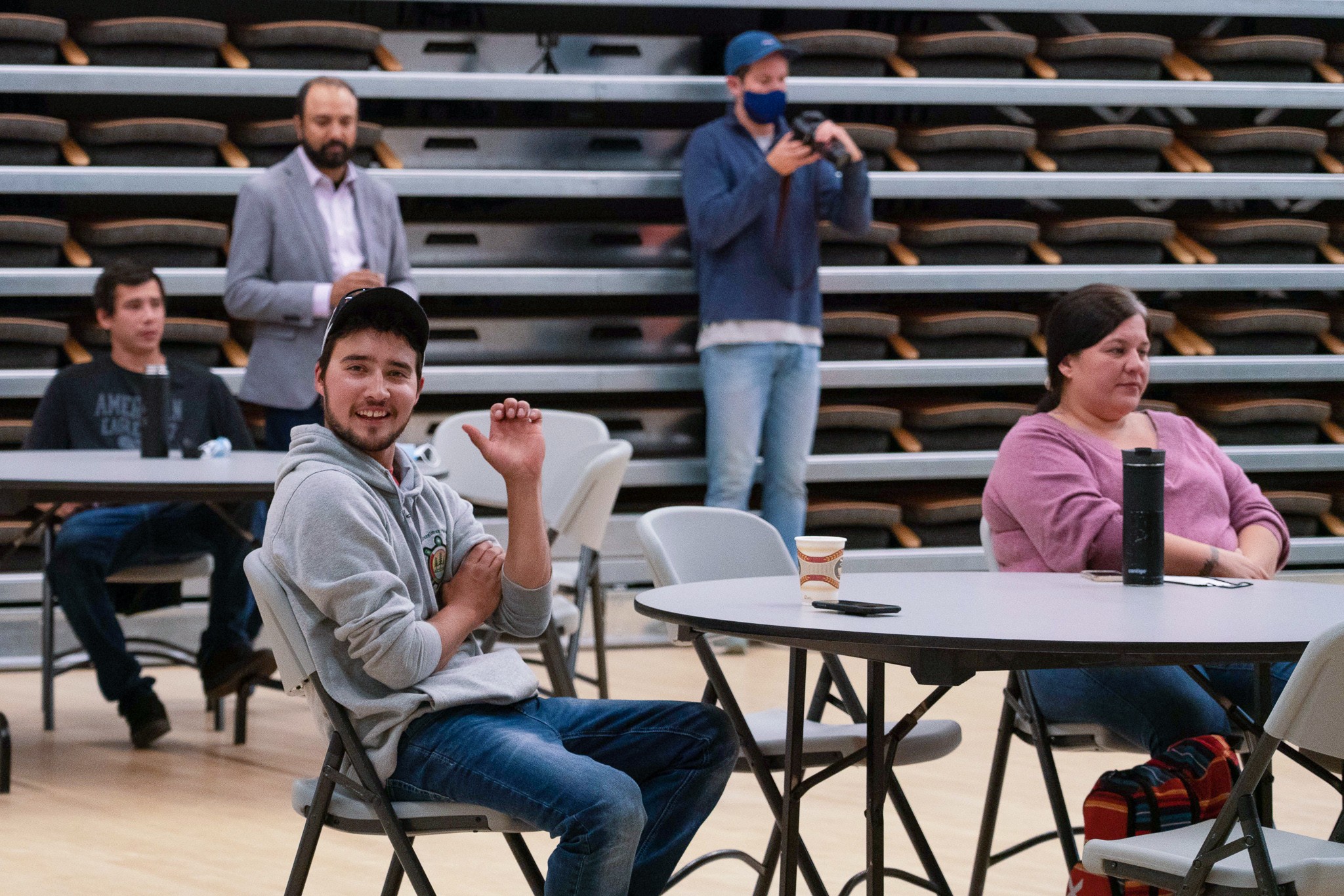
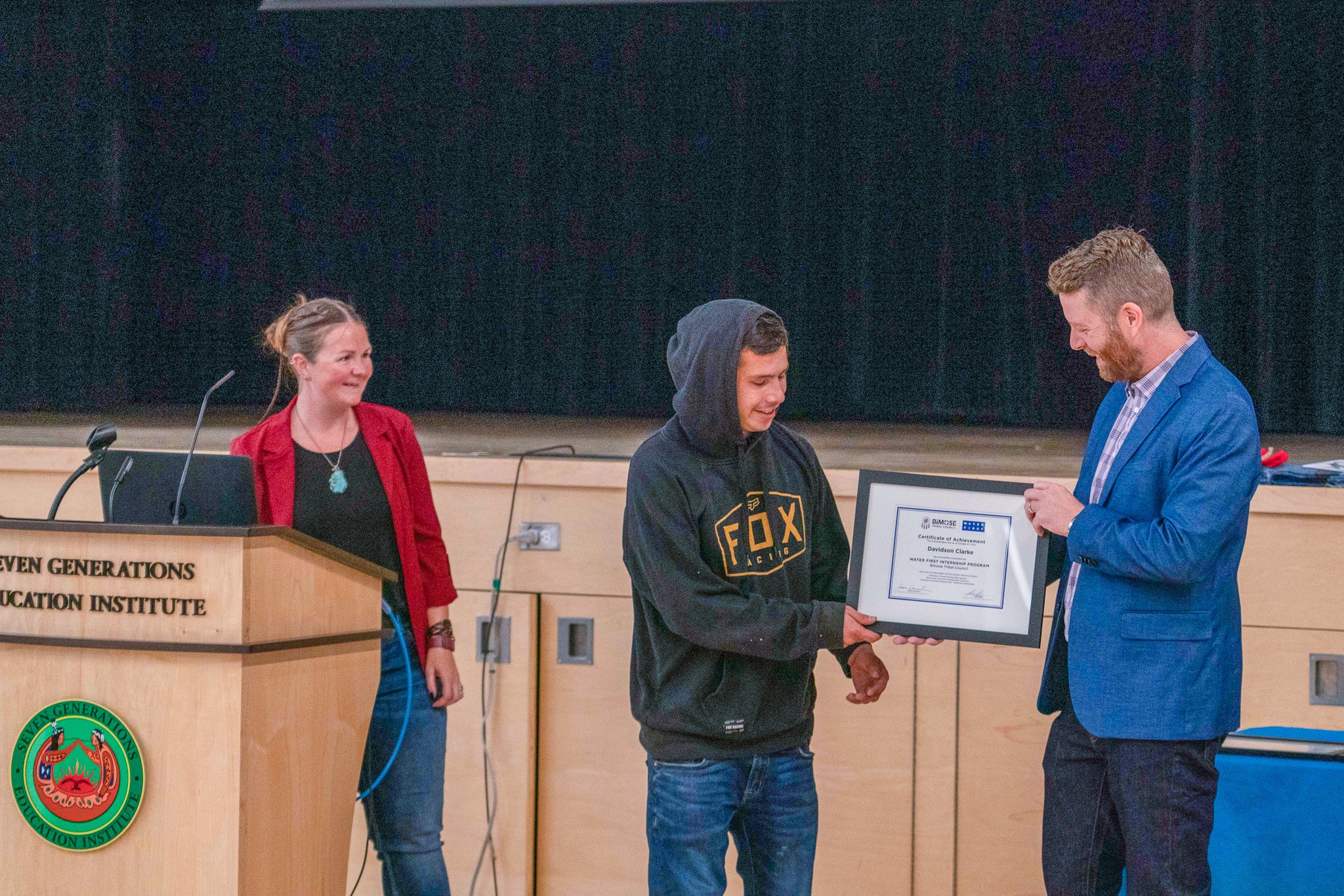
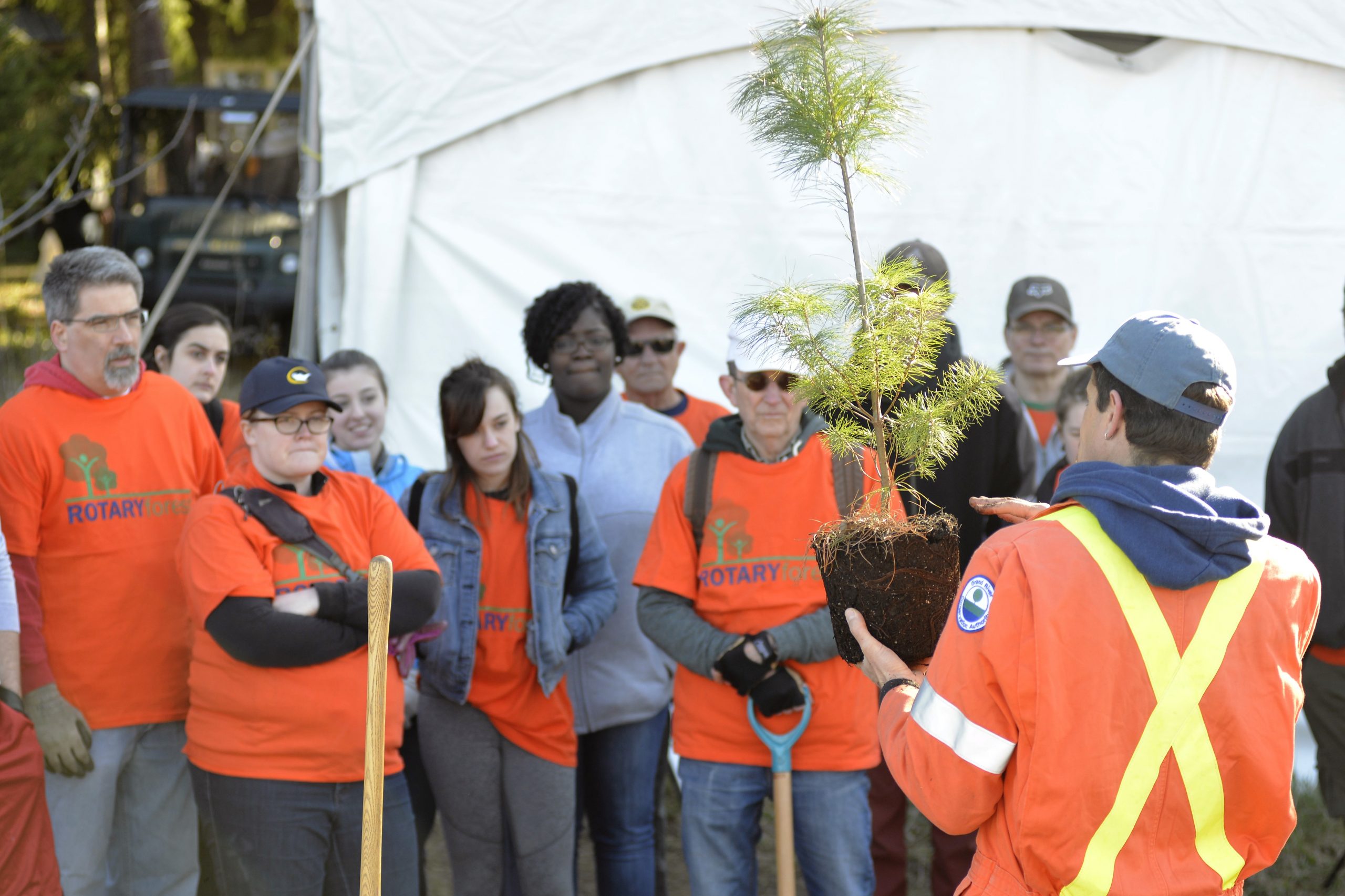
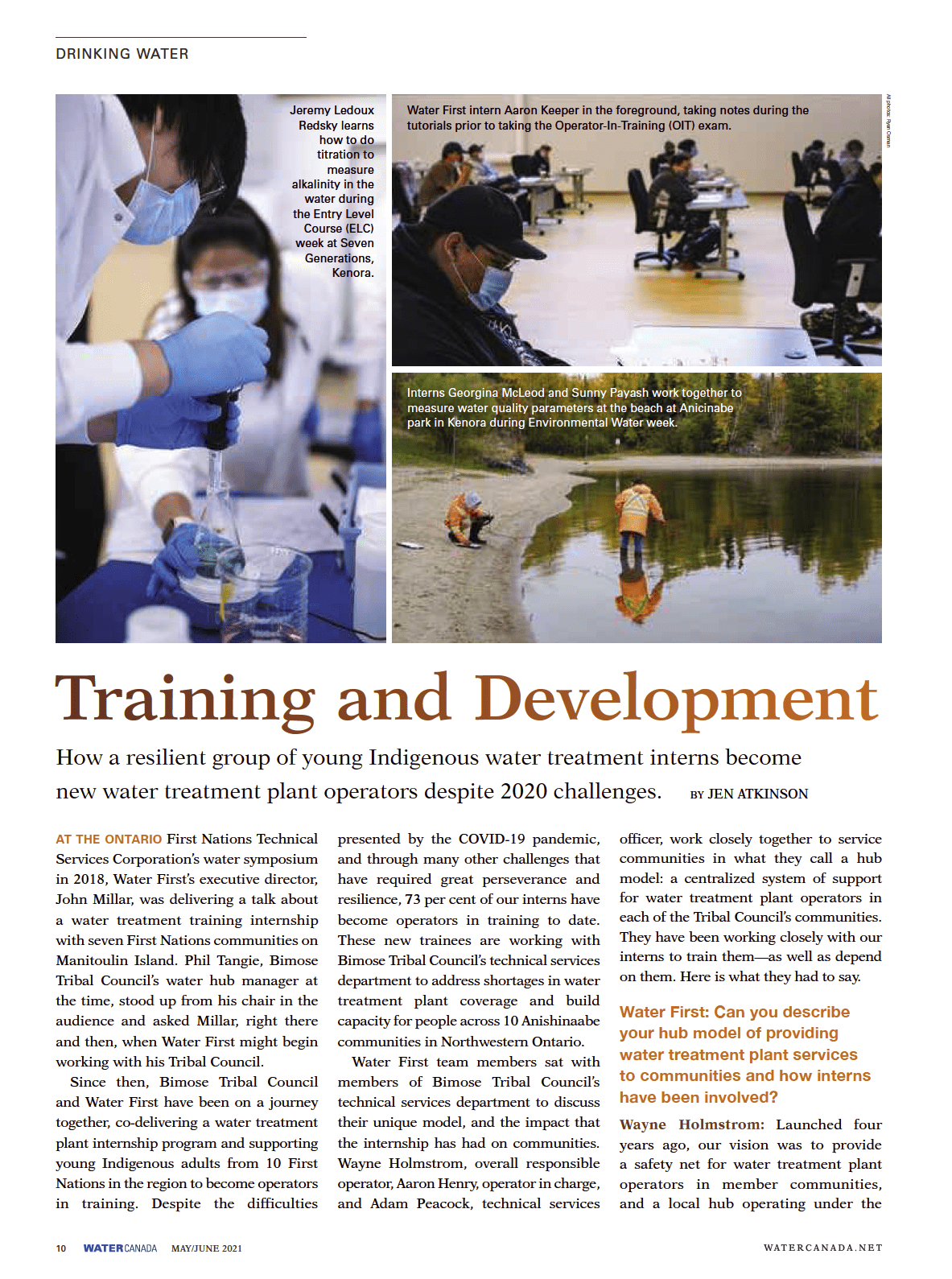

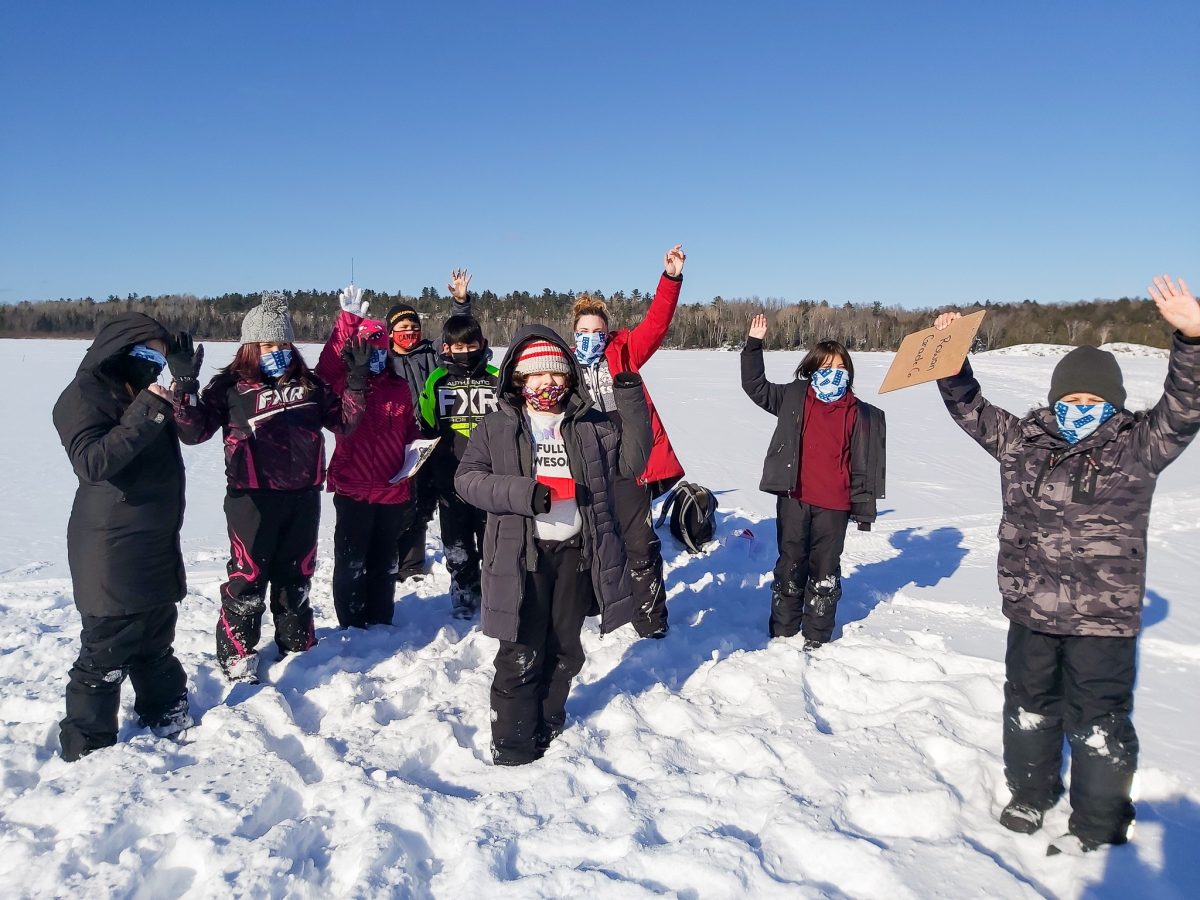
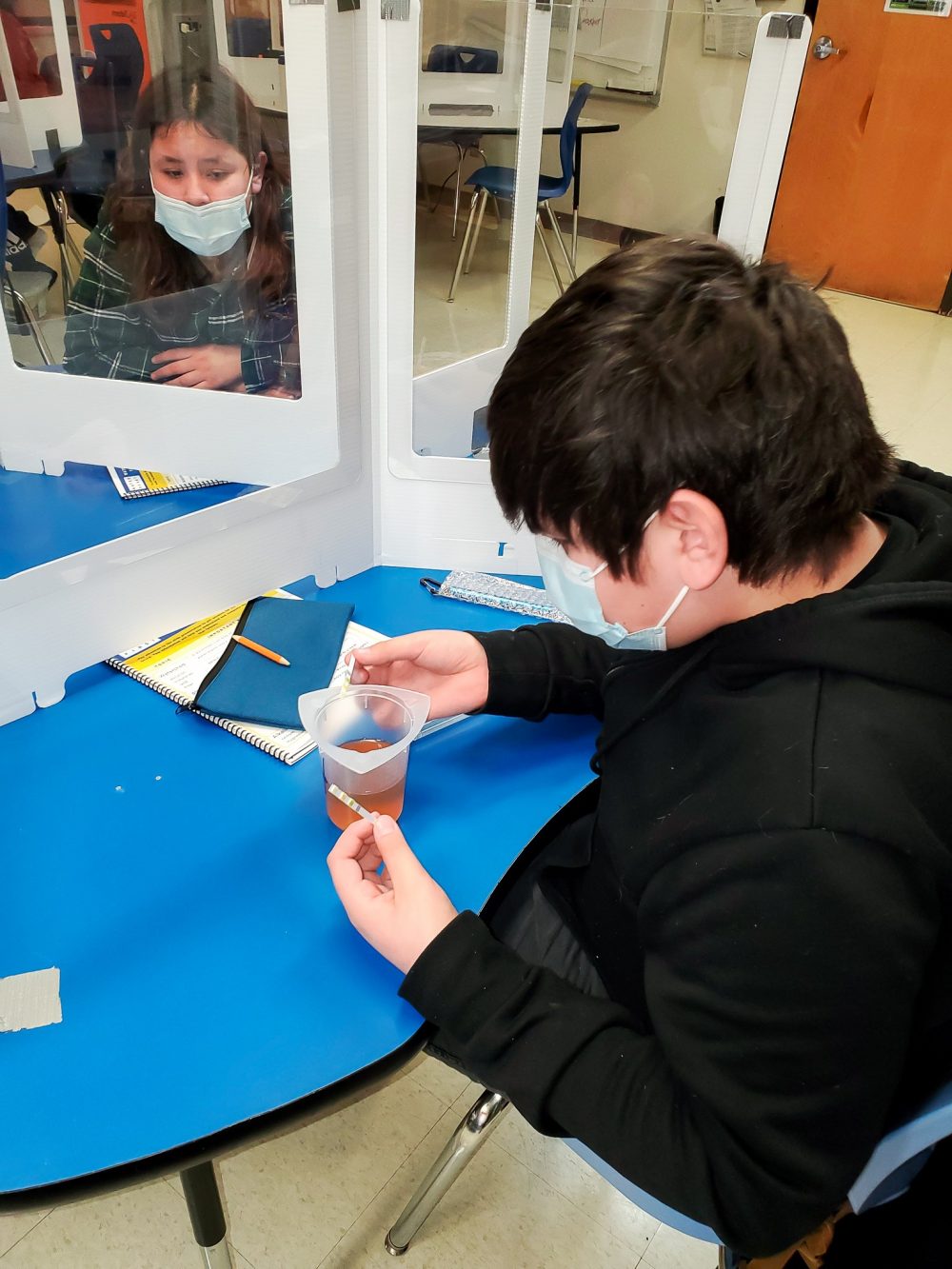
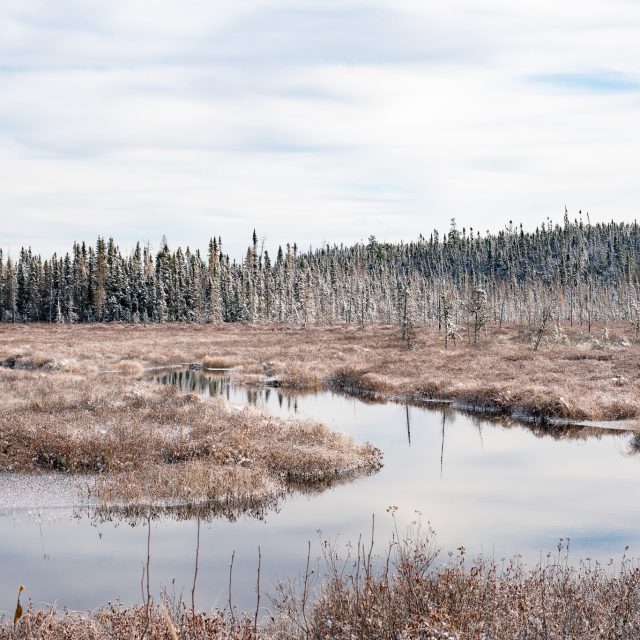
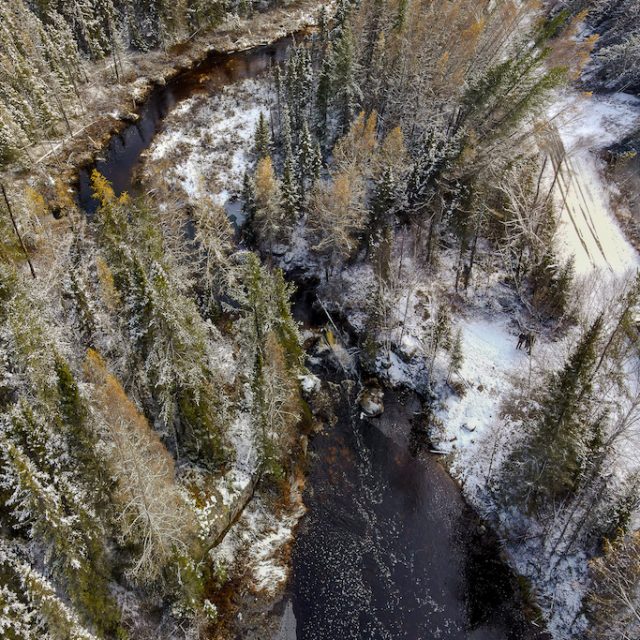
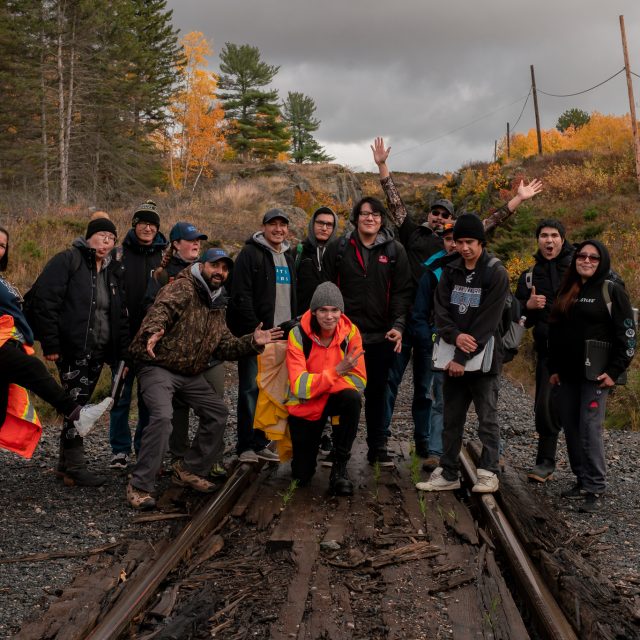
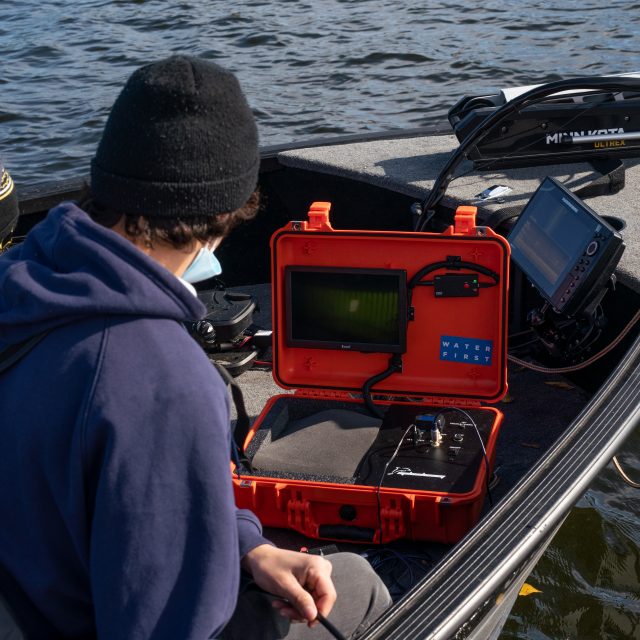
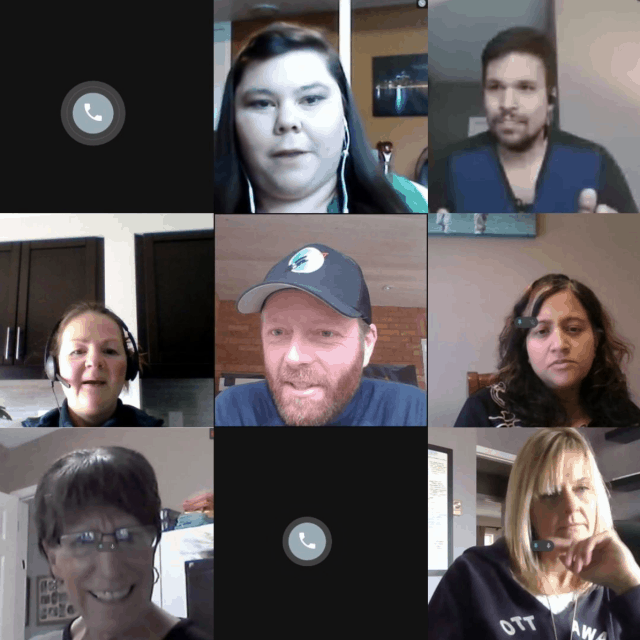
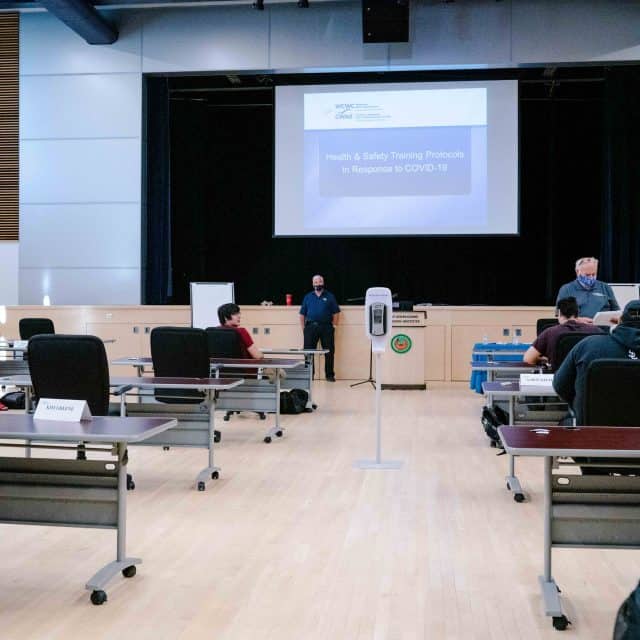
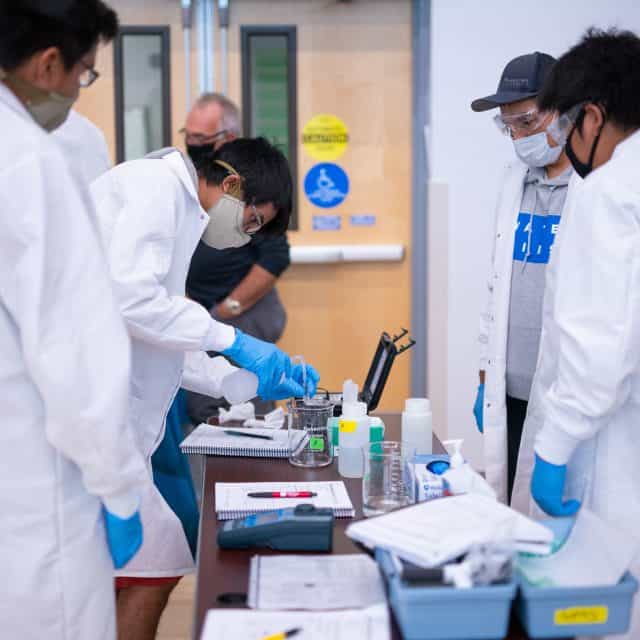
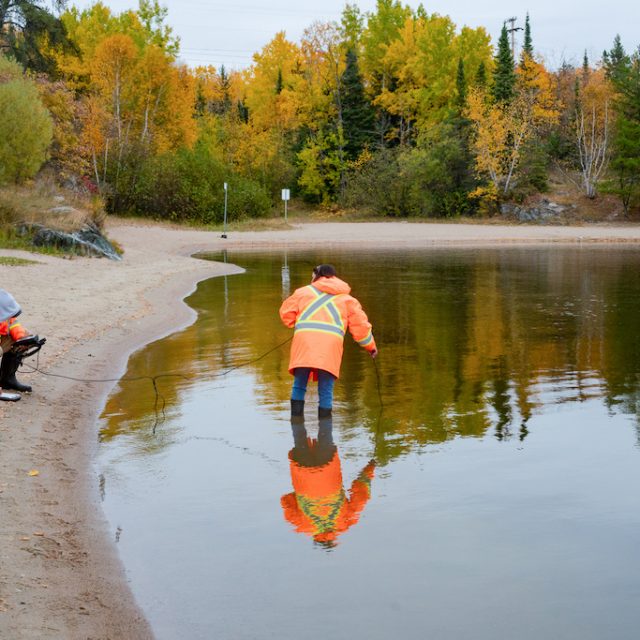
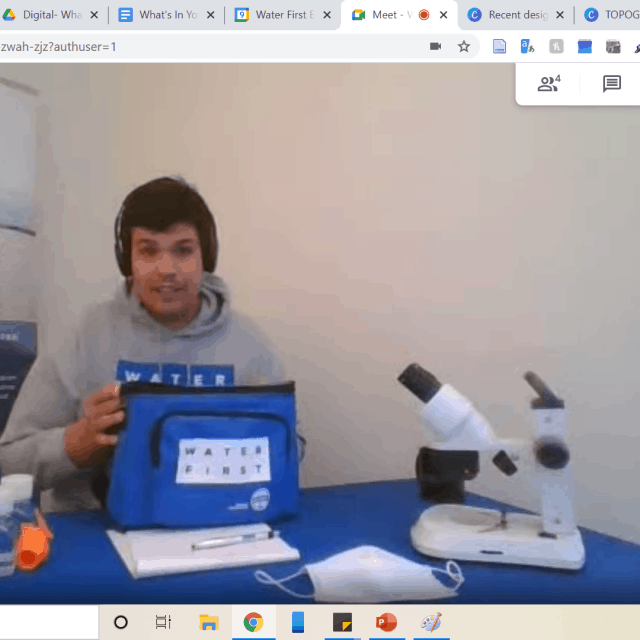
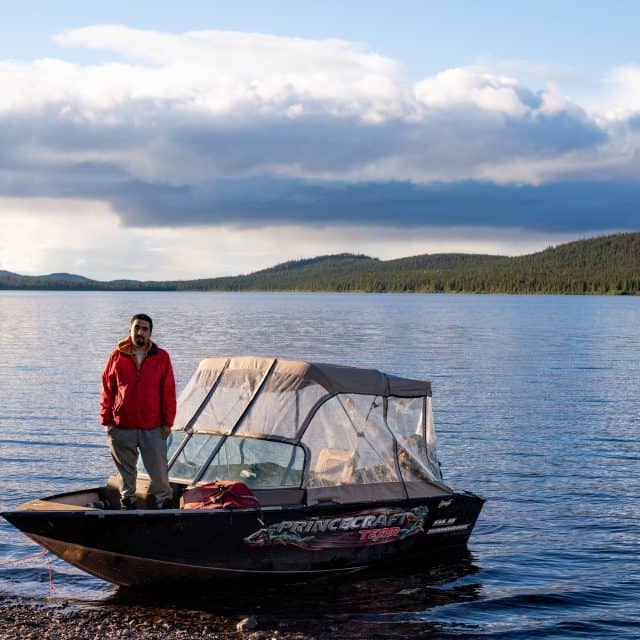
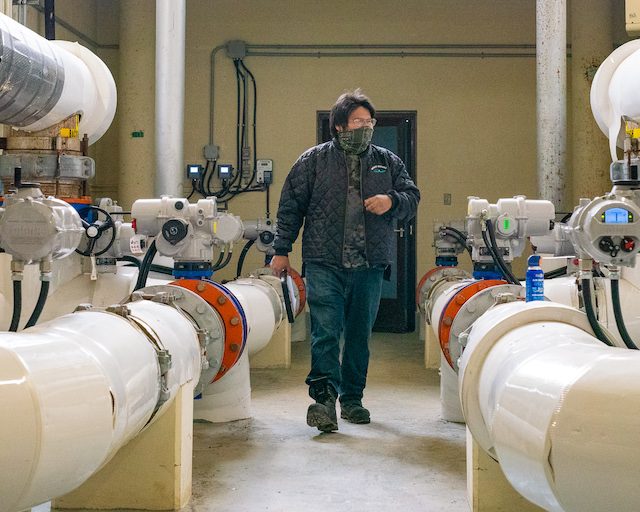
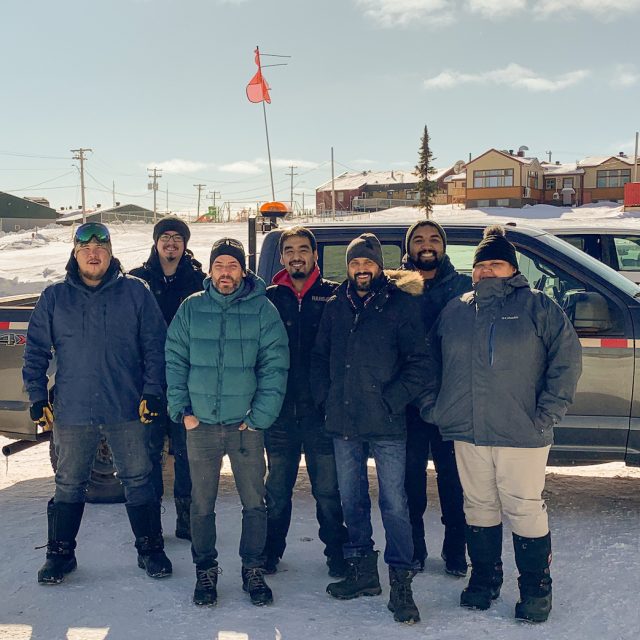
 After postponing all community visits, we
After postponing all community visits, we 